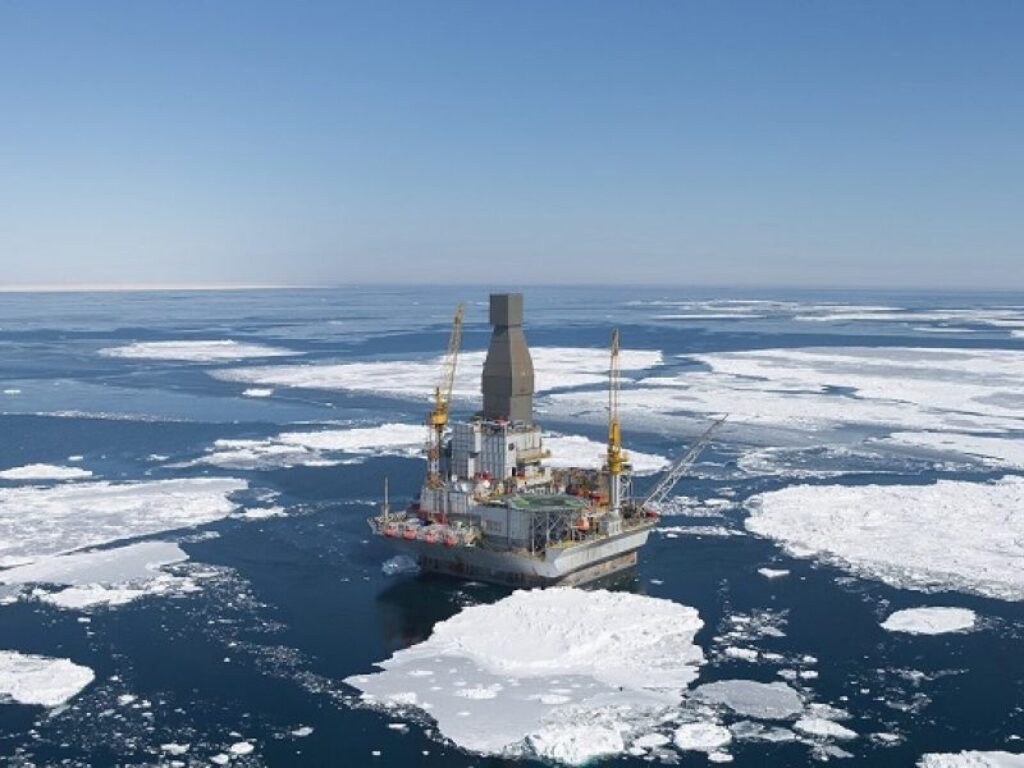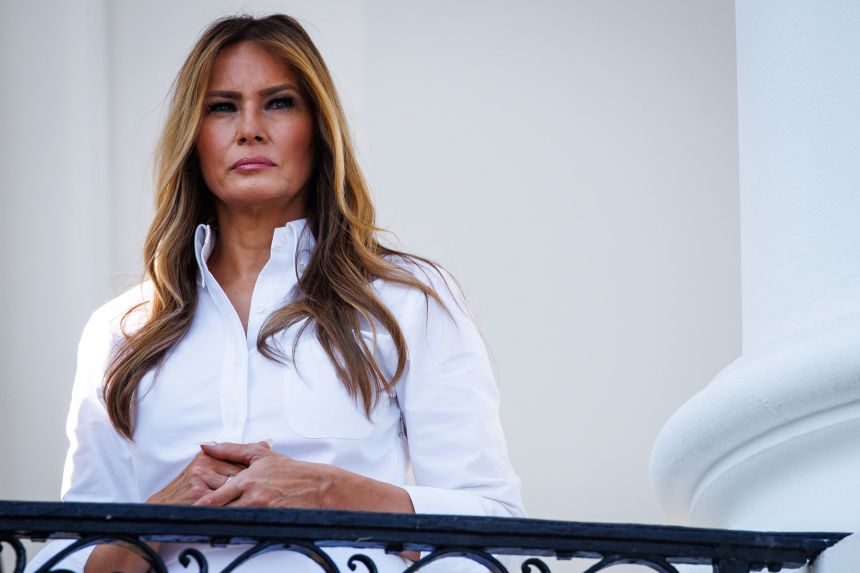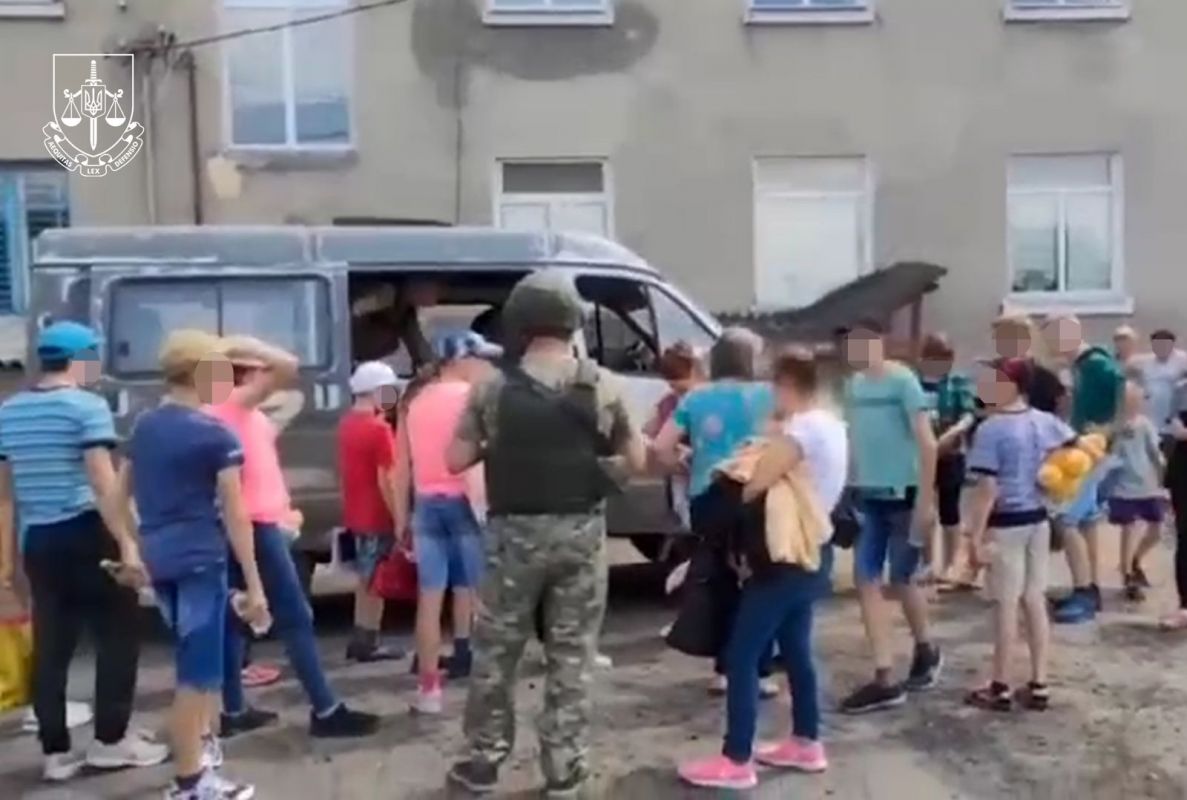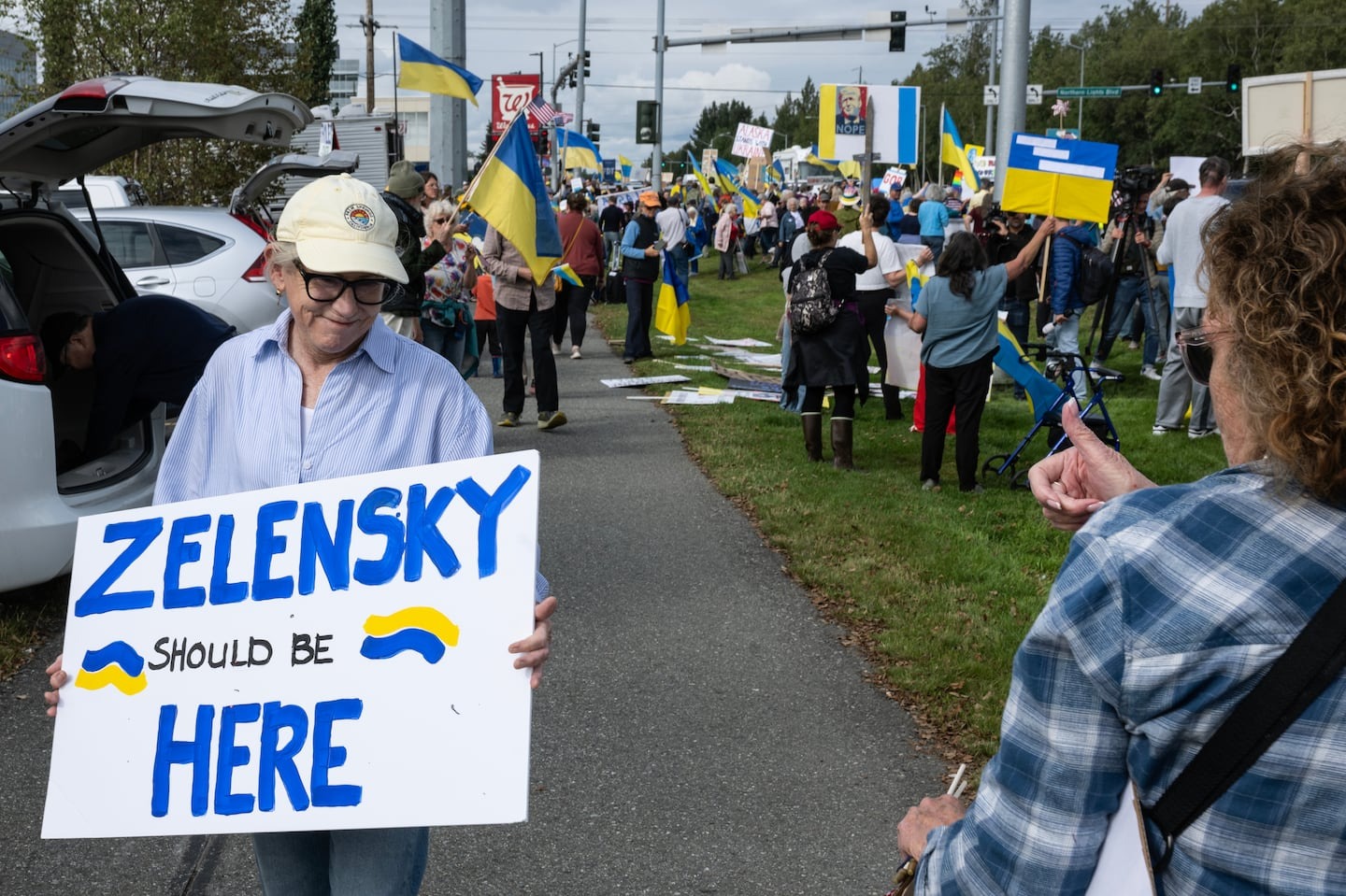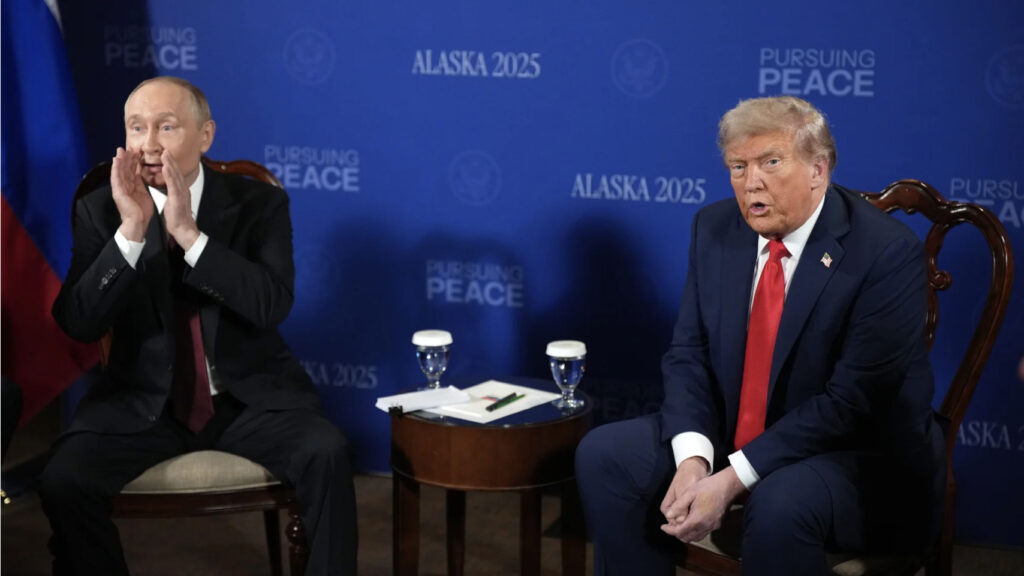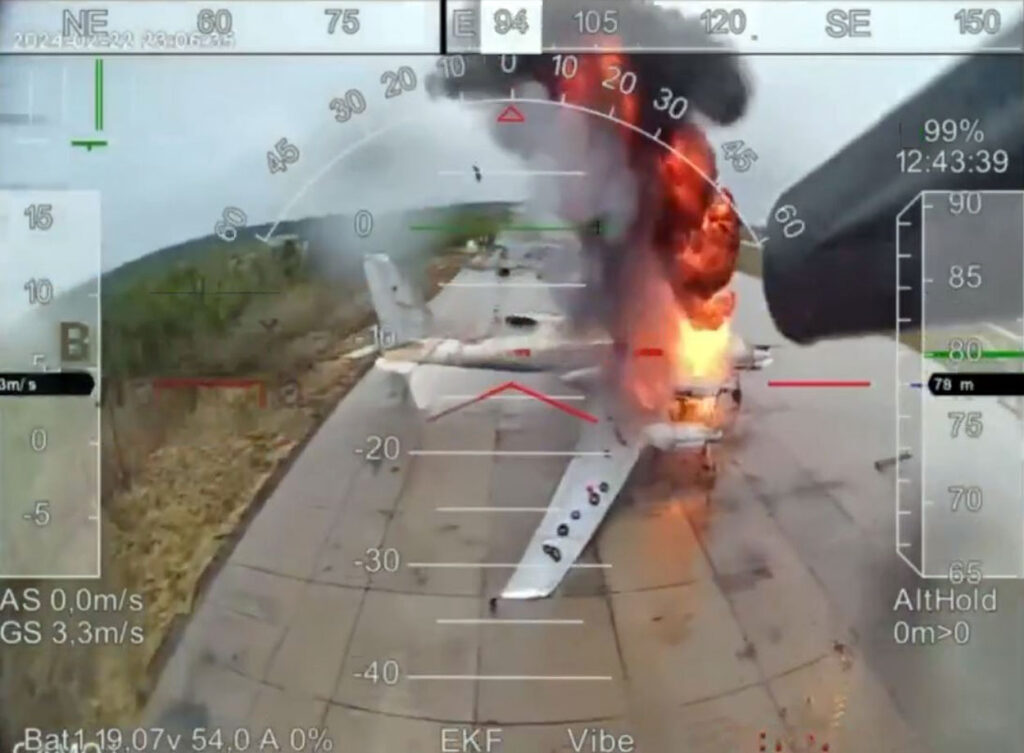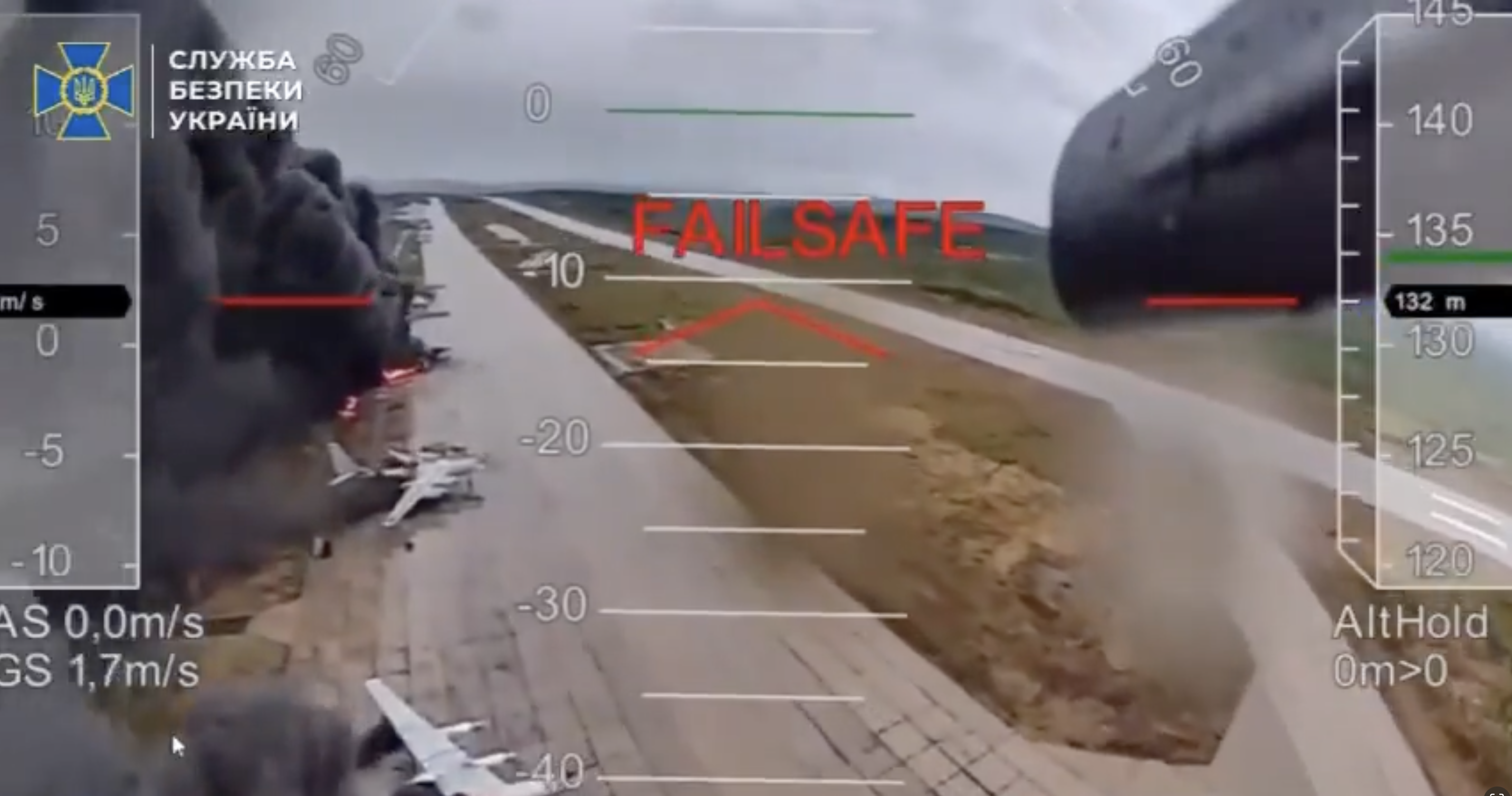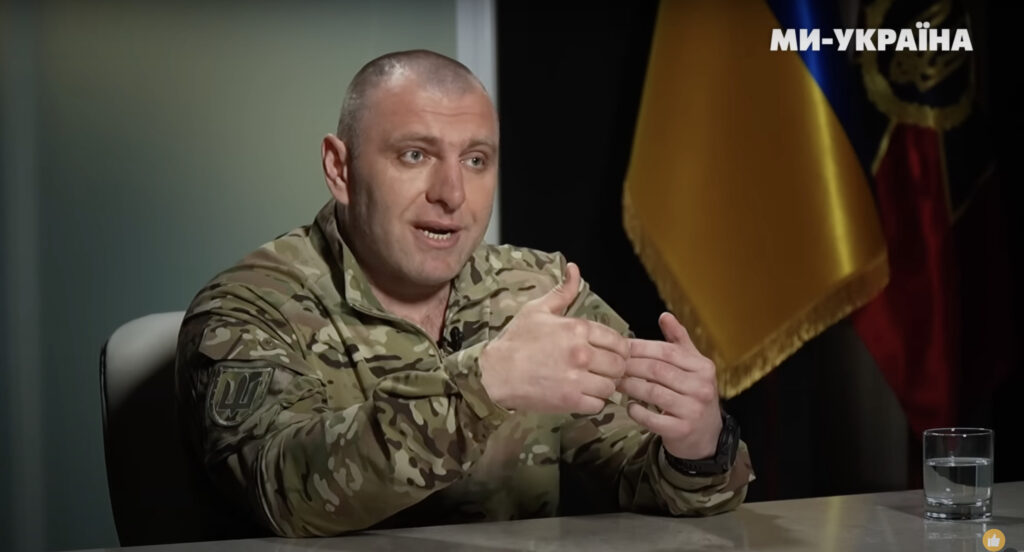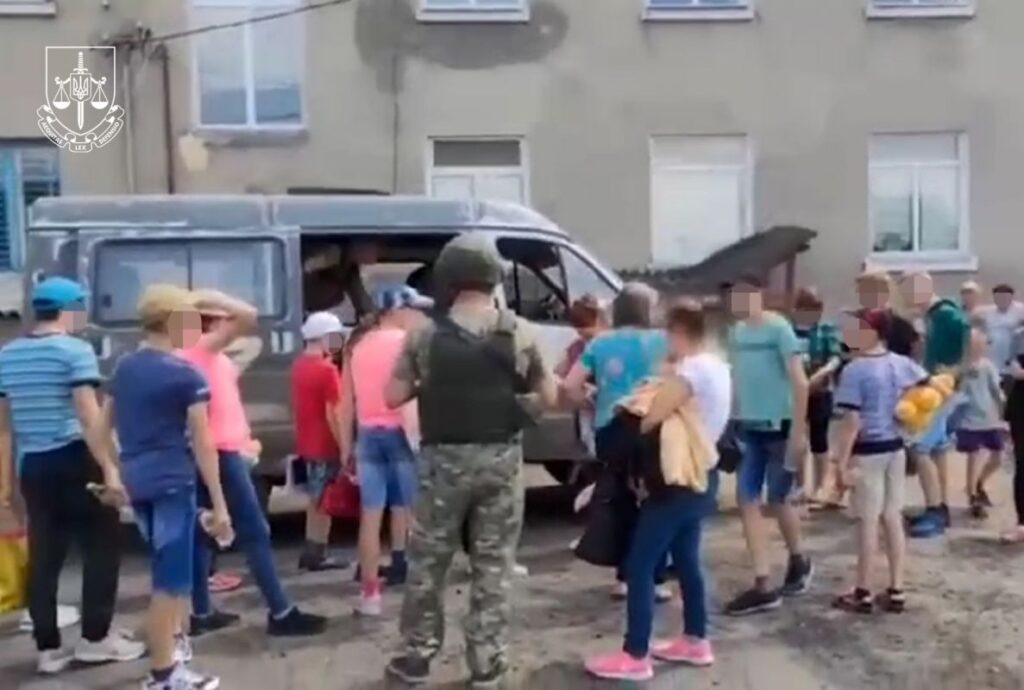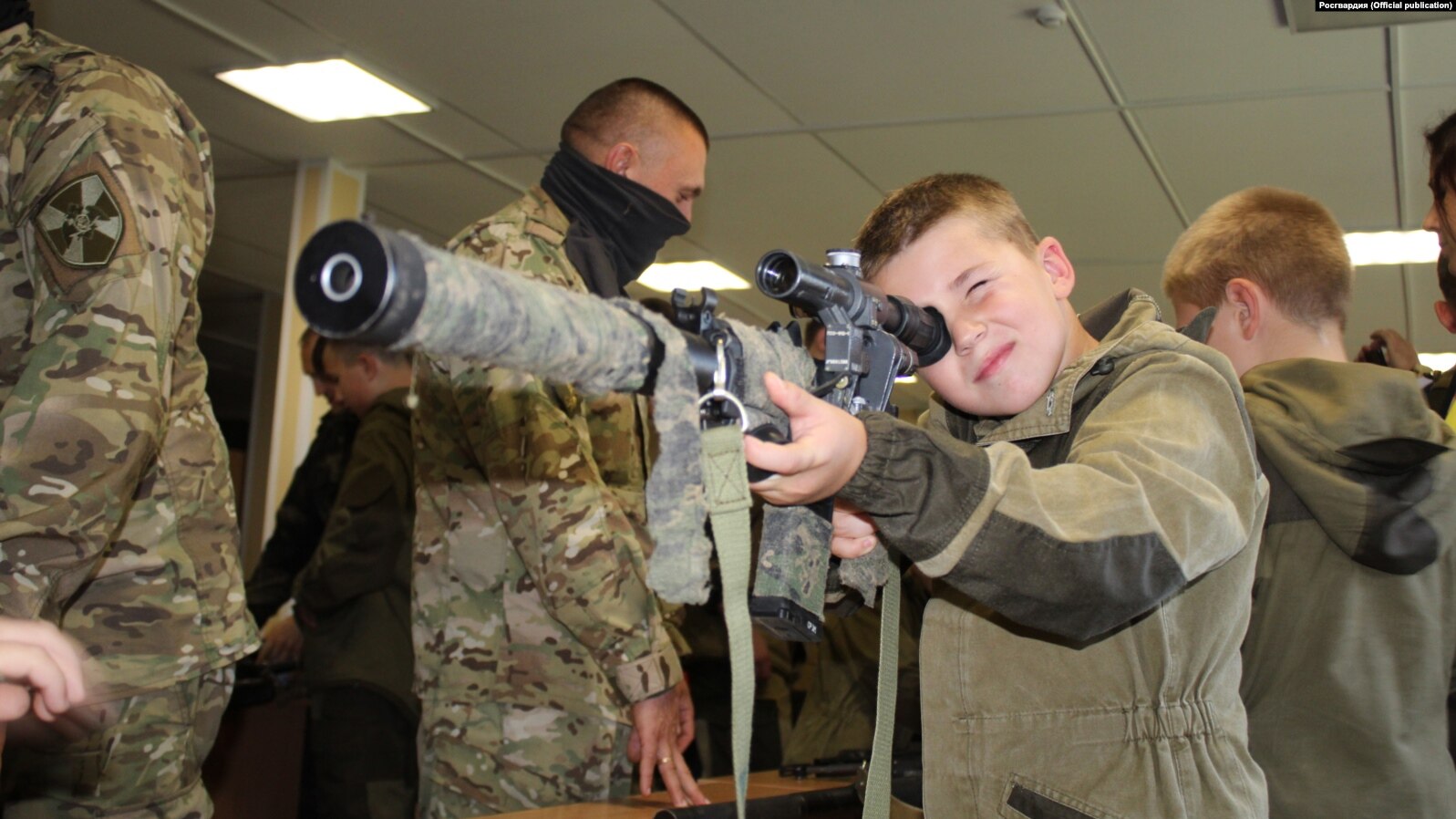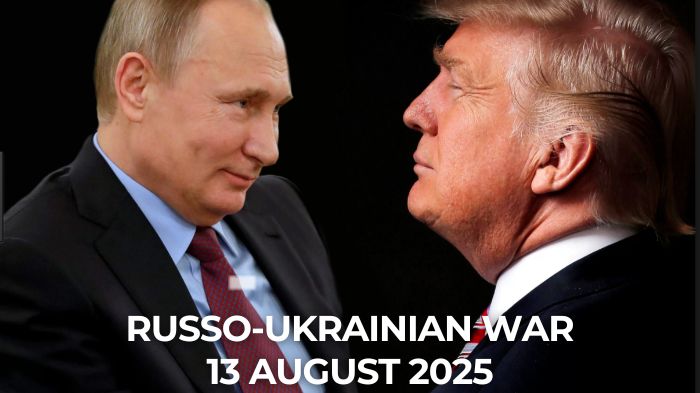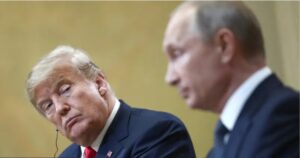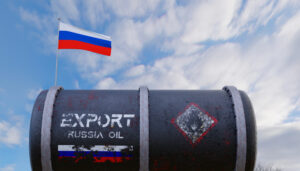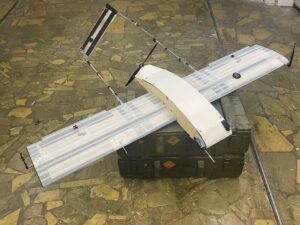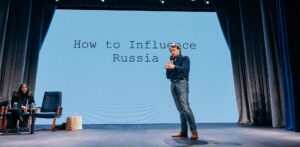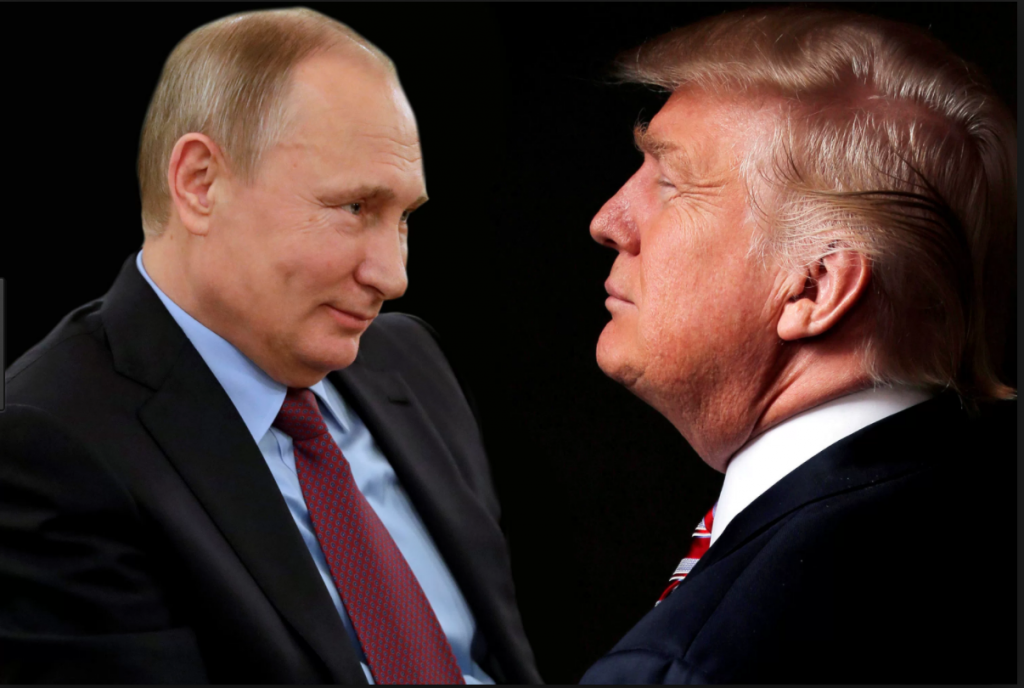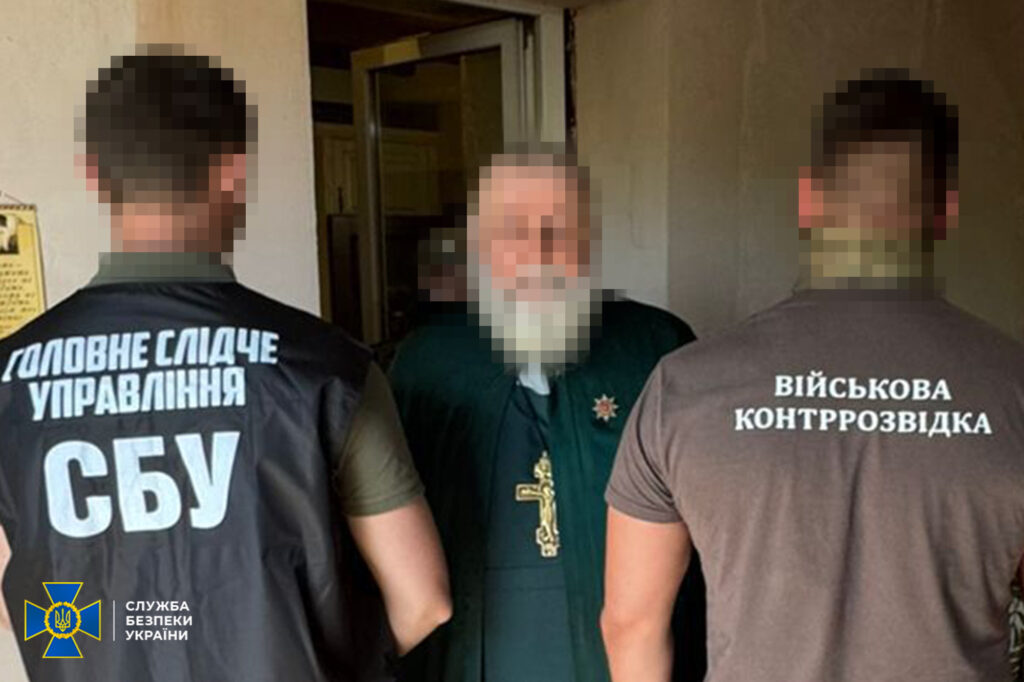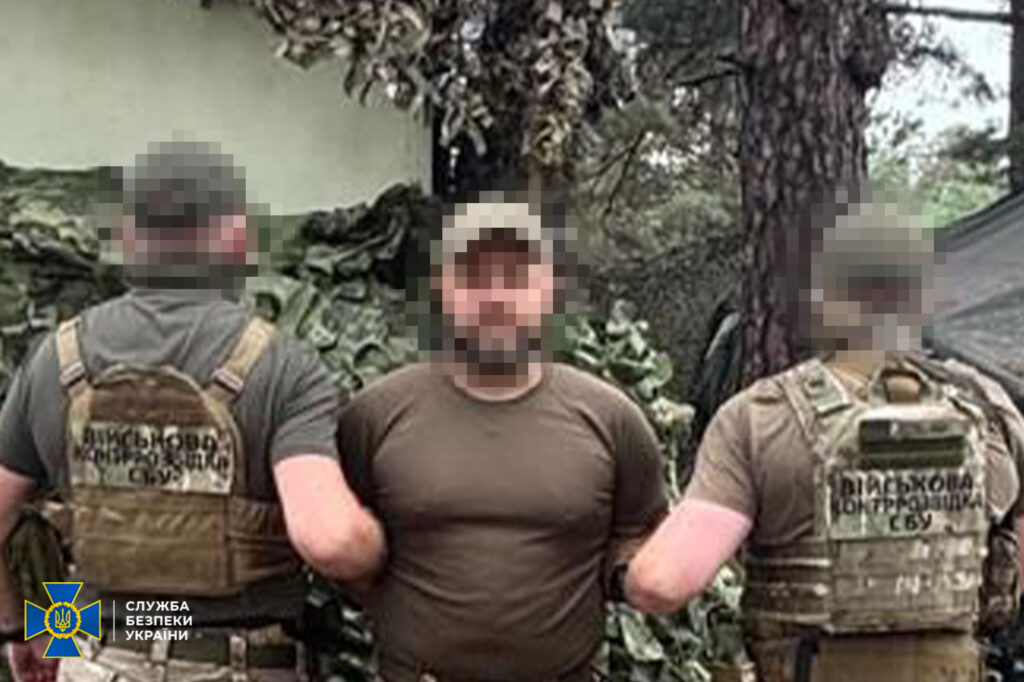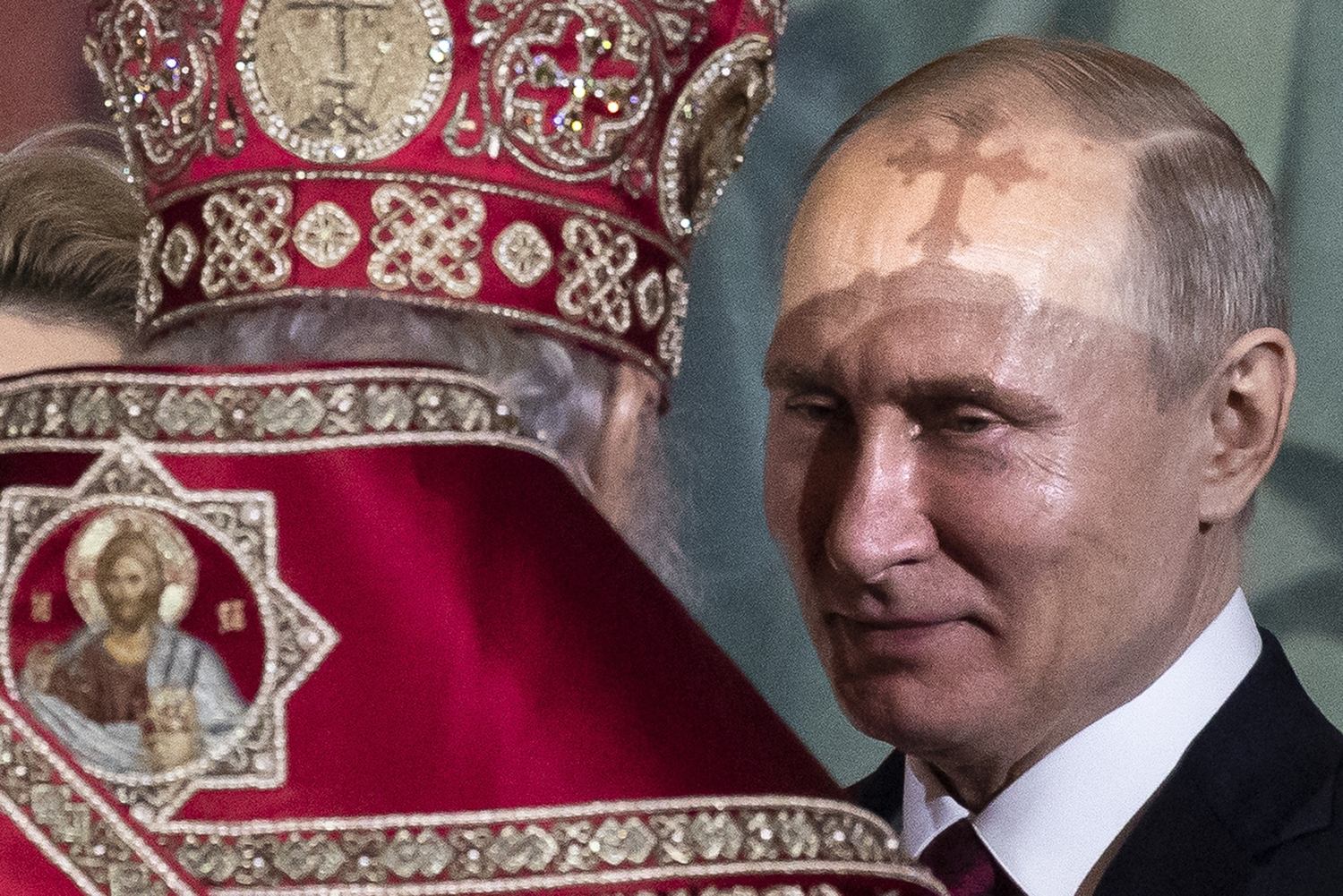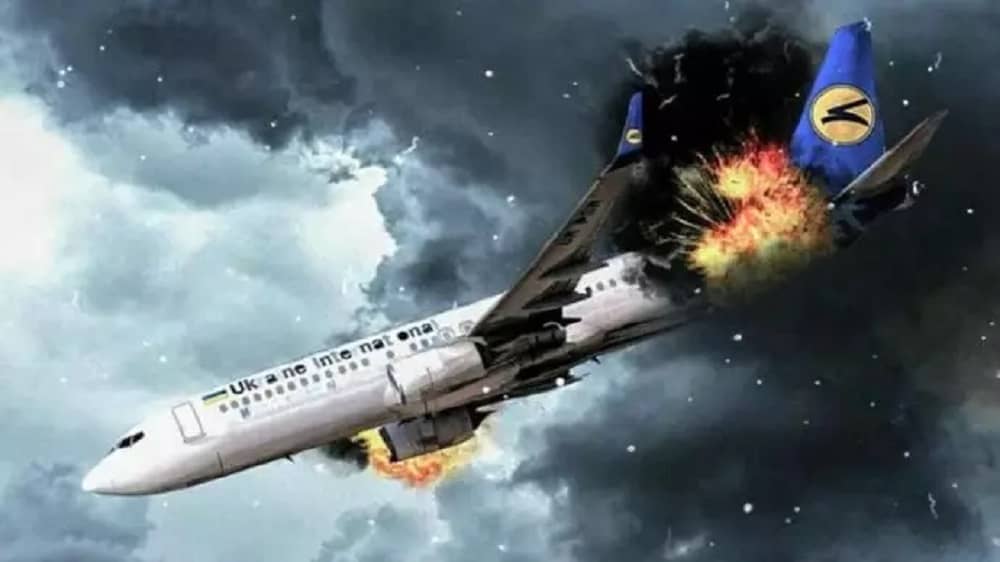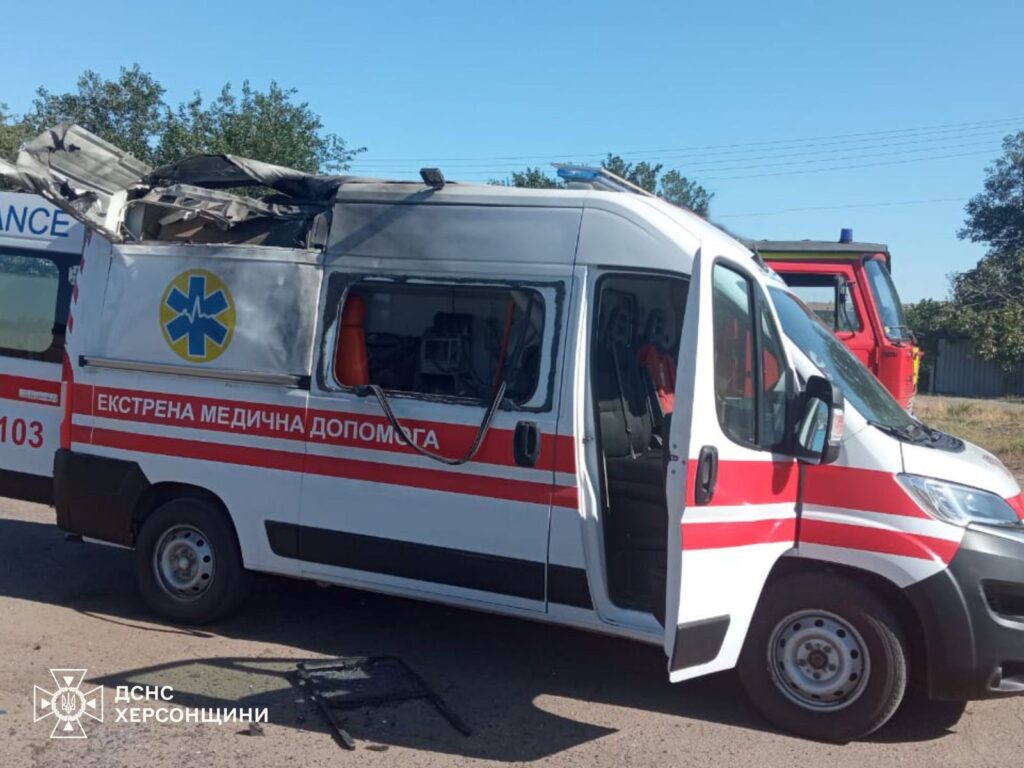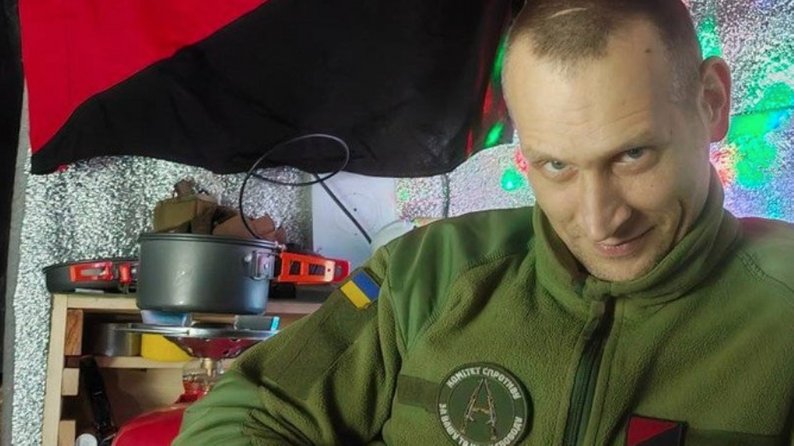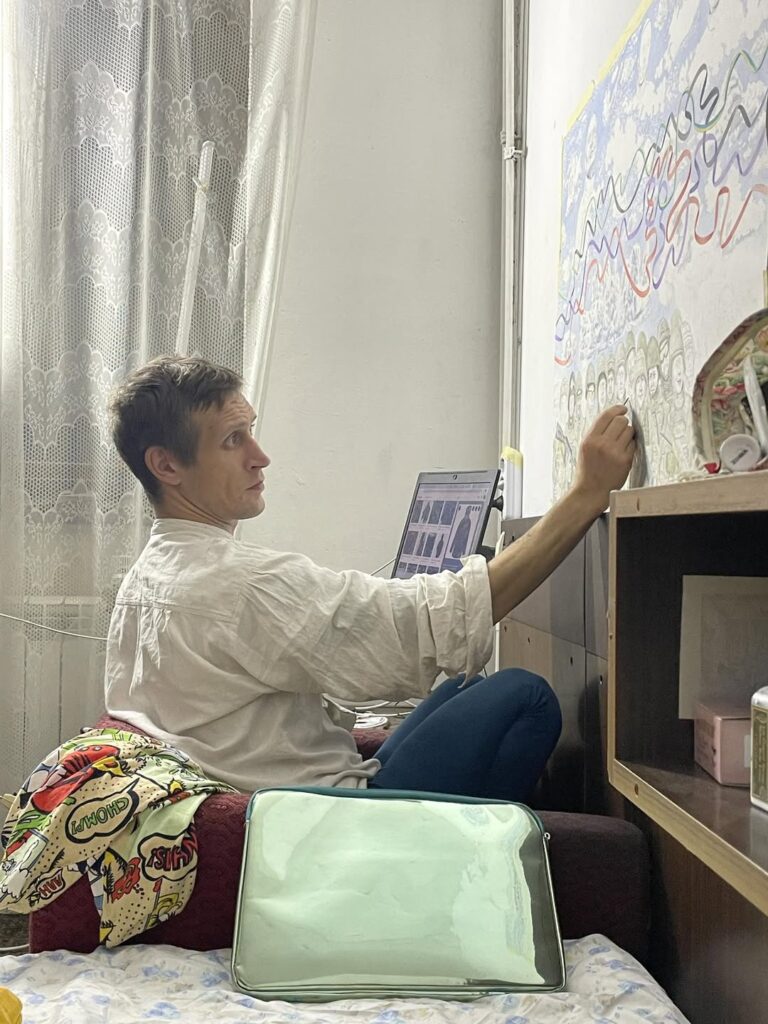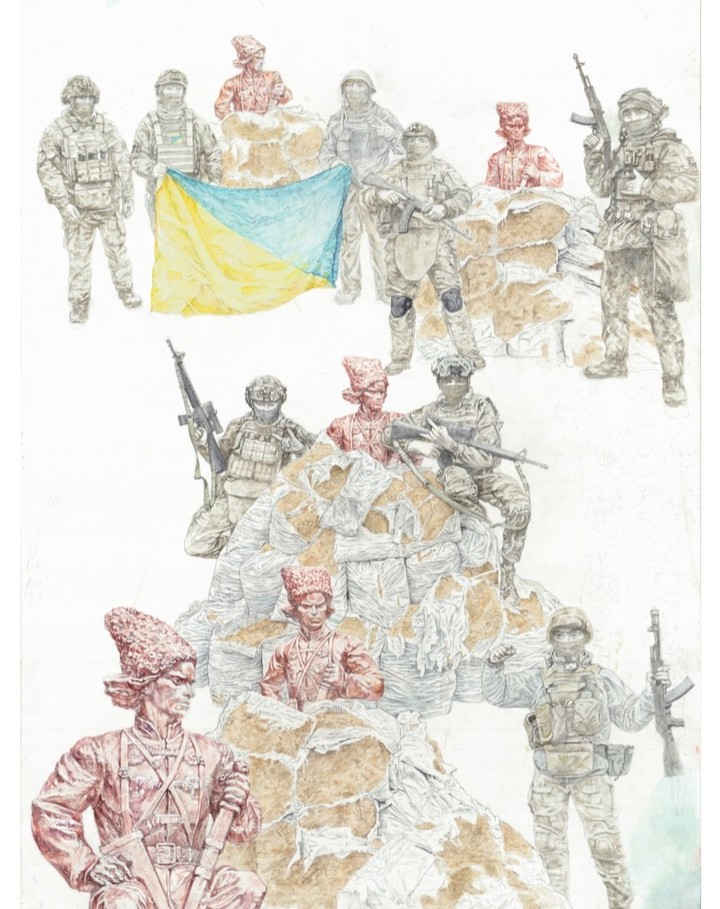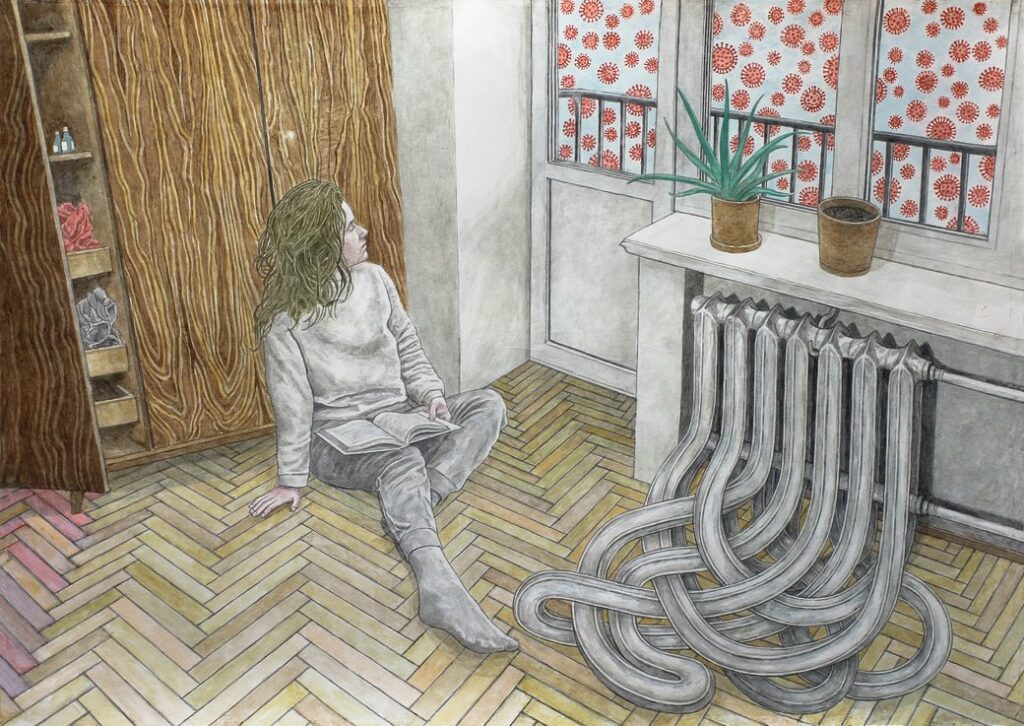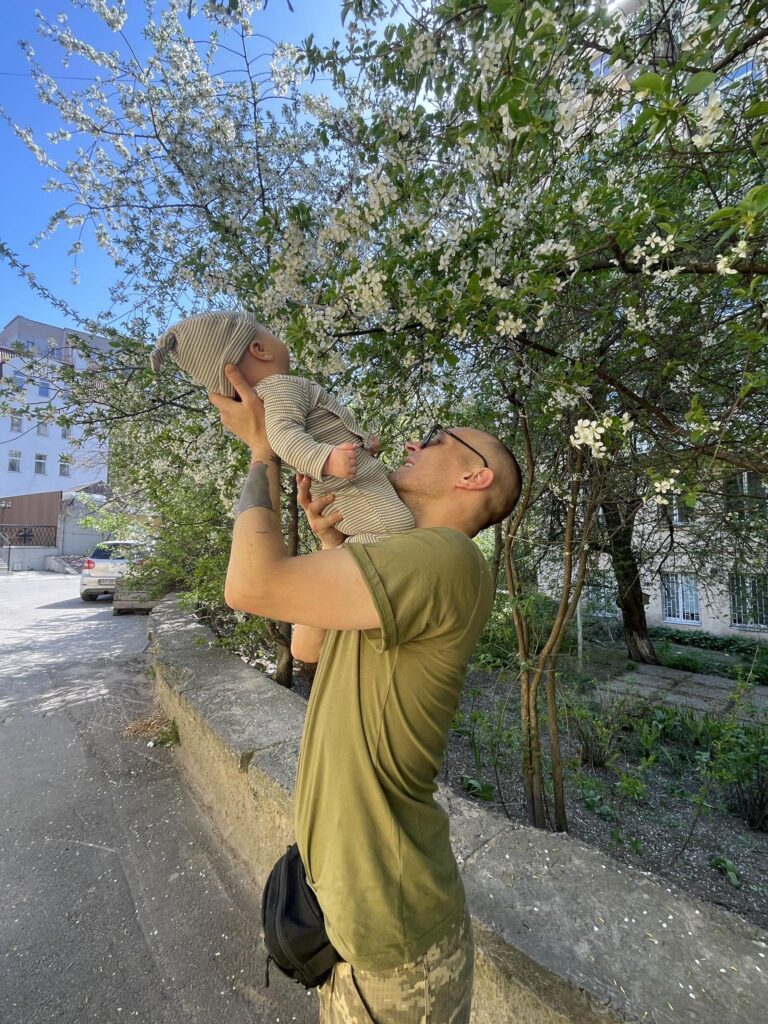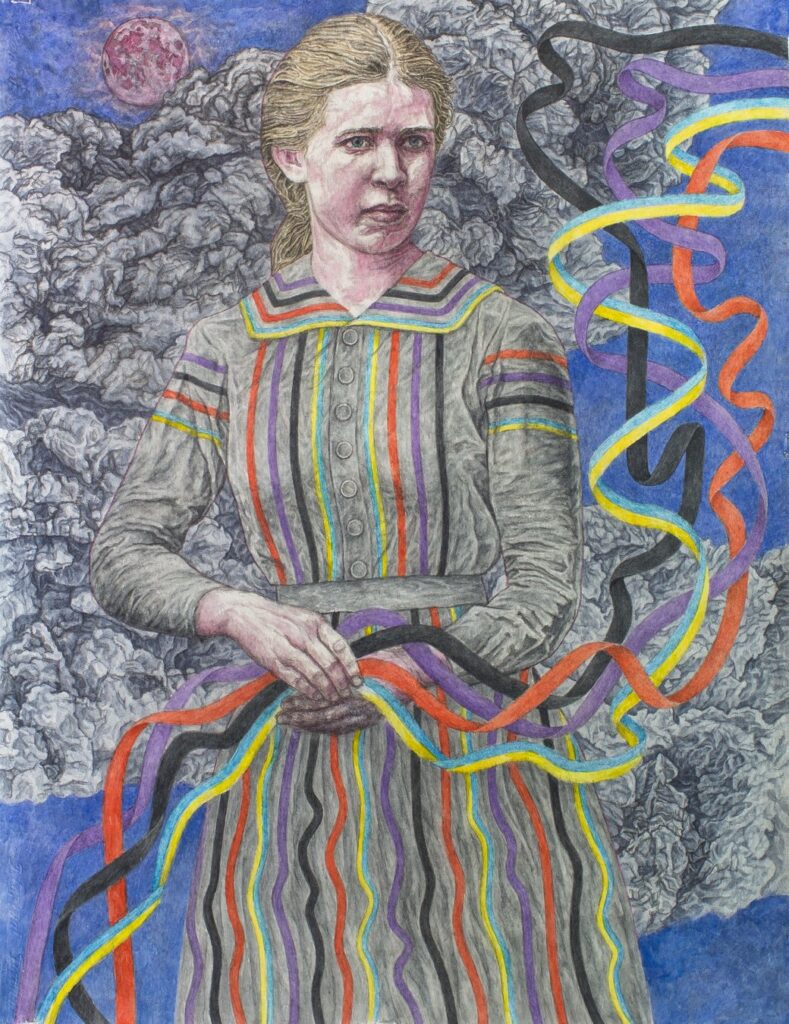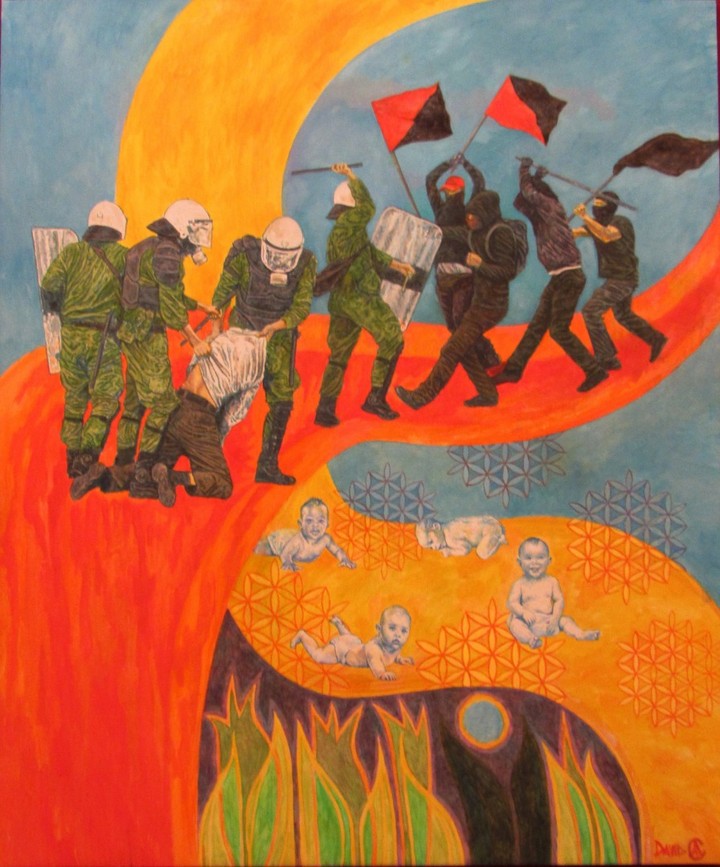Ukraine investigates Russian link to assassination of politician who opposed Kremlin for 30 years
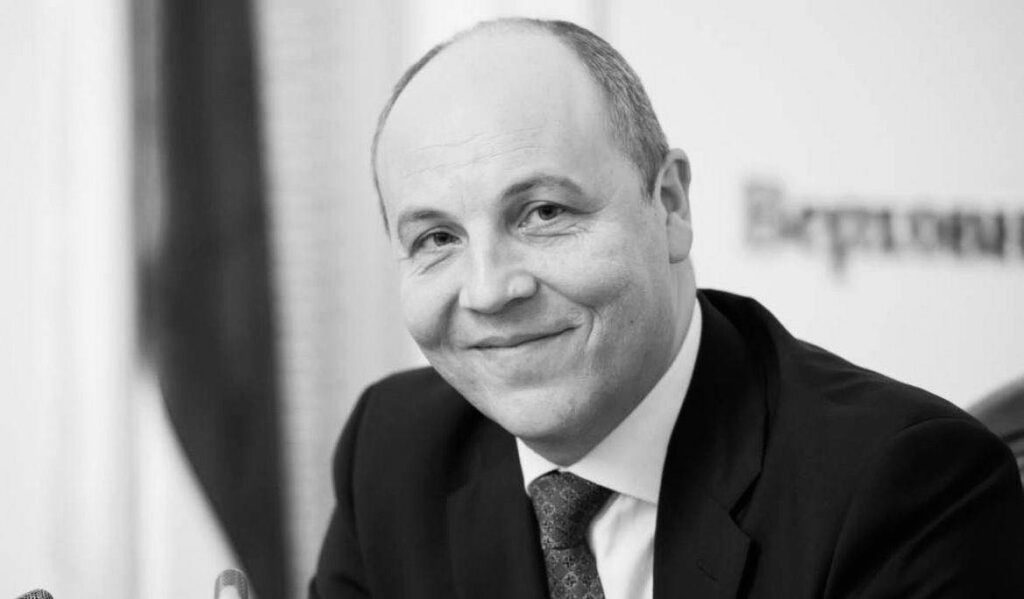
Ukrainian authorities captured a suspect in the killing of former parliament speaker Andriy Parubiy following a 36-hour manhunt that President Volodymyr Zelenskyy personally authorized. Investigators say they’re focusing on a potential Russian connection to what appears to be a meticulously planned assassination.
On 30 August, in broad daylight on a Lviv street, a man dressed as a delivery courier approached Parubiy. The gunman fired eight shots at the lawmaker before confirming his death and fleeing the scene. Video footage captured the execution, showing the killer’s deliberate courier disguise before he vanished.
But 36 hours later, police found him hiding in the Khmelnytsky Oblast of western Ukraine. The 52-year-old suspect from Lviv now faces premeditated murder and illegal weapons handling charges carrying up to 15 years in prison.
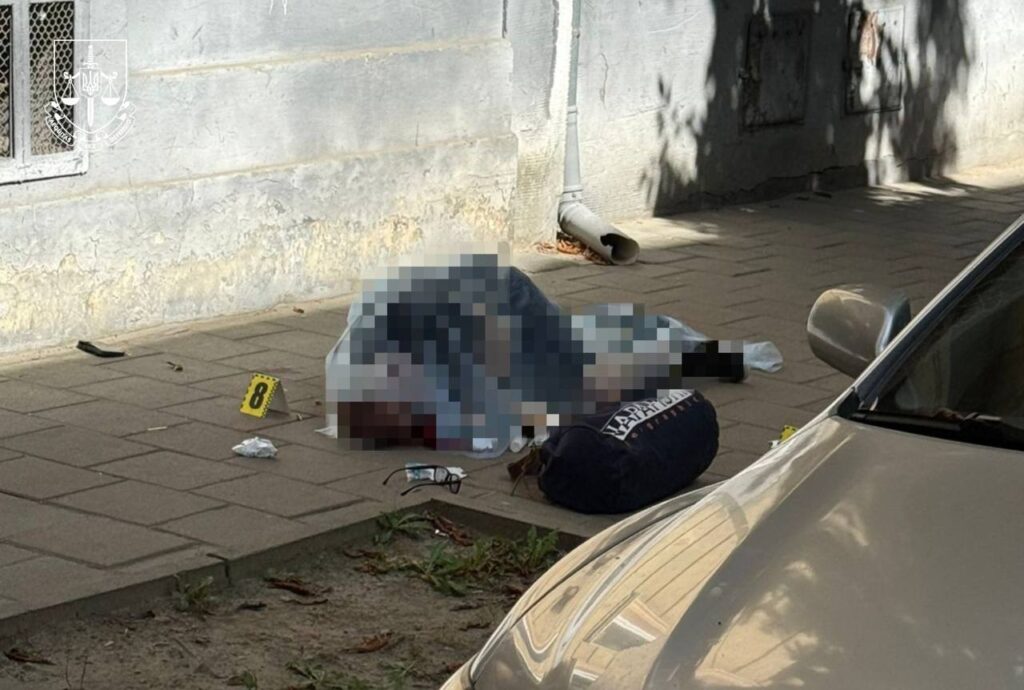
Investigators consider “the Russian trace”
“The crime was carefully planned, its preparation lasted more than one month,” senior investigator Andriy Nebitov told reporters. The perpetrator had studied Parubiy’s daily routines, mapped multiple escape routes, and prepared detailed contingency plans.

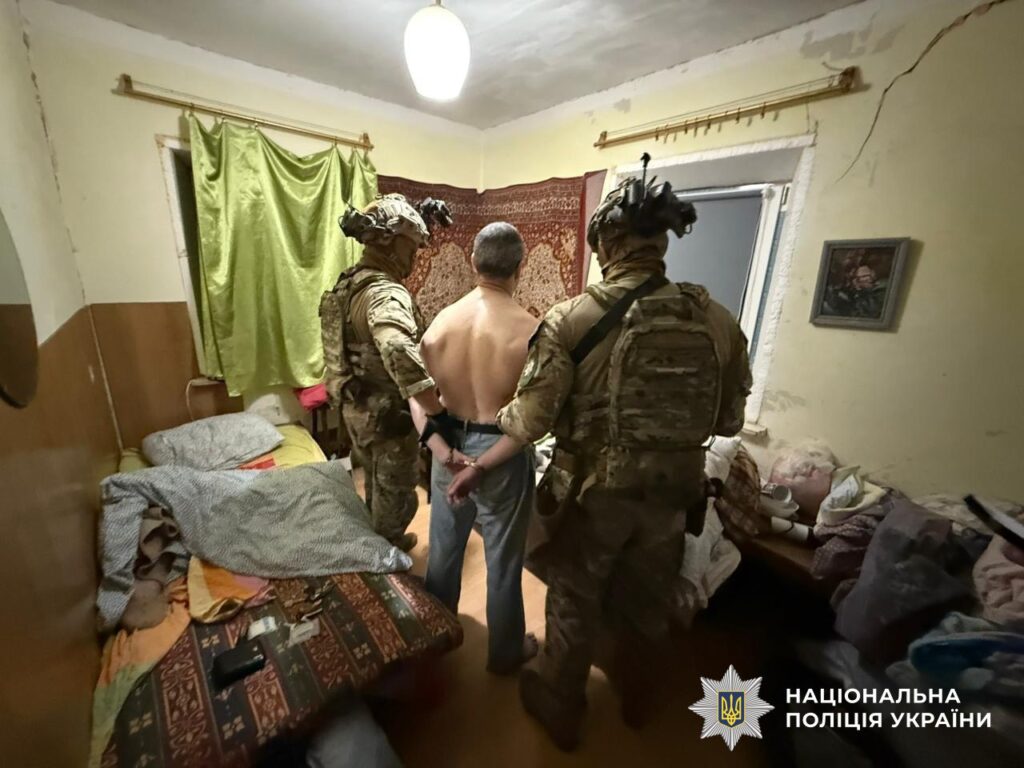
After the shooting, the suspect tried to cover his tracks. He changed clothes, ditched the weapon, and fled toward western Ukraine’s rural areas. Law enforcement found objective evidence linking him to the killing, according to prosecutors who are preparing to hold him without bail.
“Today we prioritize considering the Russian trace — an order from the Russian Federation,” Nebitov added without providing specifics.
Ukraine’s Security Service also says the assassination bears hallmarks of a contract killing with Russian involvement.
“The crime has signs of being ordered,” said Vadim Onyshchenko, head of the SBU’s Lviv Oblast department. “There is operational information that indicates possible involvement of Russian Federation special services in organizing the murder.”
Who was assassinated Andriy Parubiy?
Parubiy, 52, was a defining figure in Ukraine’s modern political development and maintained a consistently anti-Russian stance throughout his career.
He co-founded the Social-National Party of Ukraine in 1991, when Ukraine gained independence from the Soviet Union, which declared in its early program that it “considers the Russian state the cause of all troubles in Ukraine.”
The statement seemed extreme at the time—so controversial that Ukraine’s Ministry of Justice delayed registering the party until 1995. But Parubiy’s early anti-Russian stance proved accurate, with Ukraine fighting Russian aggression since 2014 and facing full-scale invasion since 2022.
The politician played pivotal roles in Ukraine’s two major democratic upheavals. During the 2004 Orange Revolution, he served as commandant of the Ukrainian House, a key protest site.
The mass protests in 2004 erupted after a rigged presidential election tried to install Moscow-backed Viktor Yanukovych over pro-Western Viktor Yushchenko. Hundreds of thousands of Ukrainians took to the streets for weeks until authorities agreed to a revote that Yushchenko won.
Nearly a decade later, Parubiy became the de facto leader of the Euromaidan demonstrations in 2013 and 2014, aimed at fighting for Ukraine’s future int he EU and away from Russian influence,
“From that megaphone I started the rally,” Parubiy once recalled about launching the initial Euromaidan protest. “In the first minutes there were 70-80 of us, there were more police around us than us.”

From those chaotic first hours, Parubiy built a protest movement that lasted three months. He organized the tent city, established defensive barricades, and created what became known as “Maidan Self-Defense”—a structured force that grew to 12,000 people by February 2014. He appointed “centurions” to command different sectors and coordinate security for the sprawling protest camp.
Unlike other opposition politicians who negotiated with Yanukovych’s government, Parubiy stayed focused on organizing the grassroots protesters. When government snipers eventually opened fire on demonstrators, killing over 100 people, Parubiy claimed Russian operatives were involved in the shootings both targeting protesters and government forces to maximize chaos.
Fight against Russian influence in Ukraine
Following the revolution, Parubiy was appointed Secretary of the National Security and Defense Council, where he helped establish Ukraine’s National Guard by incorporating Maidan self-defense forces. He oversaw anti-terrorist operations against separatists in eastern Ukraine and was a vocal opponent of the Minsk peace agreements.
“I believed and believe that the agreements were signed under very unfavorable conditions for Ukraine,” he said, arguing that Russian President Vladimir Putin had no intention of implementing them and could only be stopped by force.
Parubiy served as speaker of Ukraine’s parliament from 2016 to 2019, working alongside politicians including former president Petro Poroshenko and opposing what he called Russian attacks on Ukrainian language and culture. After stepping down as speaker, he continued serving as a member of parliament representing the European Solidarity party.
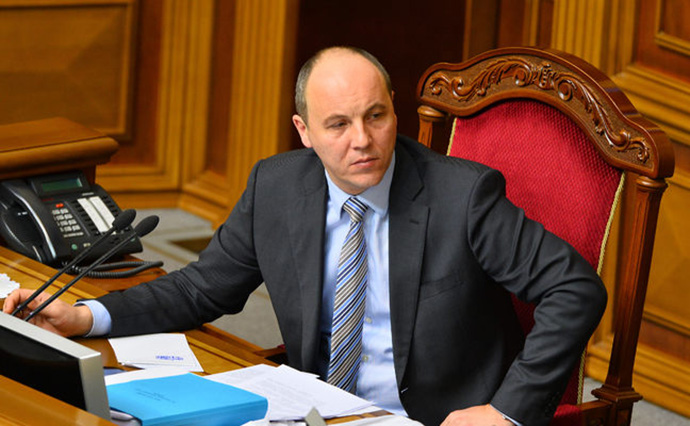
His most dramatic parliamentary moment came in 2010, when he smuggled a smoke grenade into the chamber to disrupt ratification of the Kharkiv Accords—agreements that extended Russia’s lease of its Sevastopol naval base in Crimea and allowed expanded Russian military presence on the peninsula. The stunt failed, but Parubiy’s fears proved justified when Russia seized Crimea in 2014 and launched a war in eastern Ukraine that continues today.
“If we hadn’t allowed this then, far fewer Russian troops would be stationed in Crimea, everything could have gone differently,” he later reflected.
He demanded “complete destruction of Russian empire”
When Russia launched its full-scale invasion in 2022, Parubiy joined territorial defense forces and served at checkpoints around Kyiv. He consistently advocated for the complete destruction of what he termed the “Russian empire.”
“This is today a chance for the Ukrainian army and people to destroy this empire,” he declared, arguing that Russia would remain a perpetual threat if not decisively defeated.
“If it [Russian empire] doesn’t die today, it will continue to remain a threat to us, to our children. And we must leave our children a peaceful sky and end this war with the complete defeat of the Russian army,” he added.
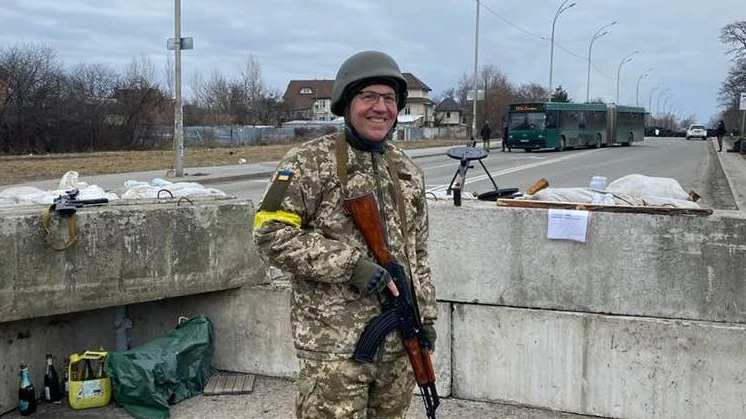
His European Solidarity party colleagues have demanded a thorough investigation, stating they believe the murder is connected to his pro-Ukrainian positions. The party suggested Russia and its supporters were behind the killing, noting that “Moscow sincerely hated Parubiy as one of the state-builders of modern Ukraine.”
The investigation continues as authorities examine all possible motives while focusing on the Russian connection. President Zelenskyy announced that the suspect has already provided initial testimony to investigators.
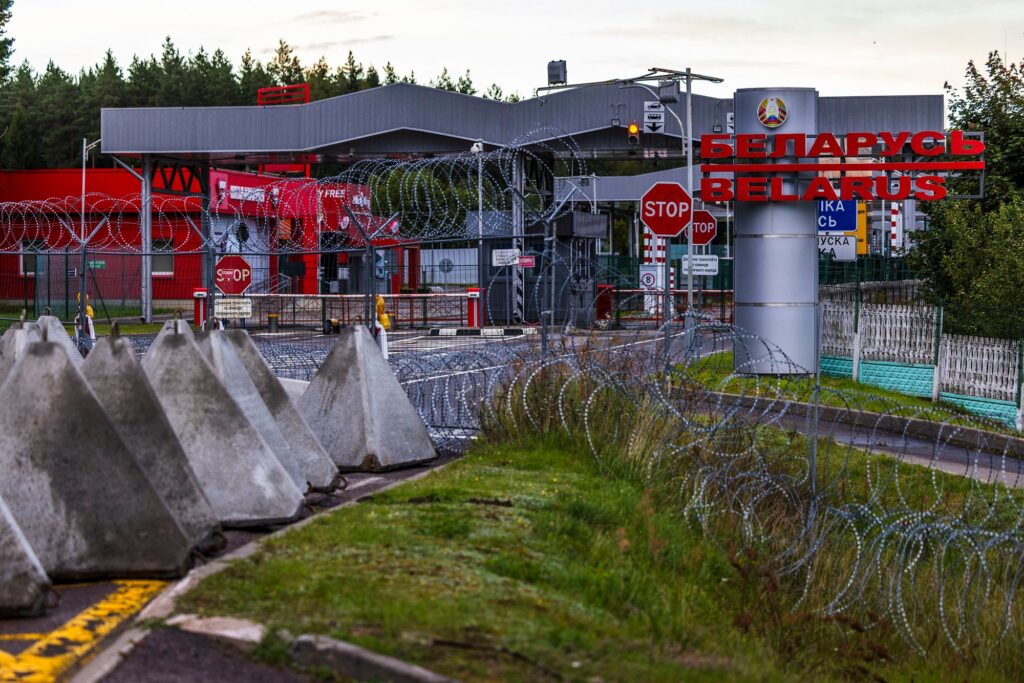
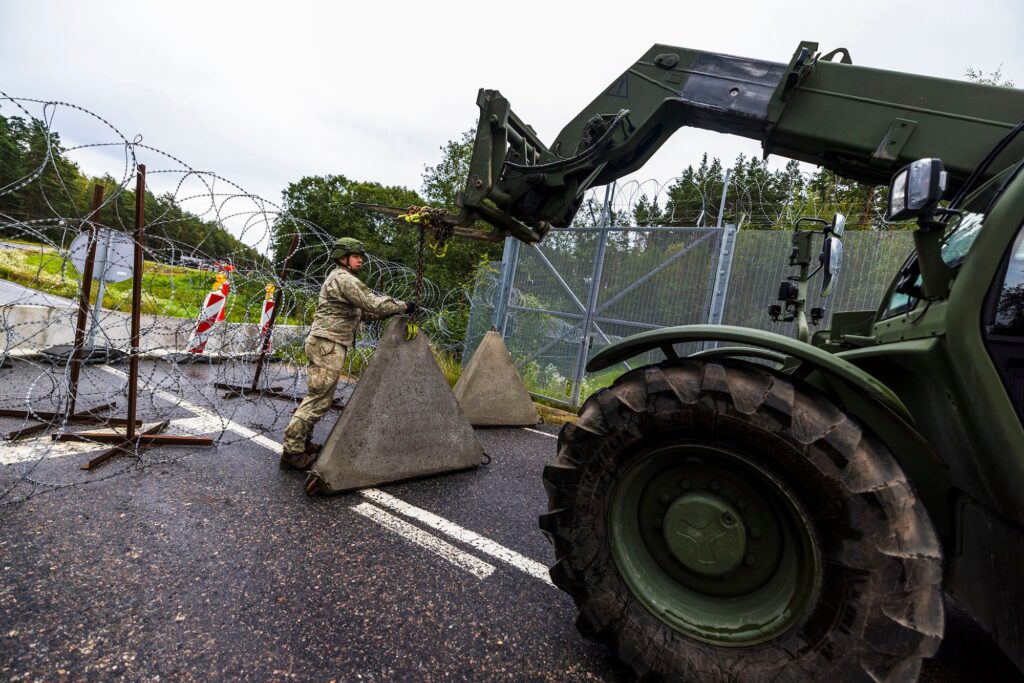
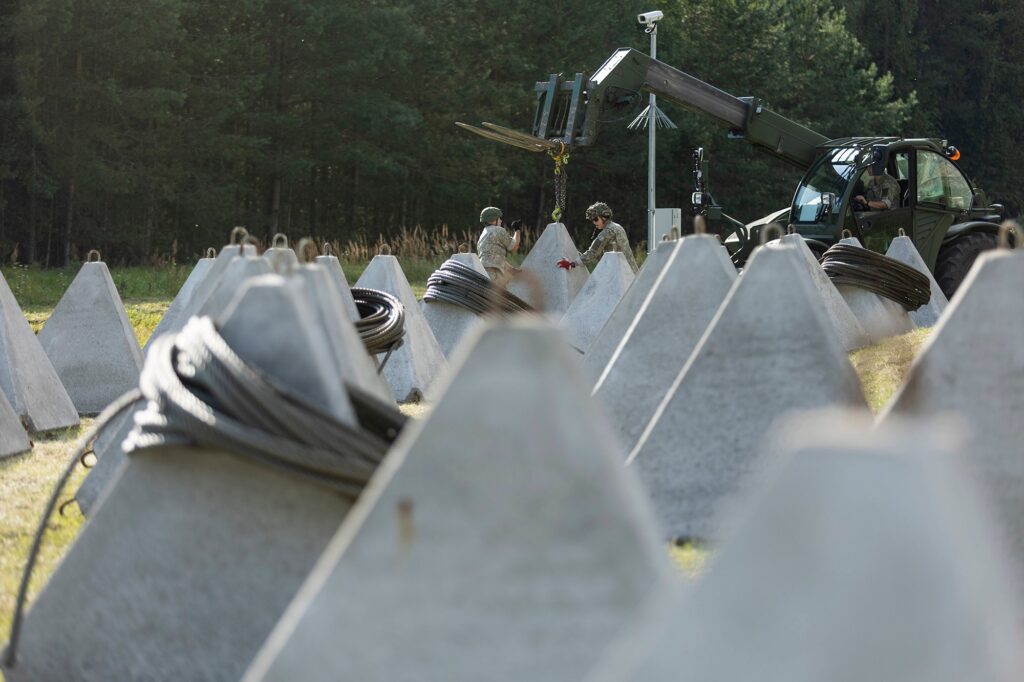
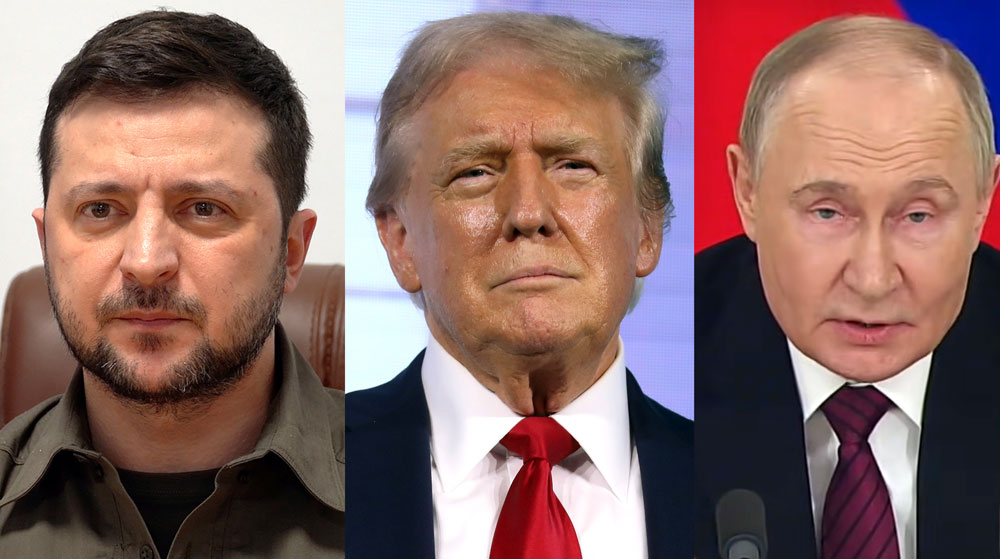
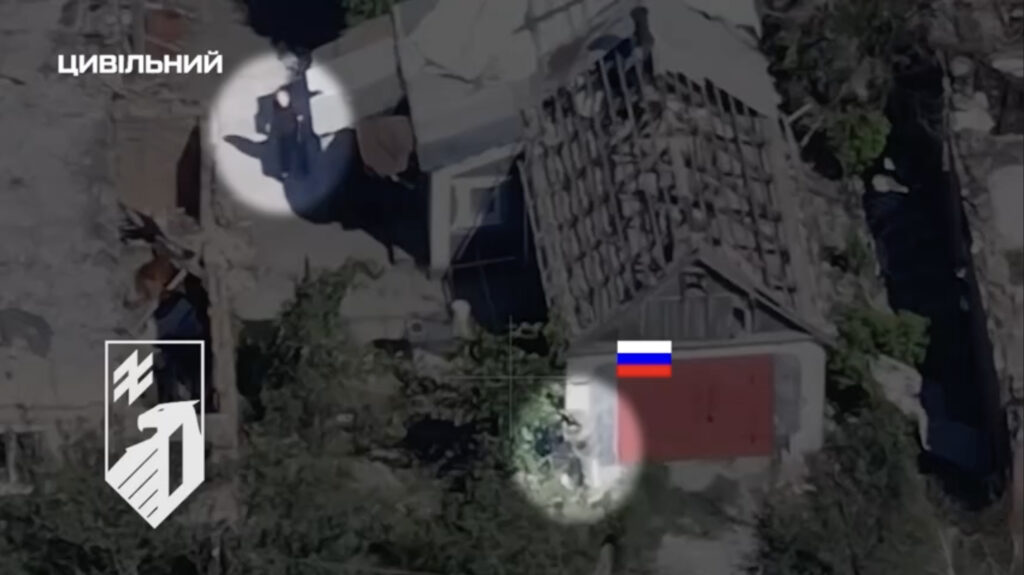
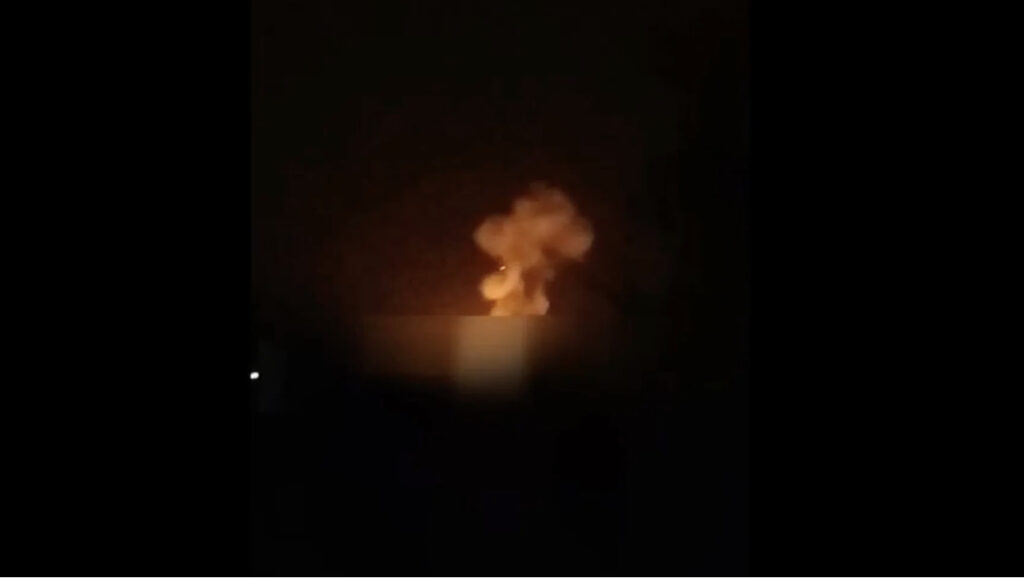
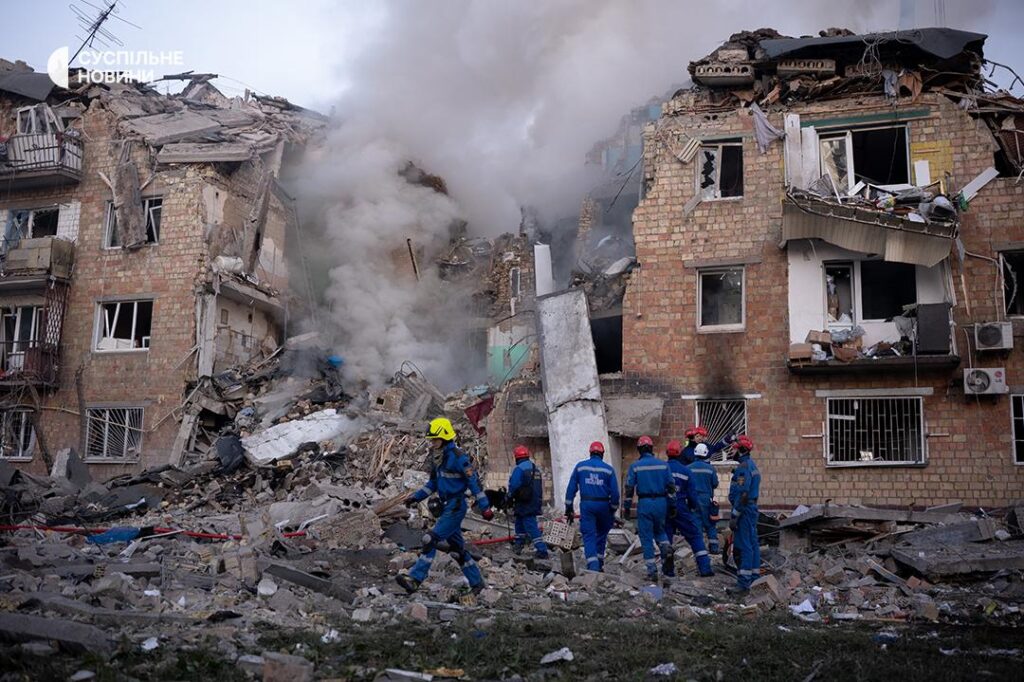

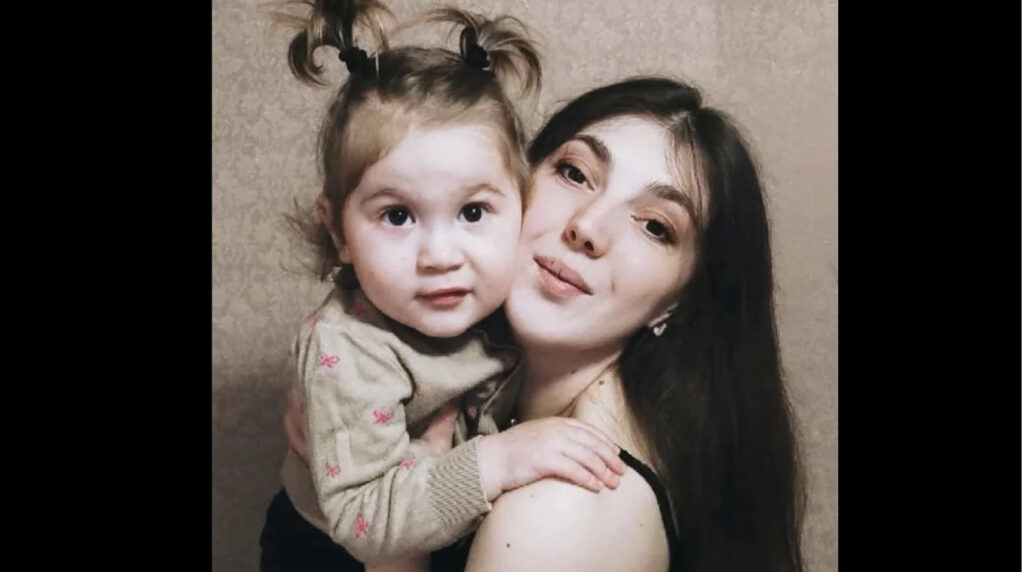
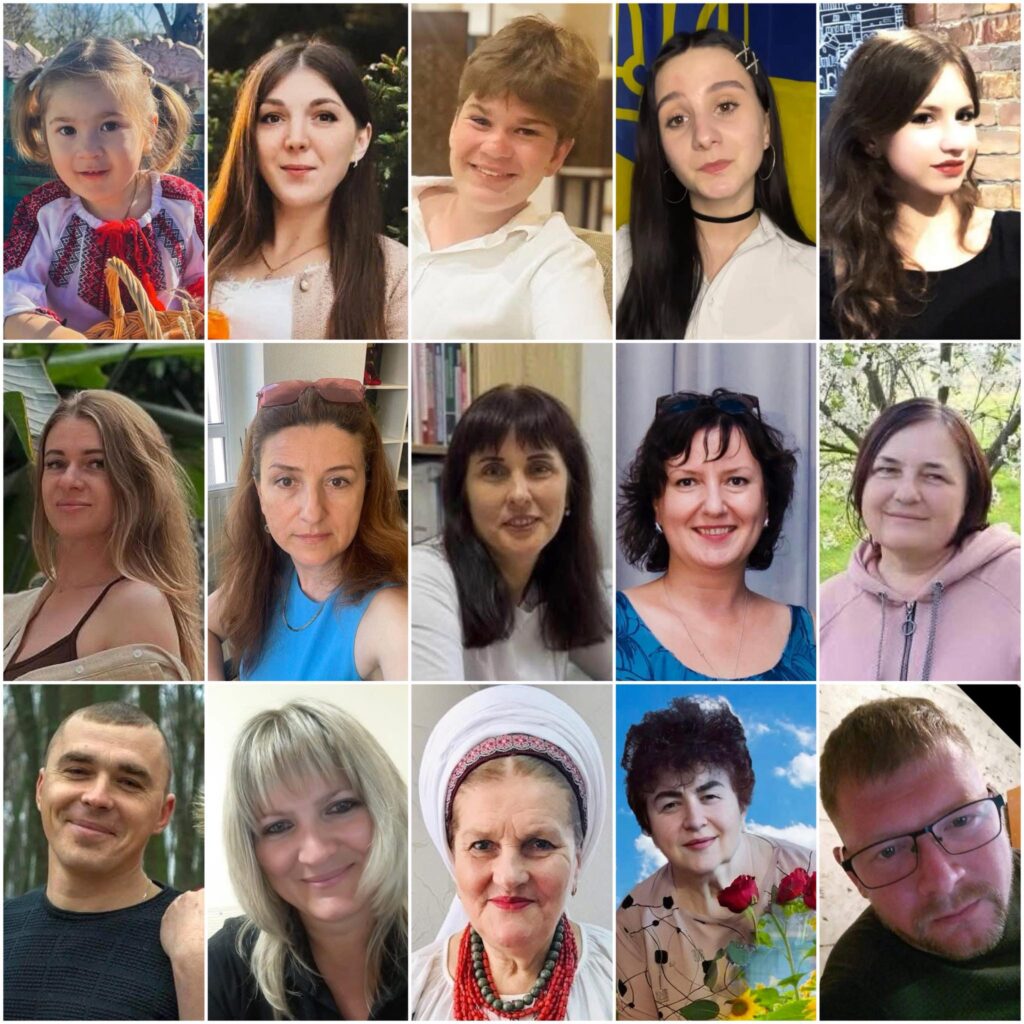

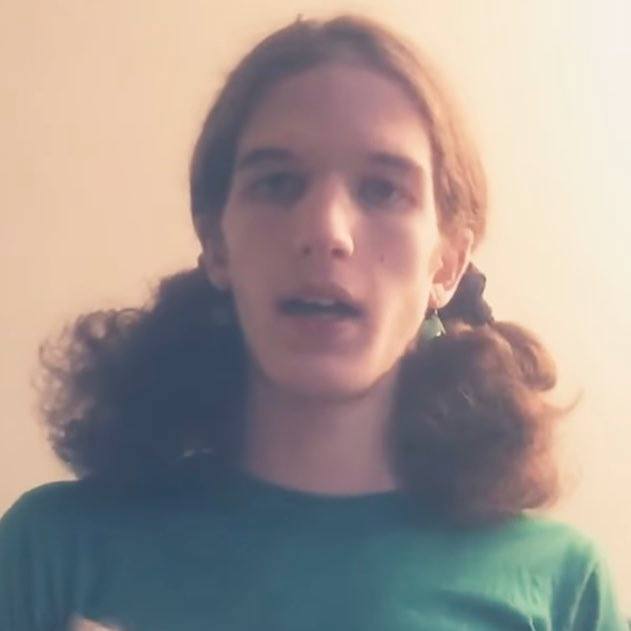
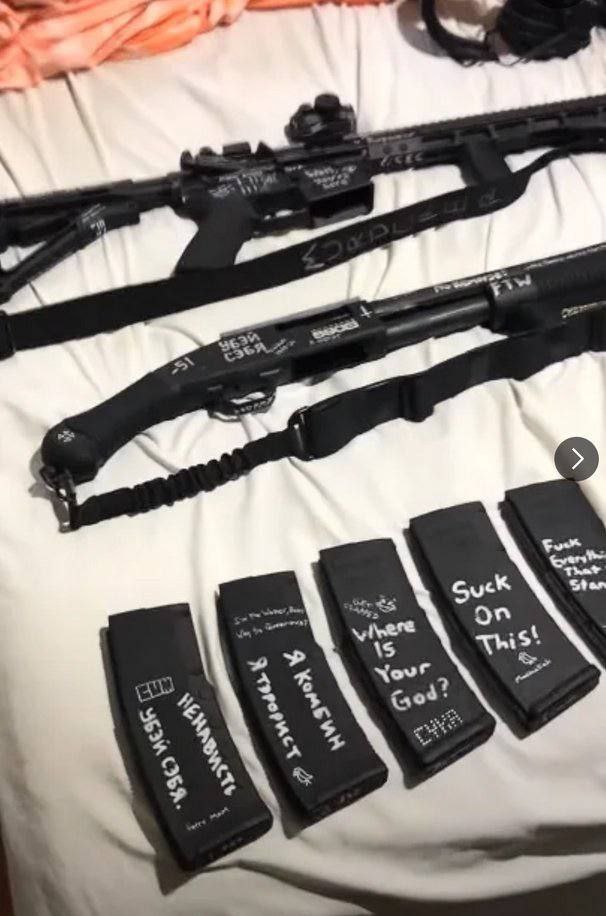
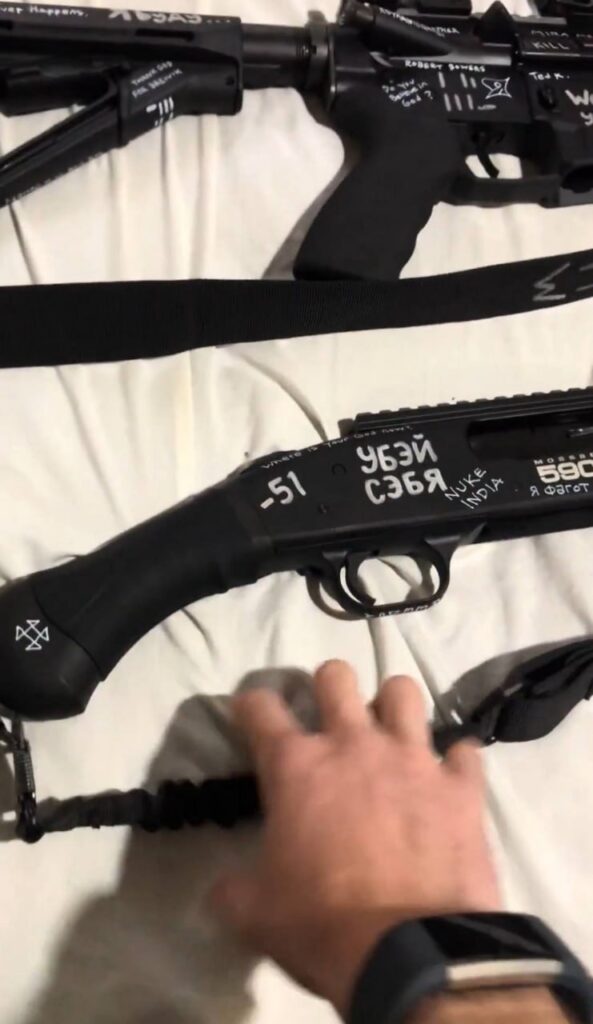
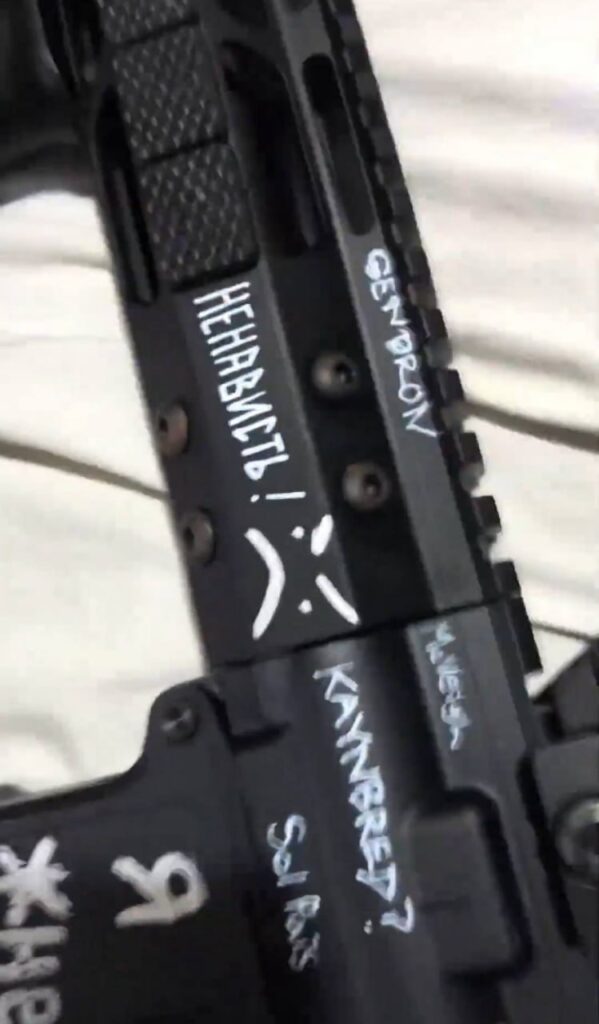
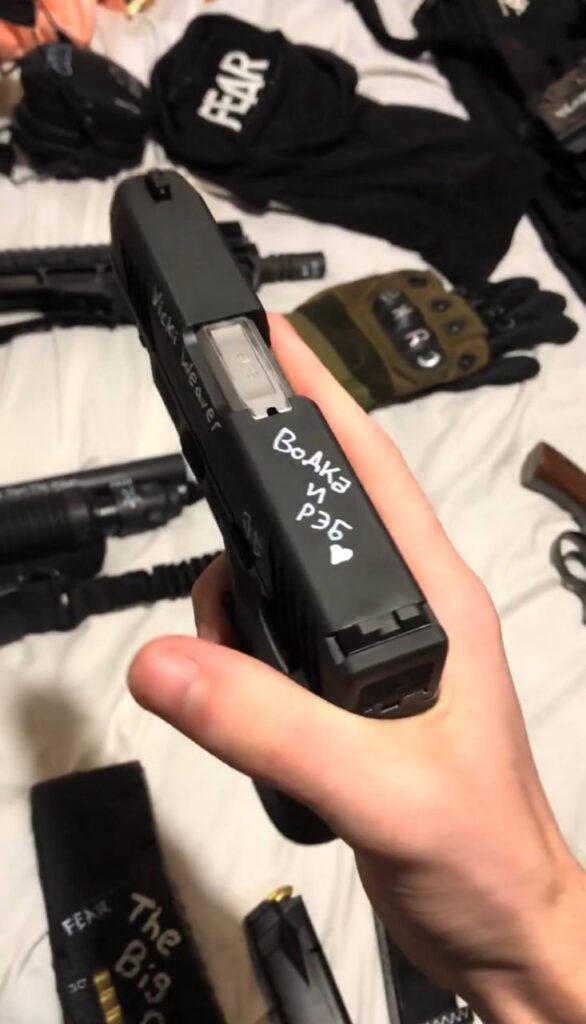
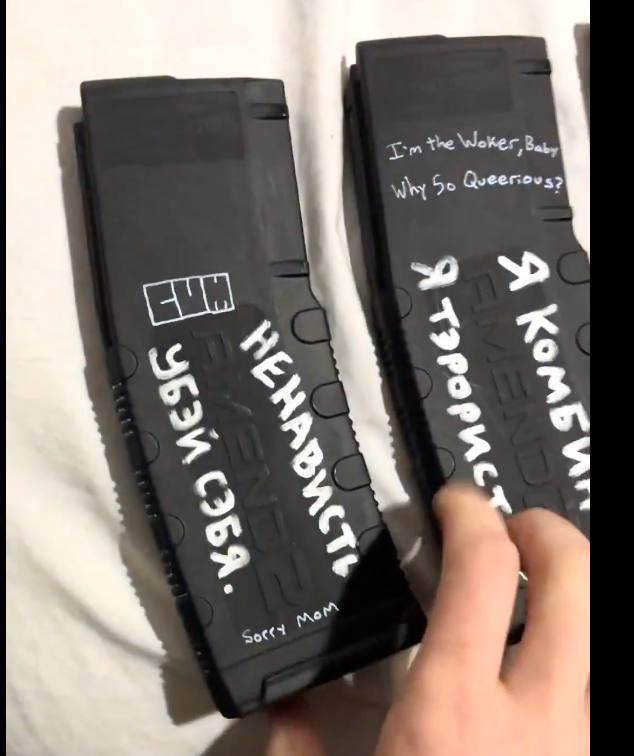
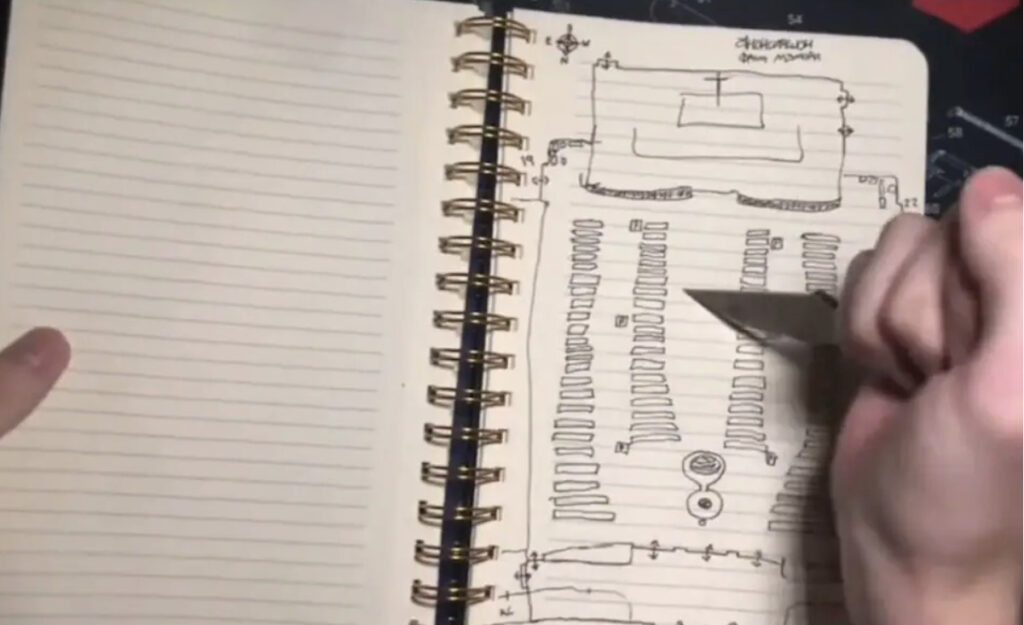
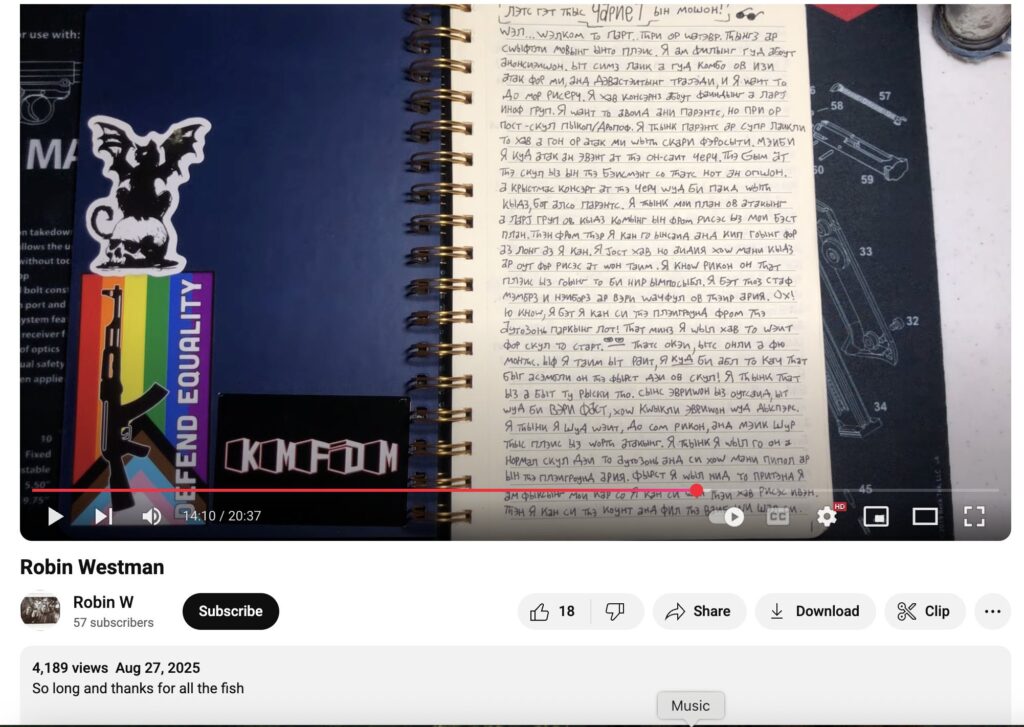
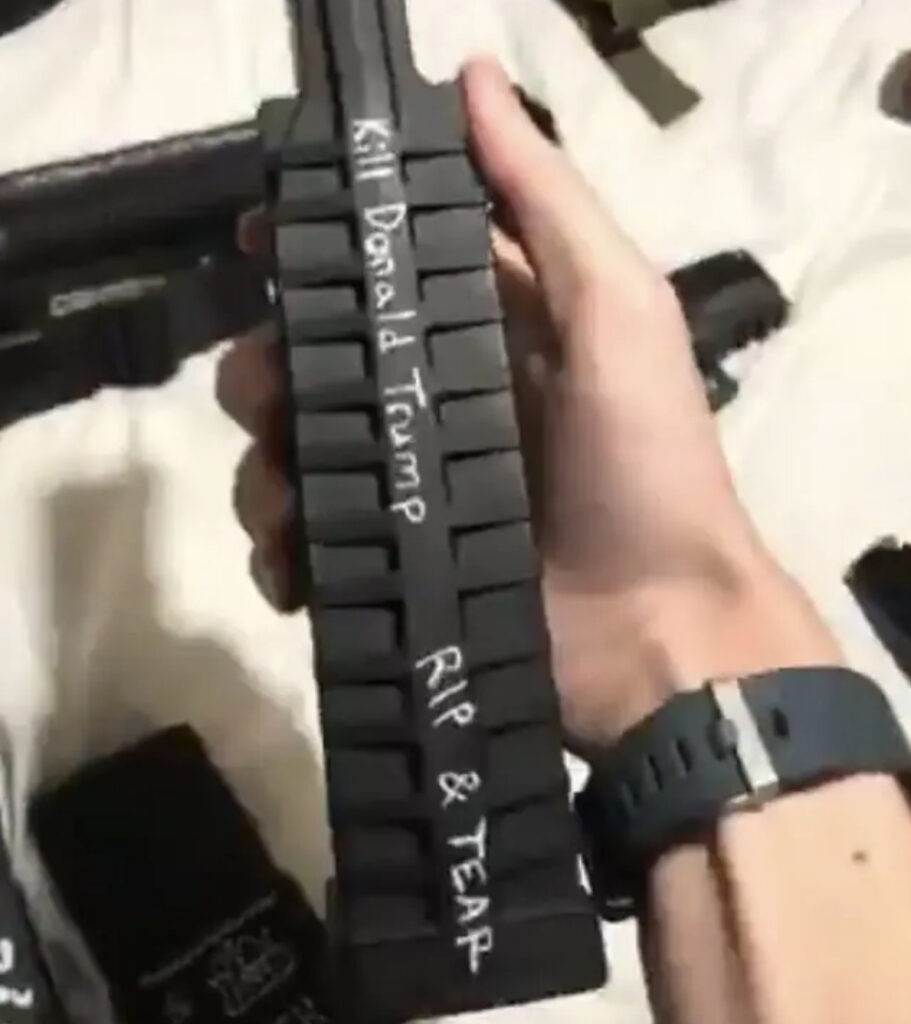

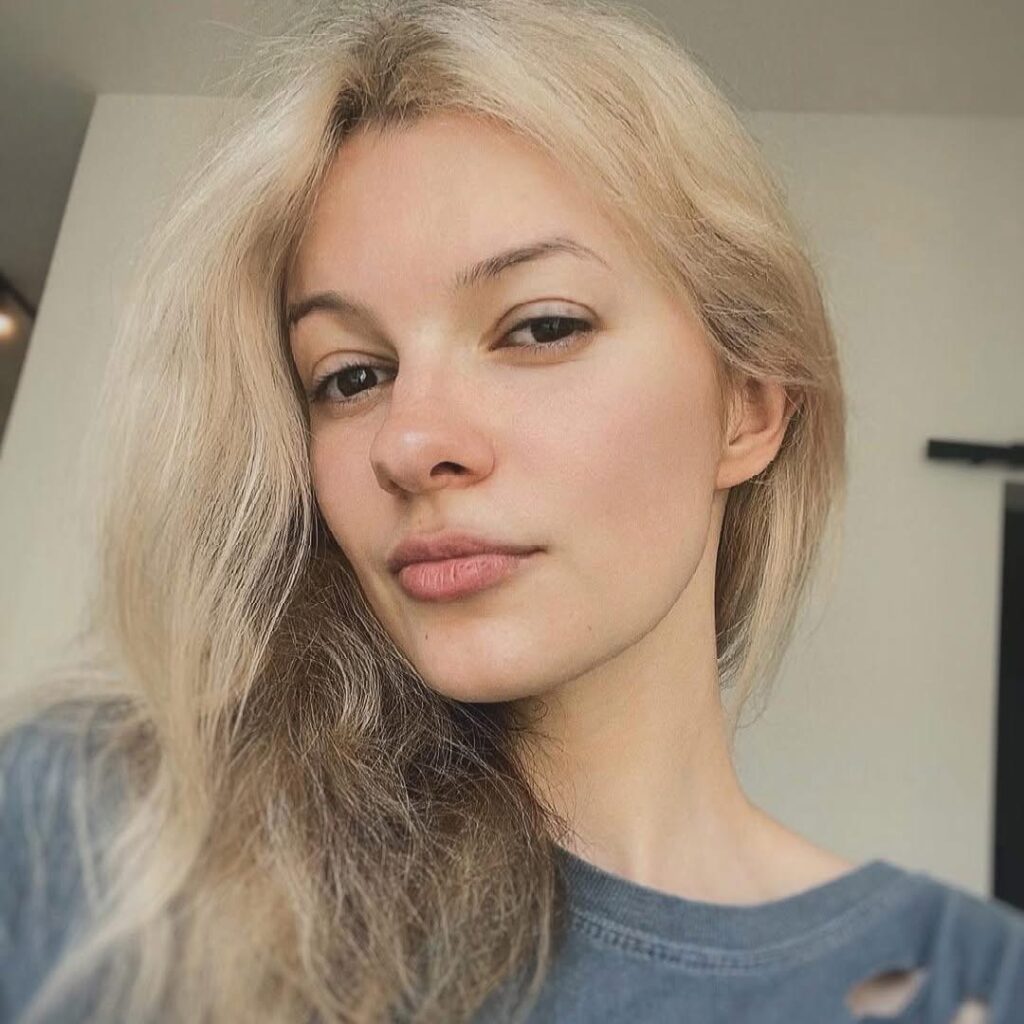
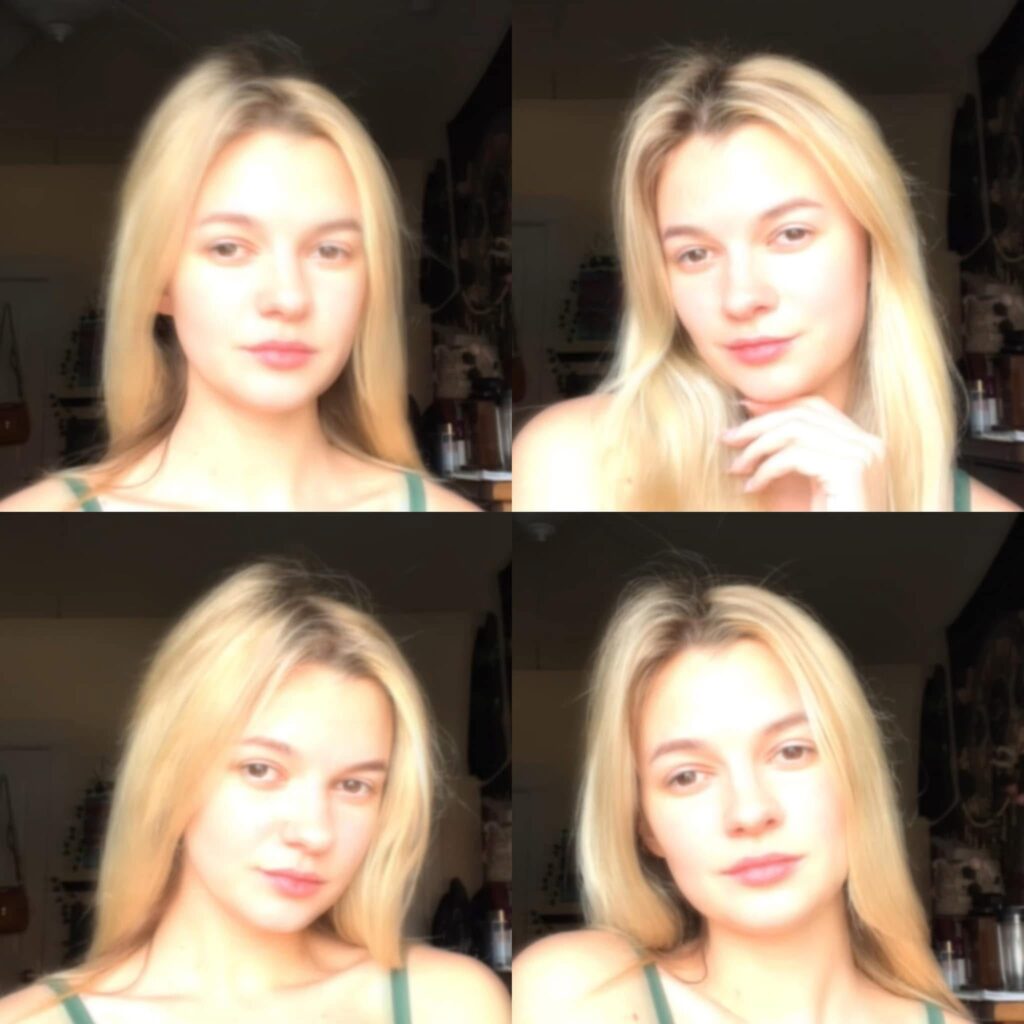
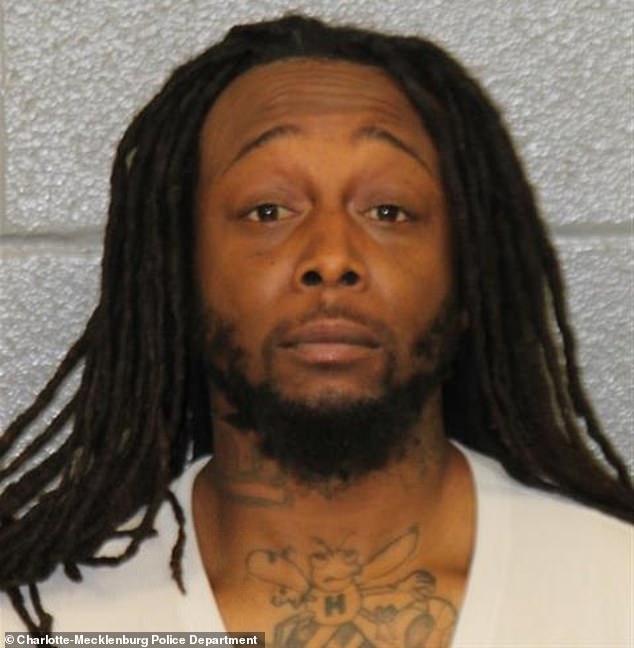
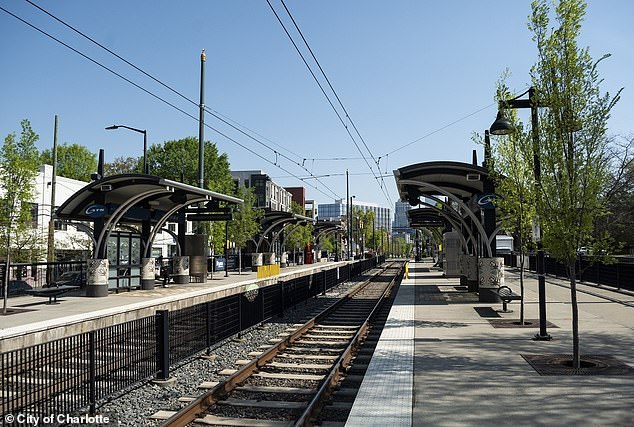
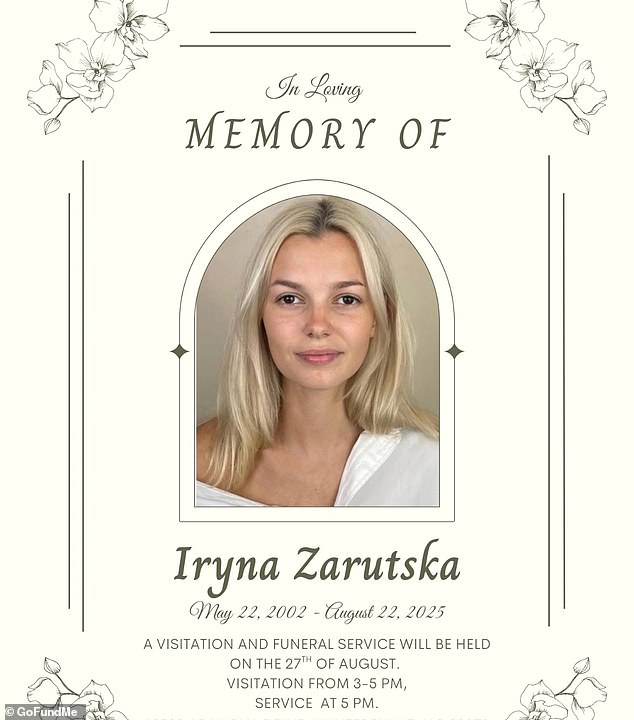
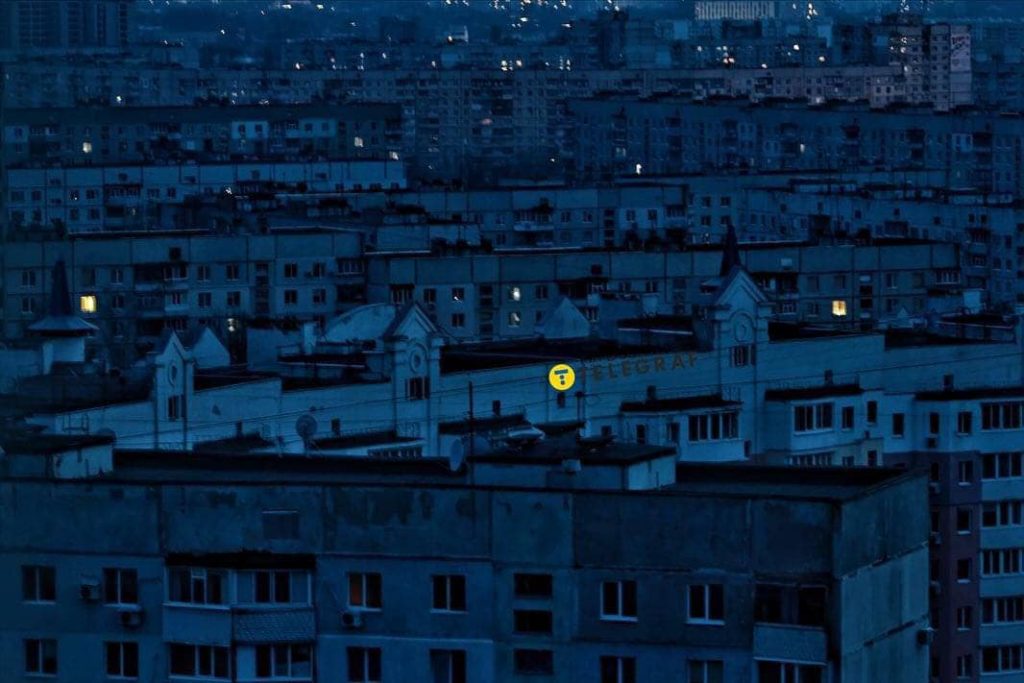
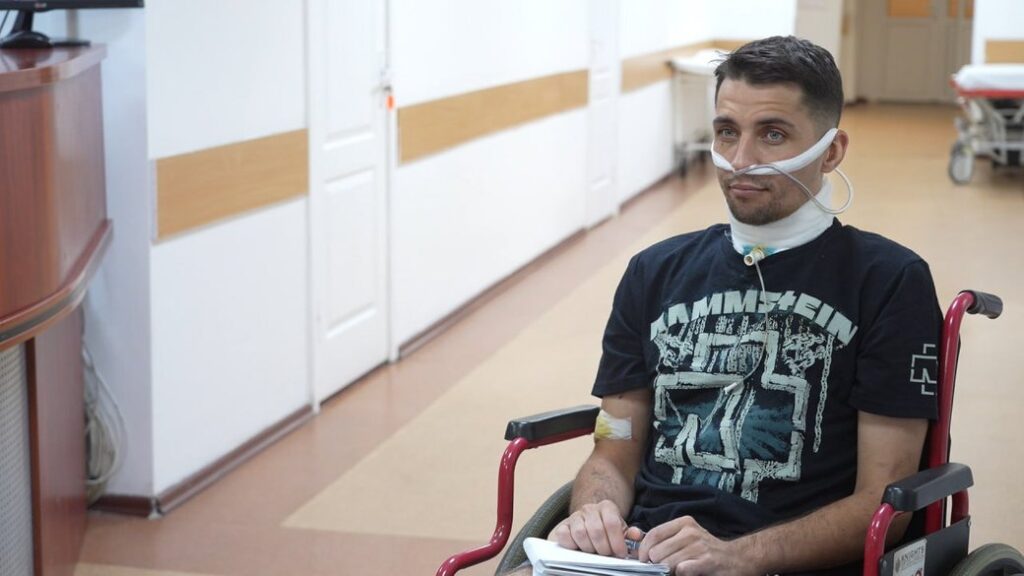
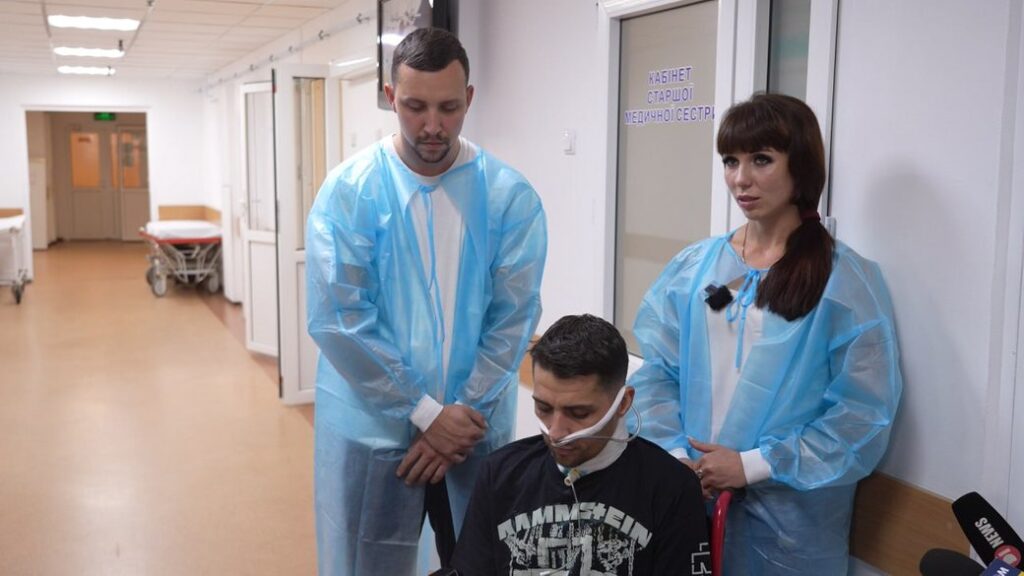
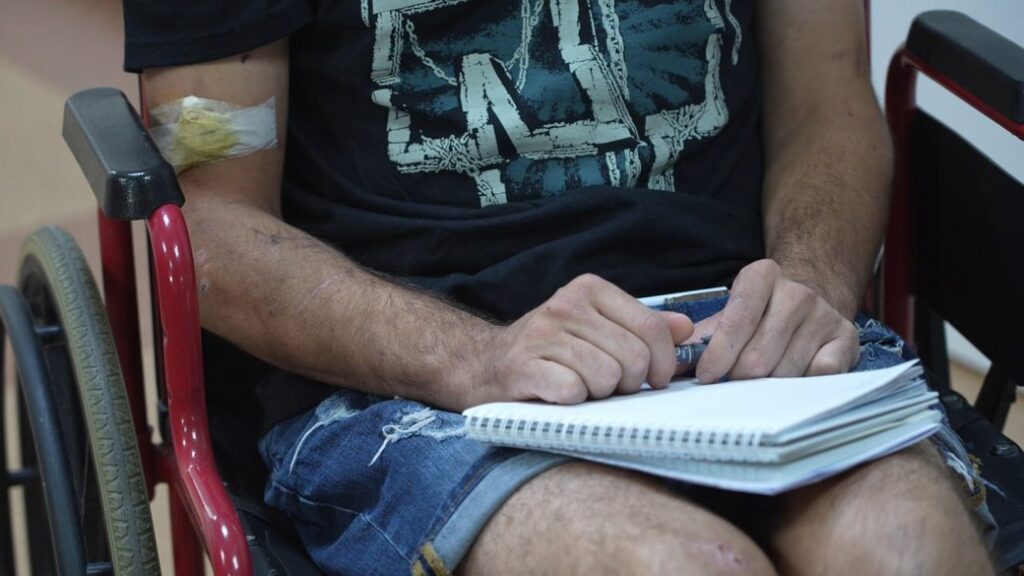
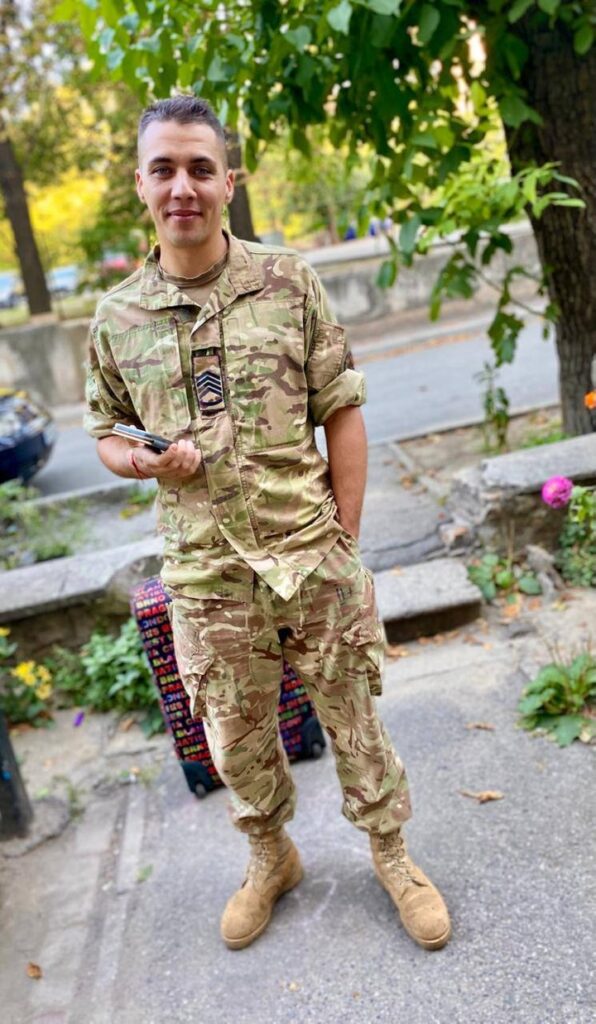
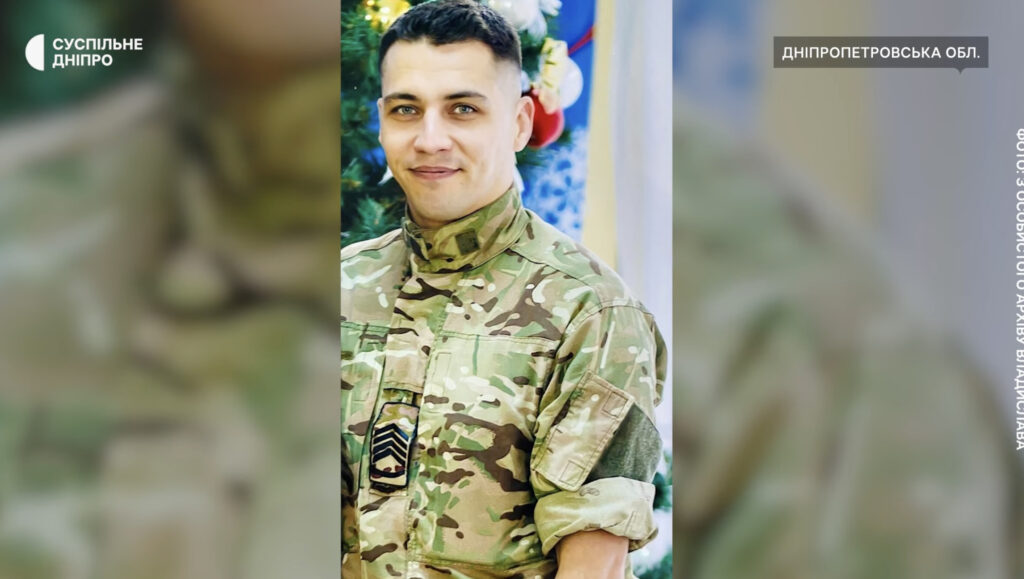
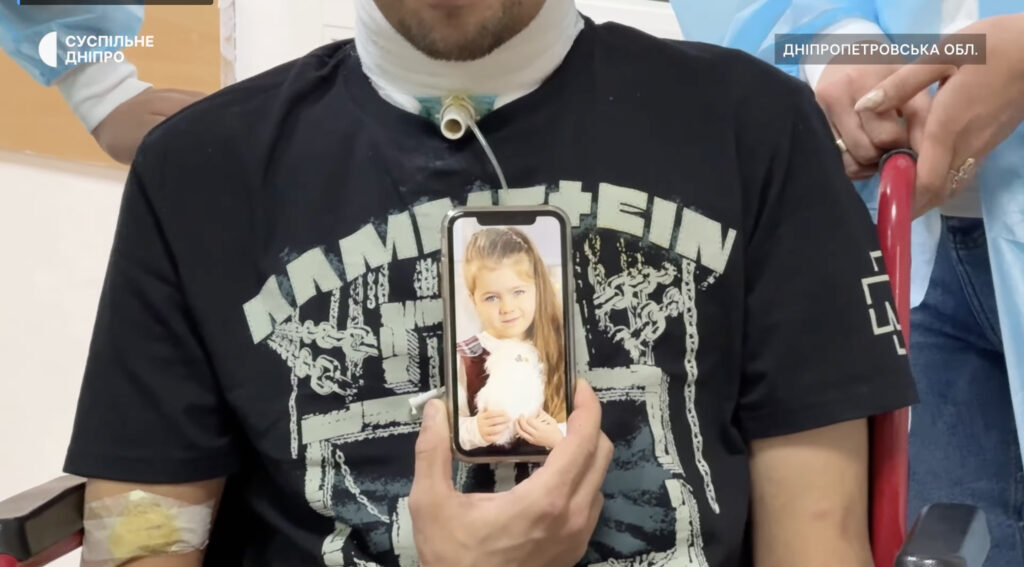
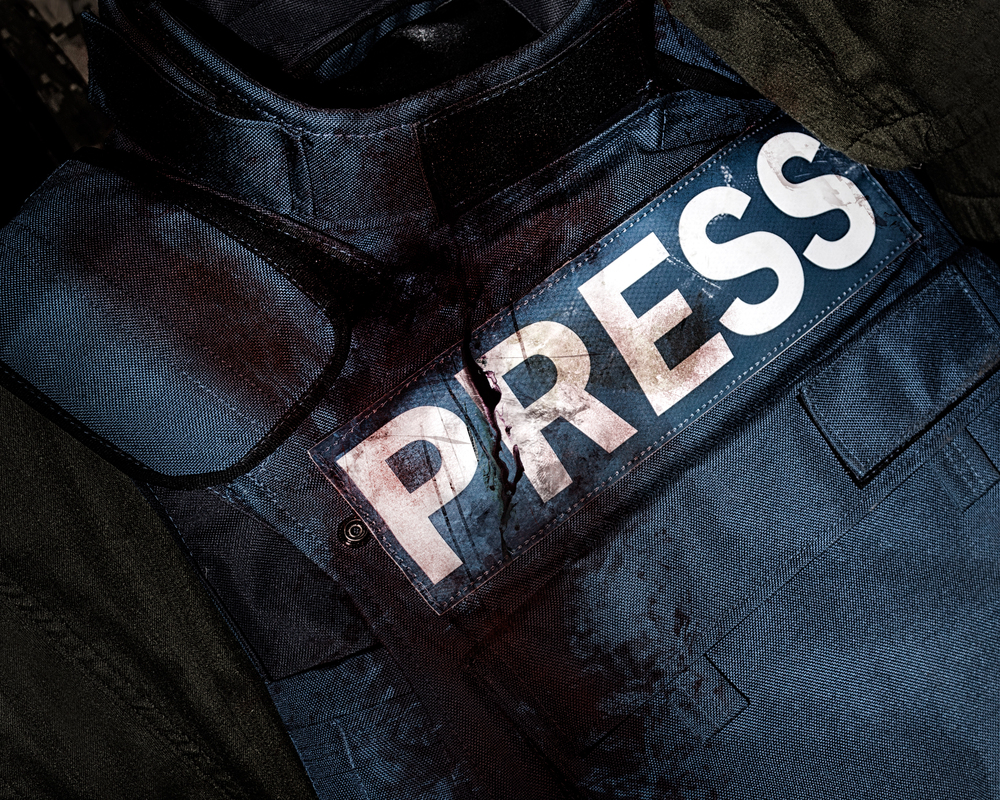
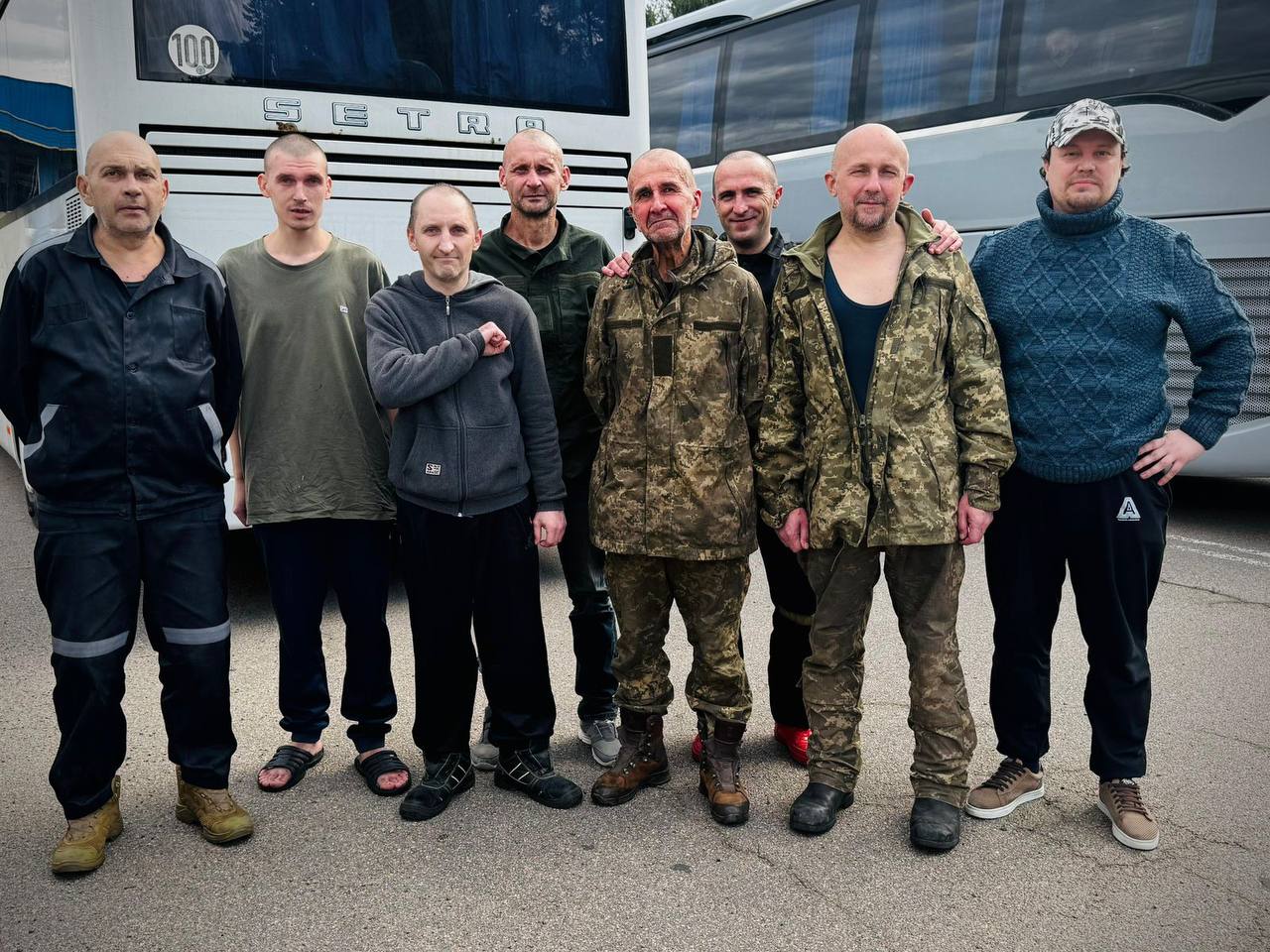
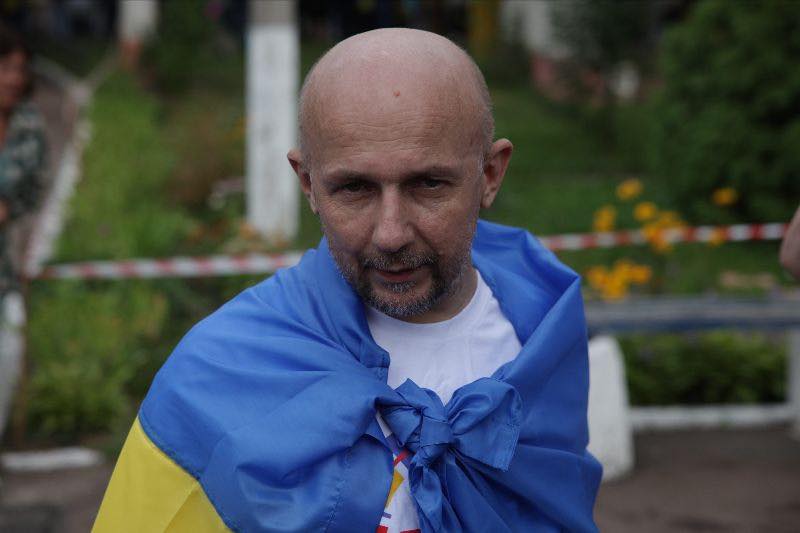
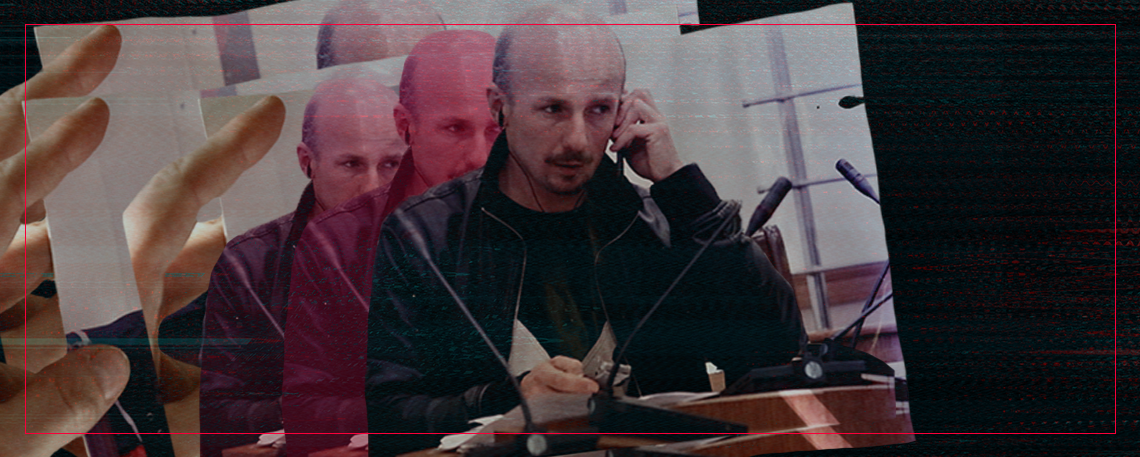
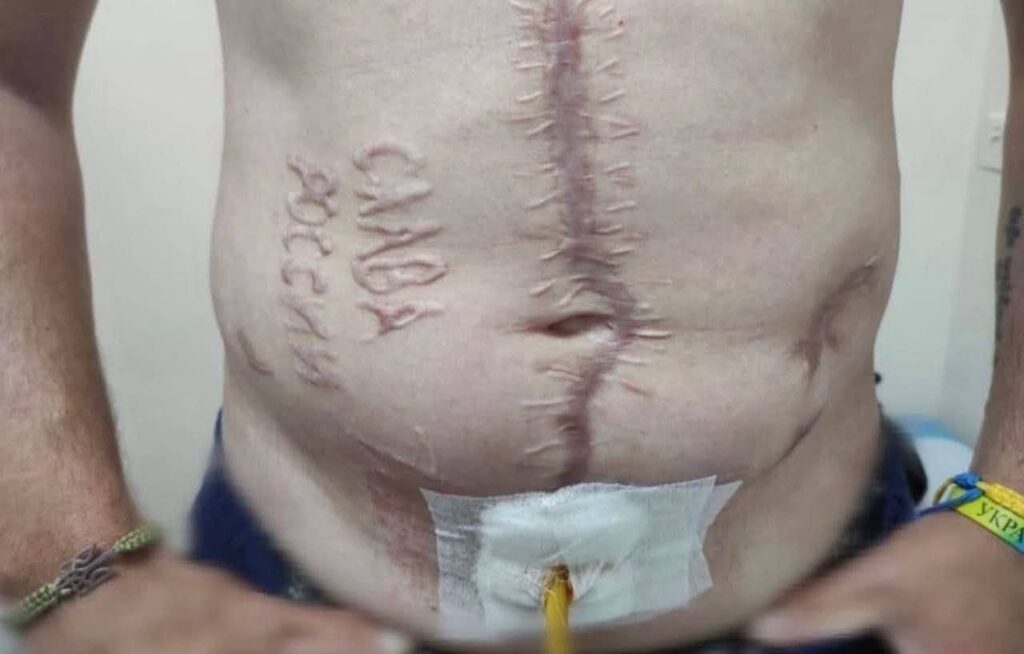

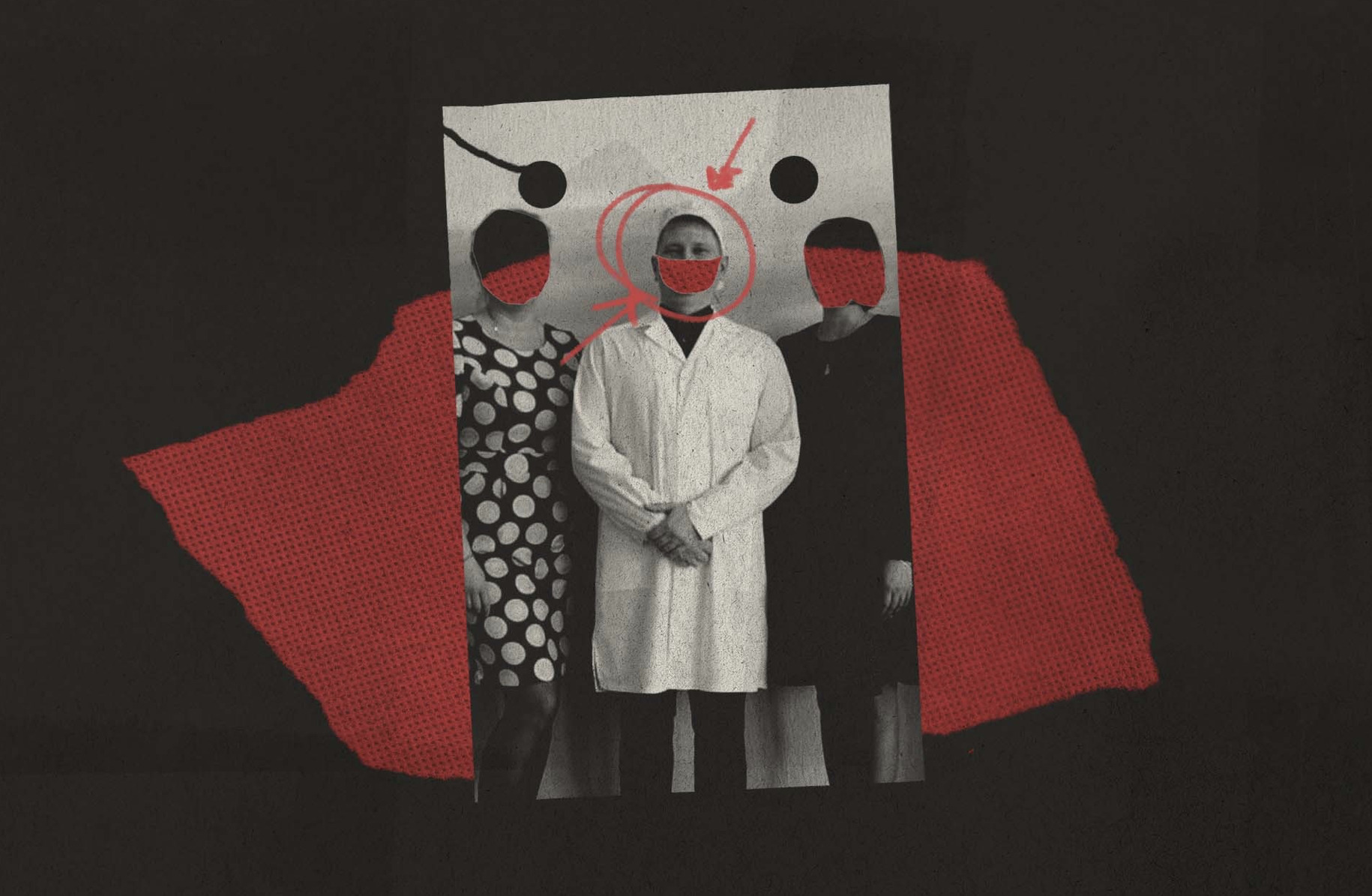

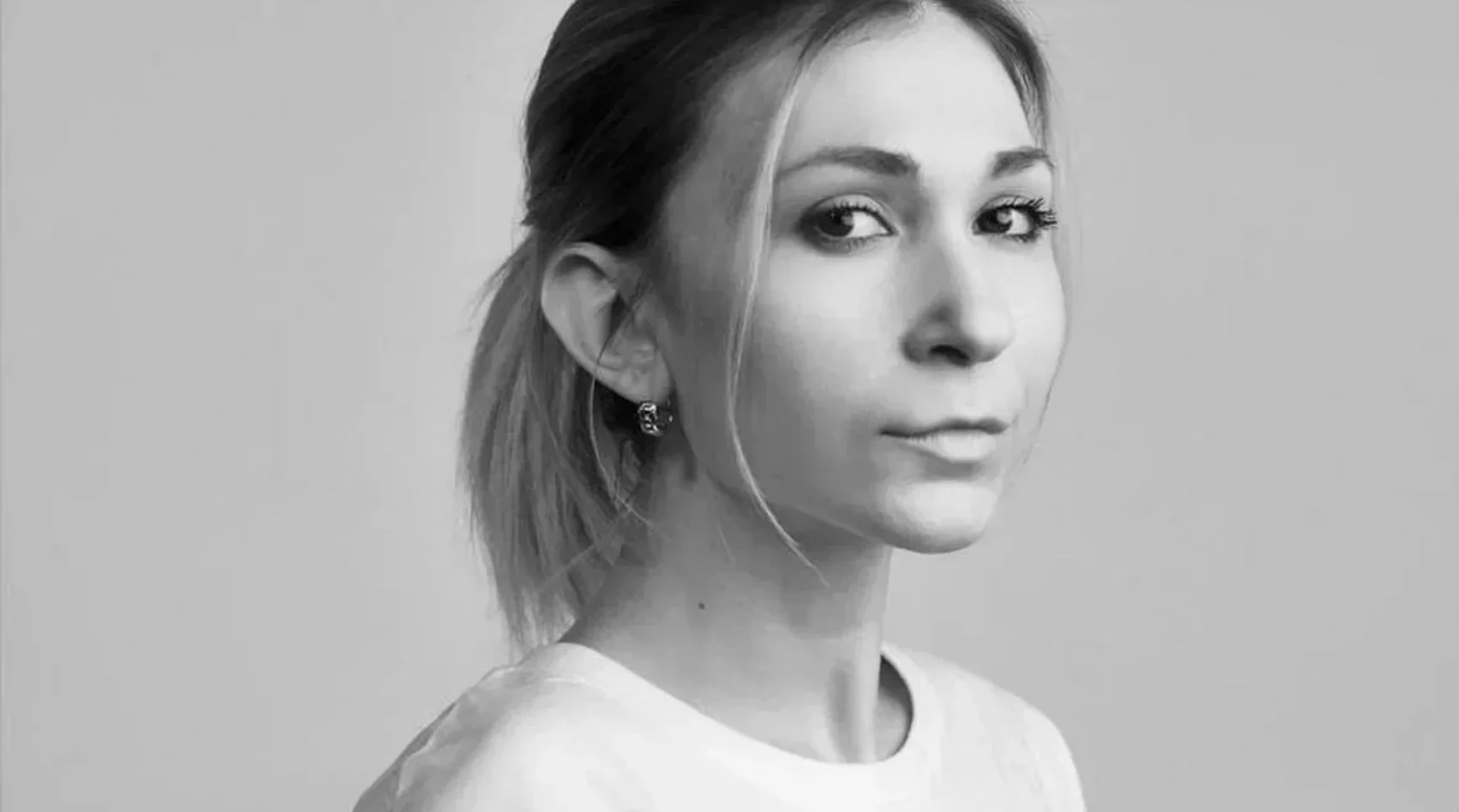
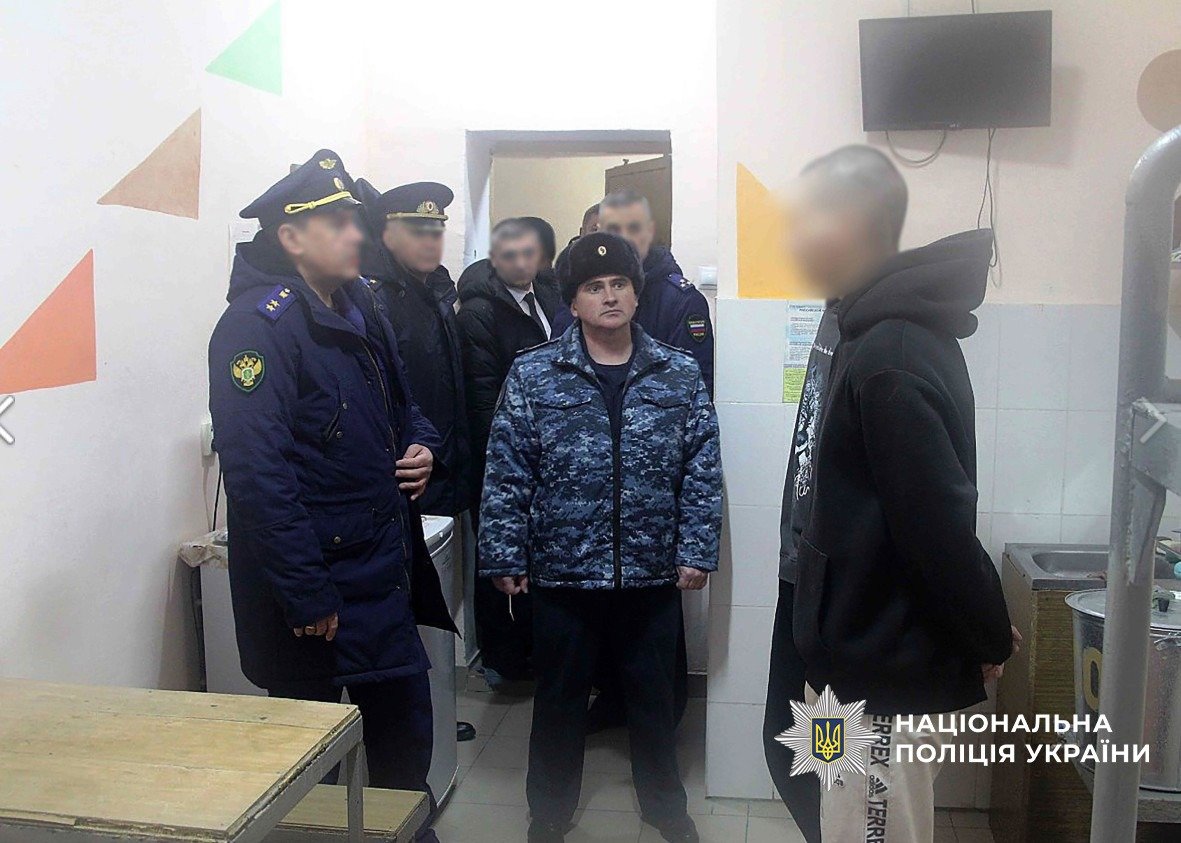
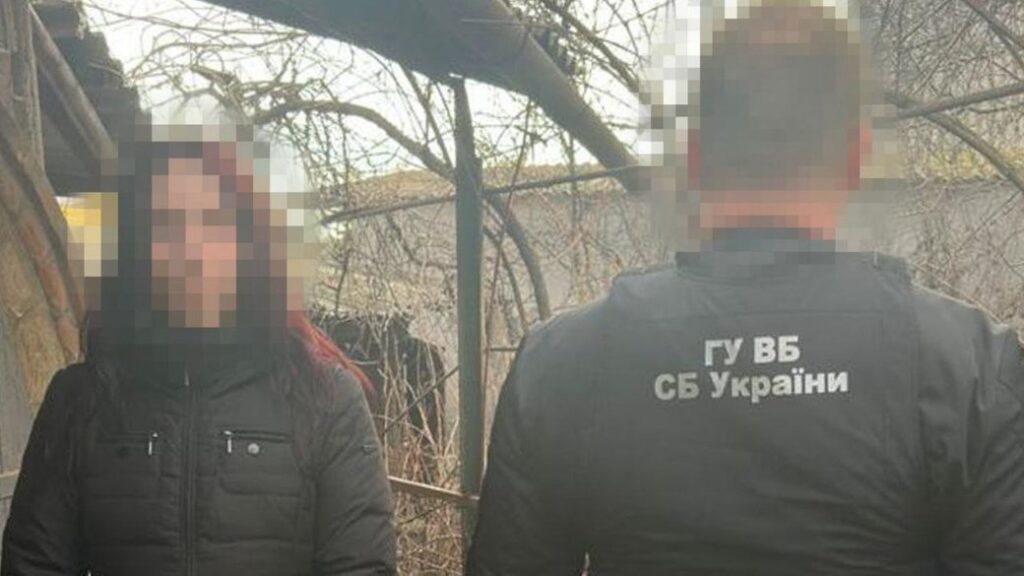
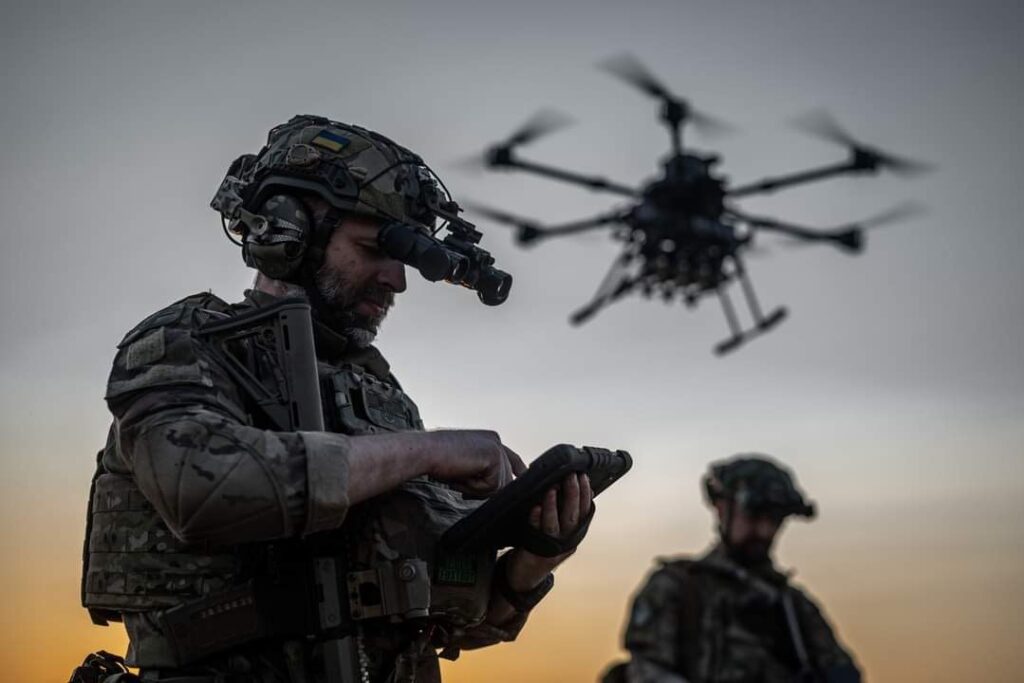
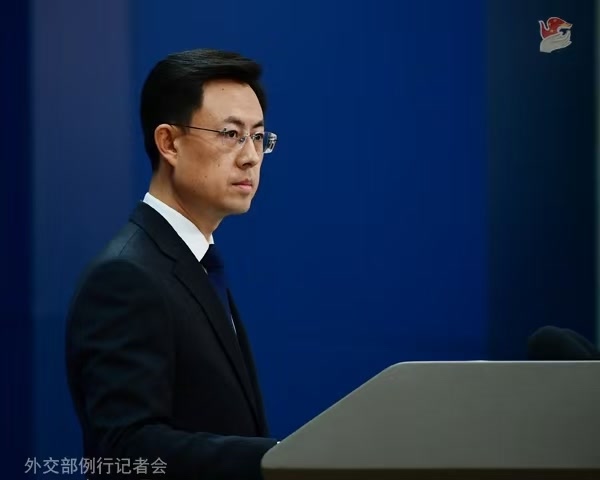

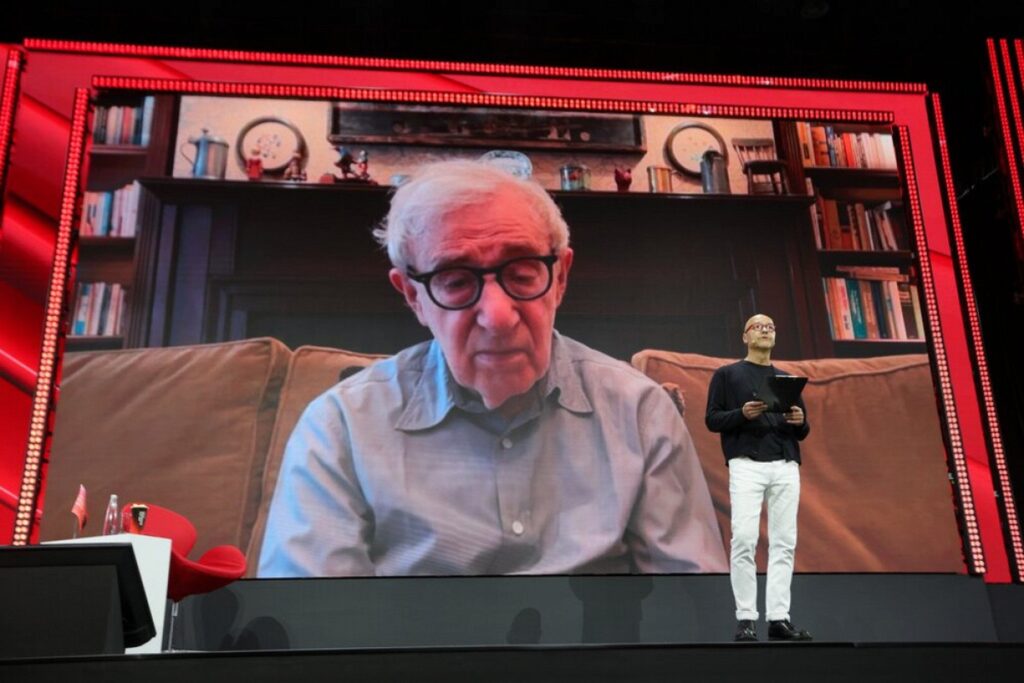
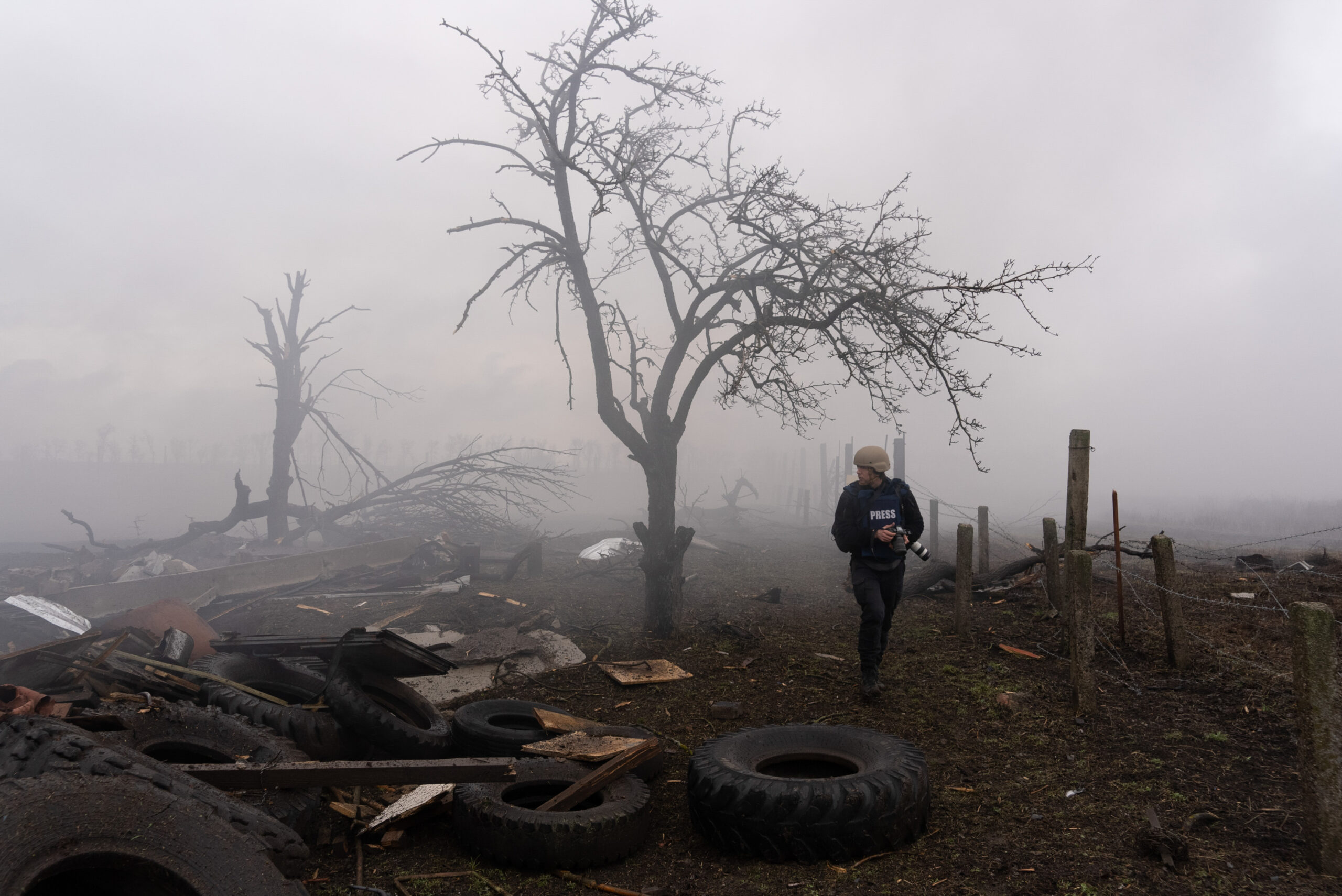
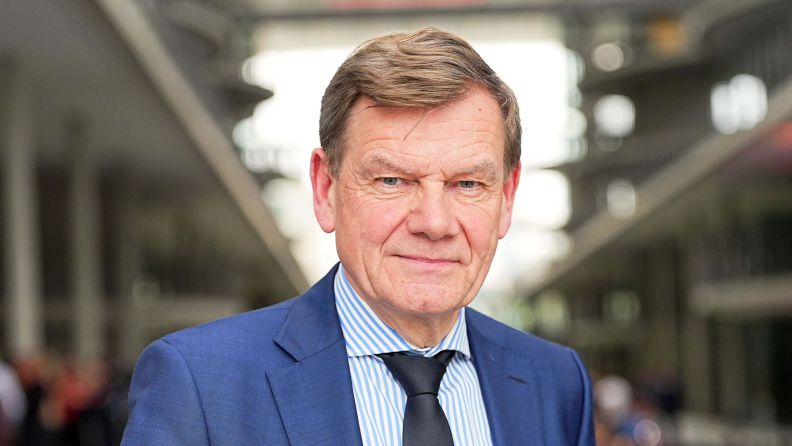
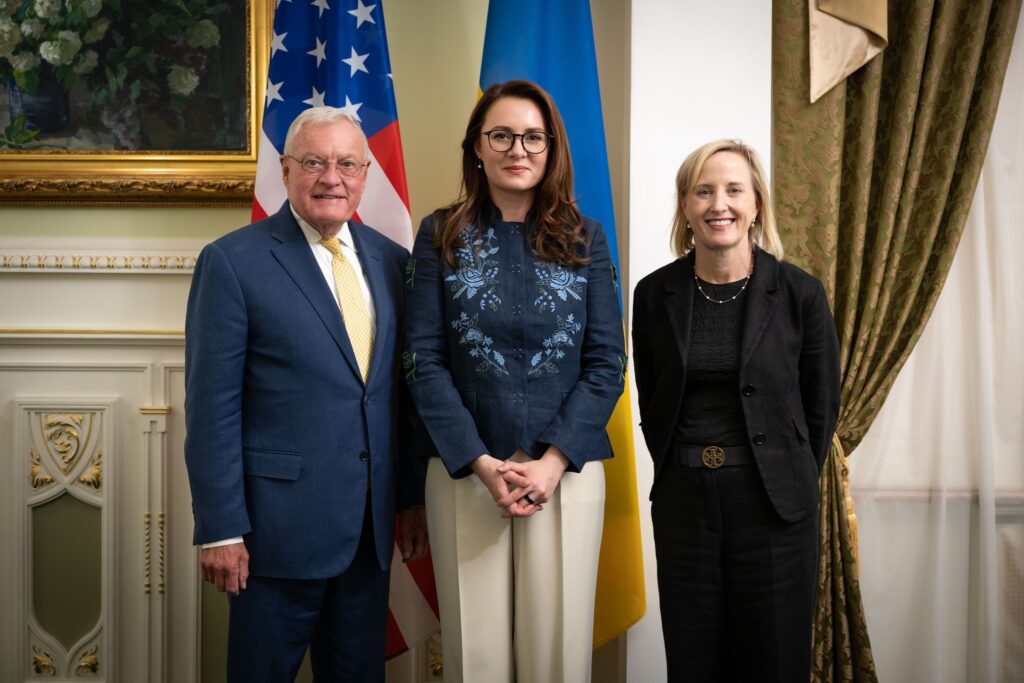
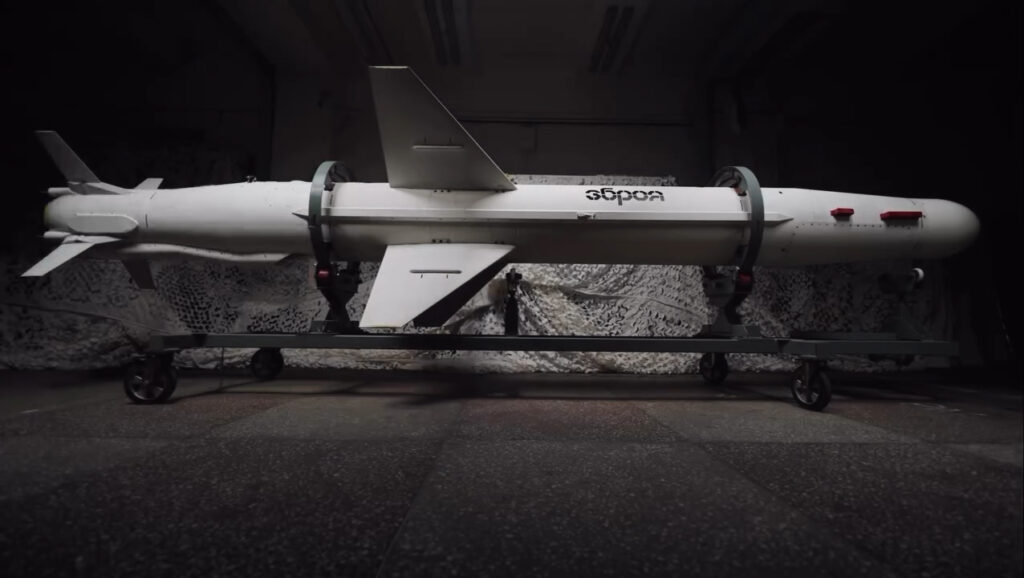
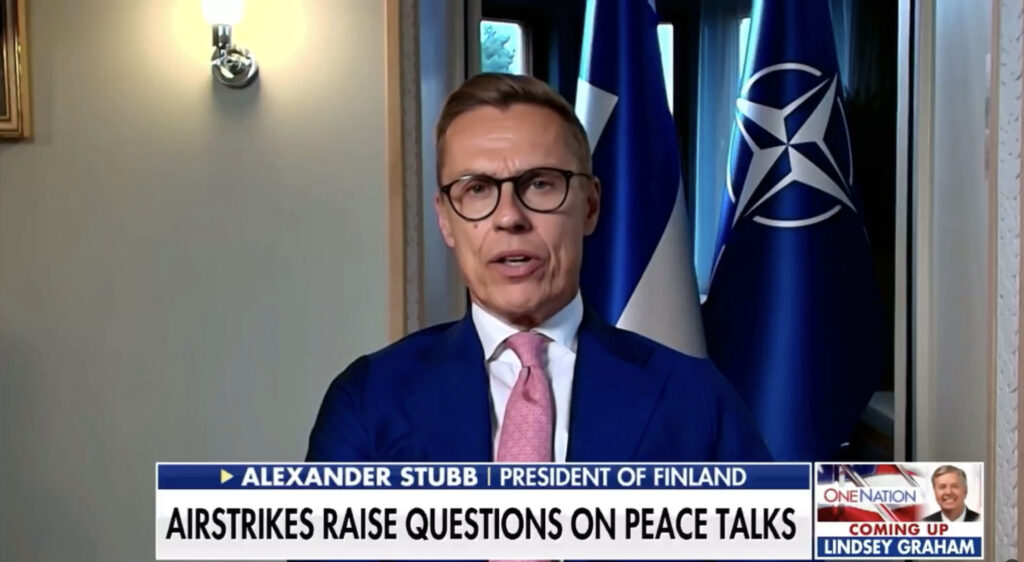
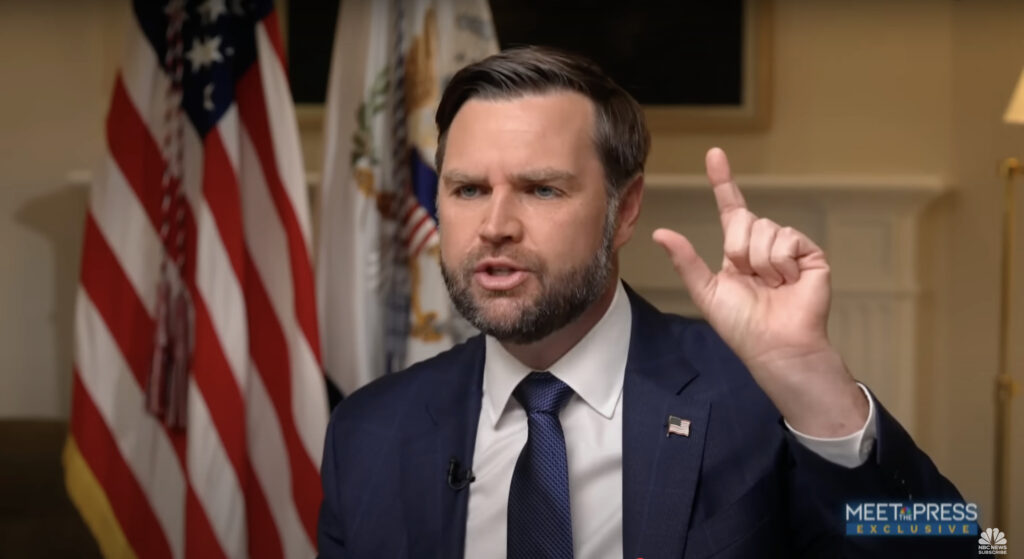
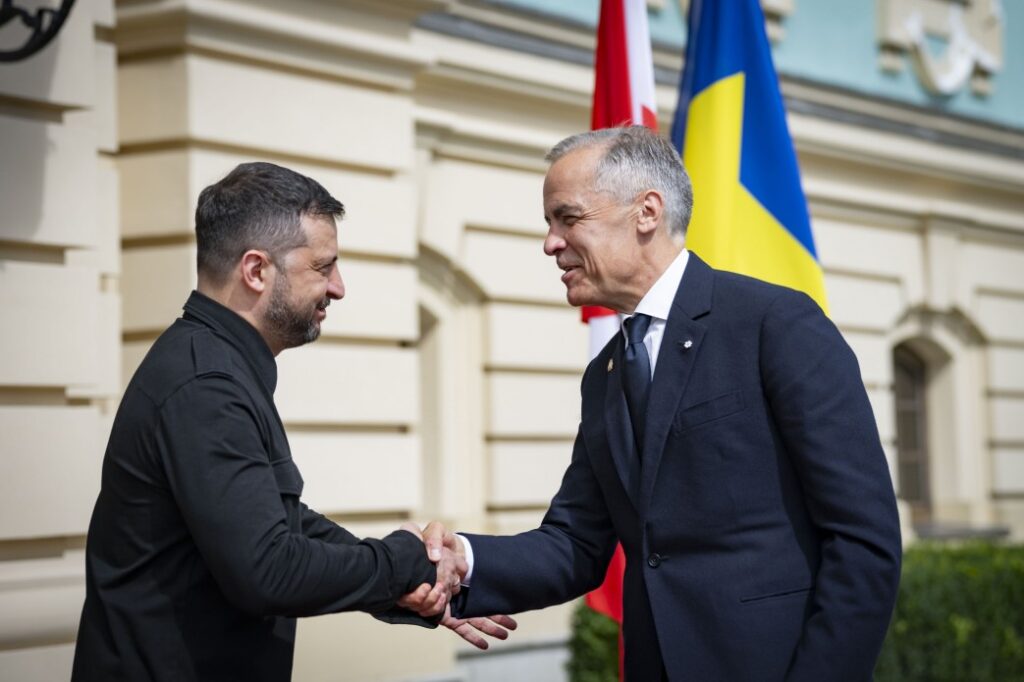
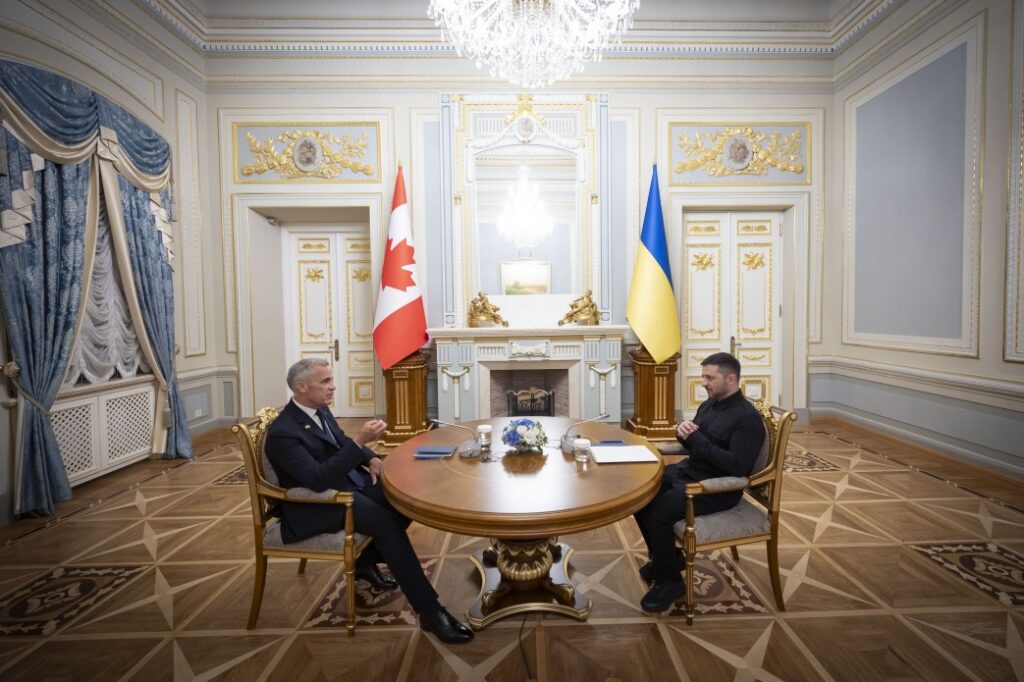
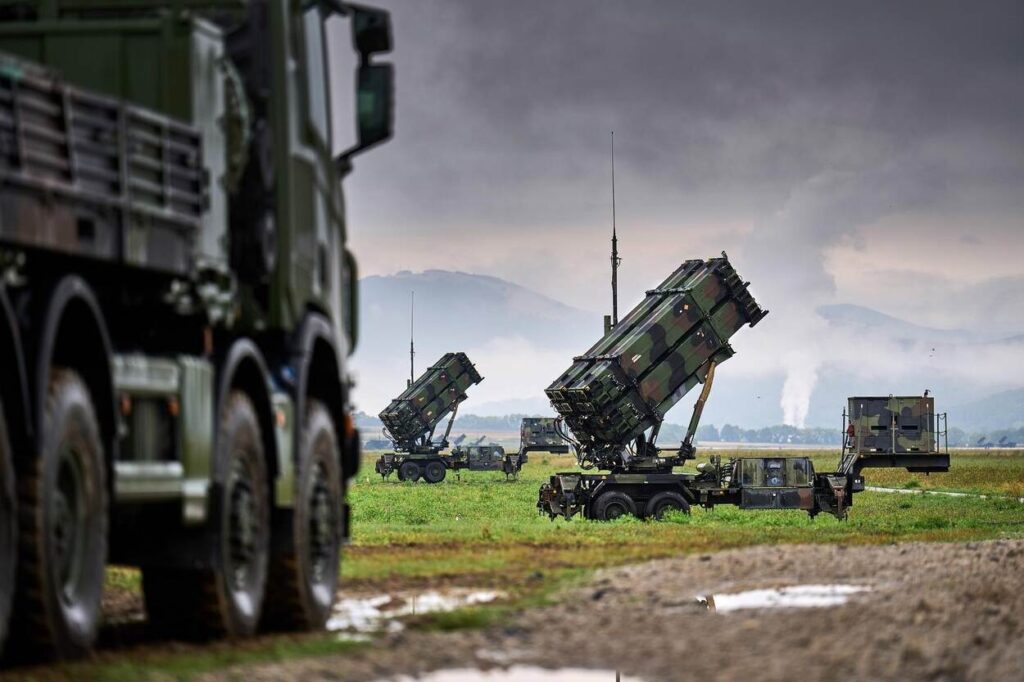
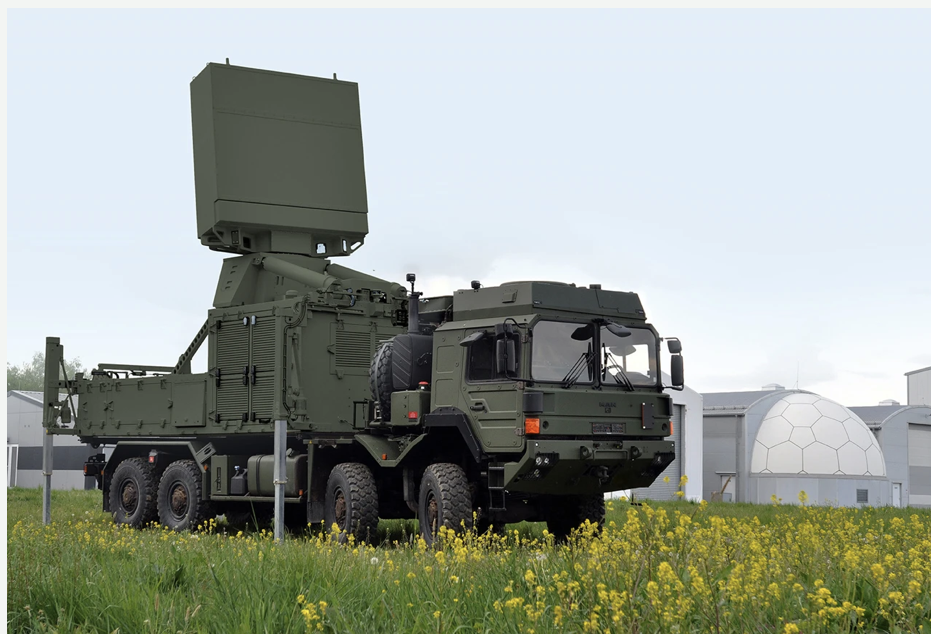
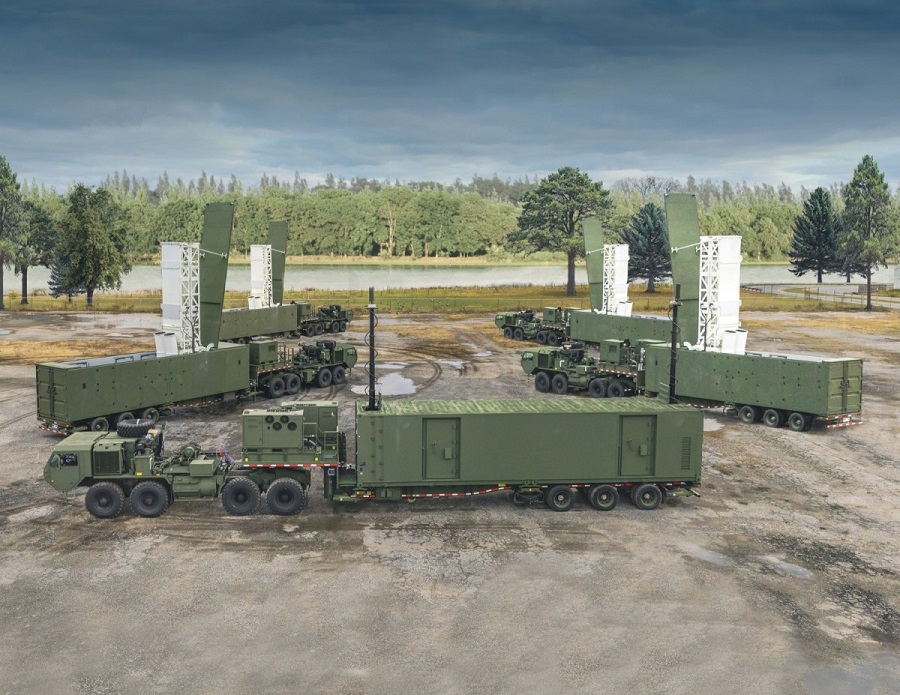
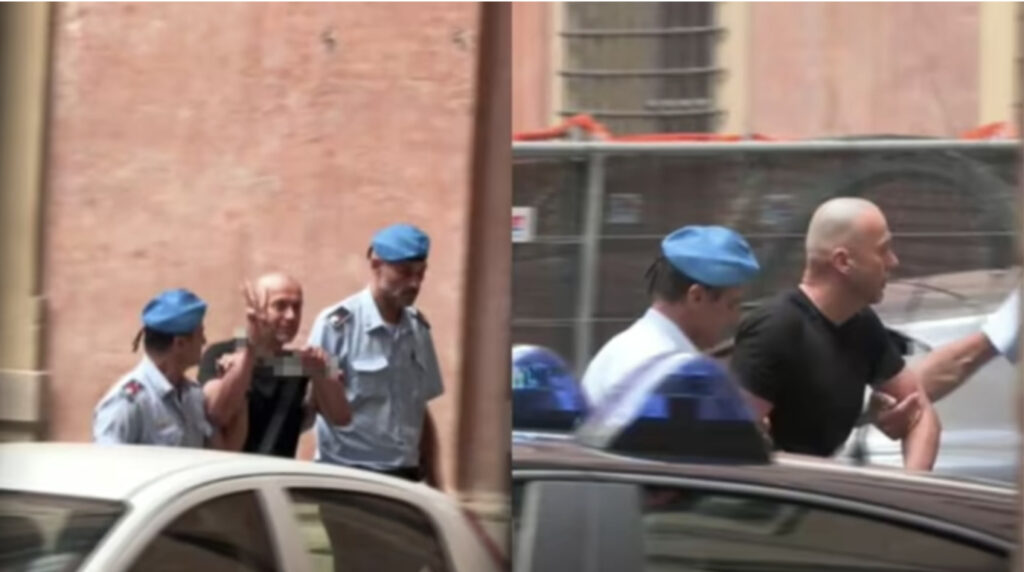

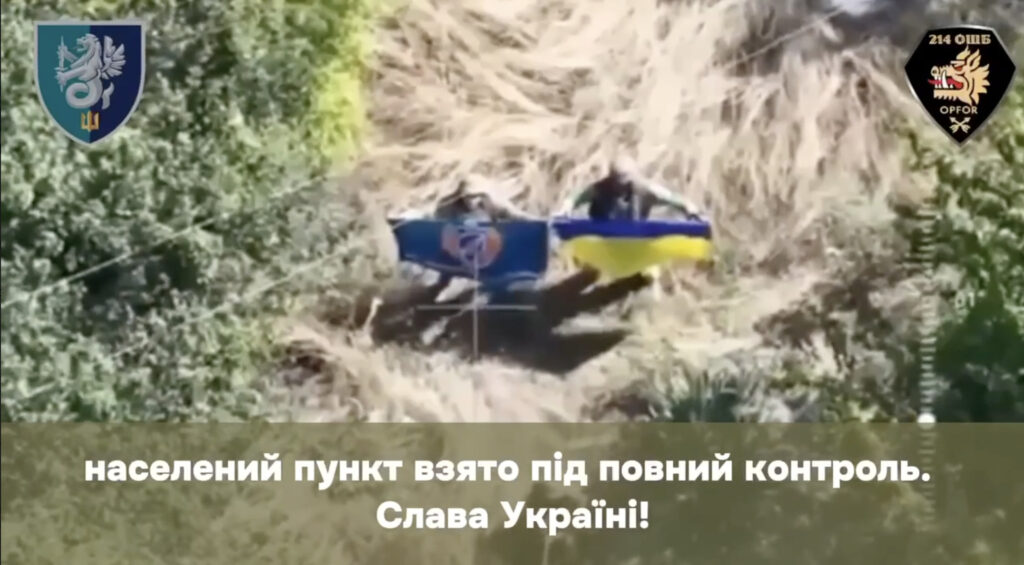
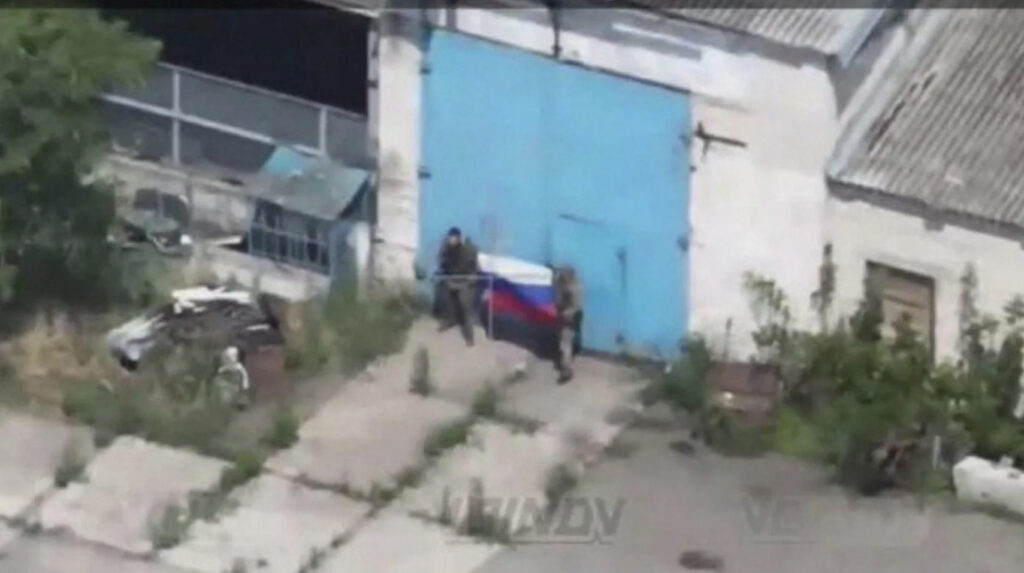
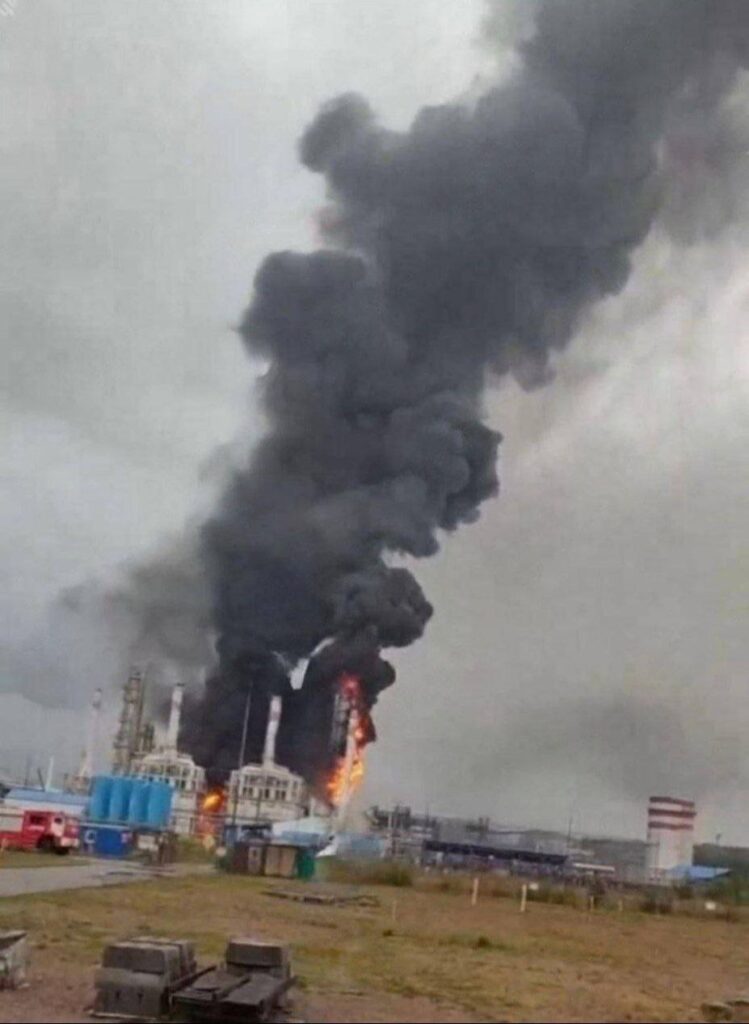
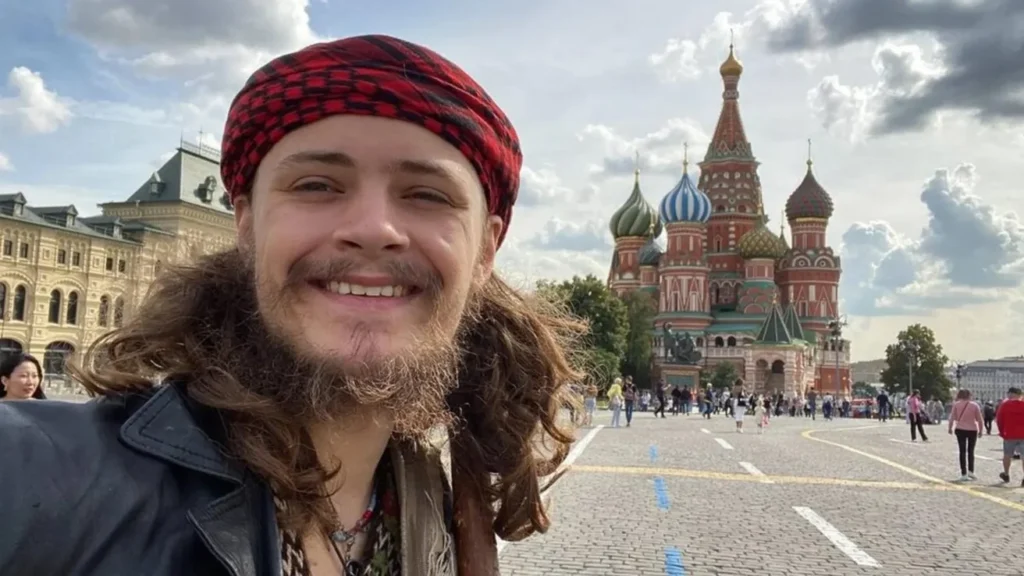
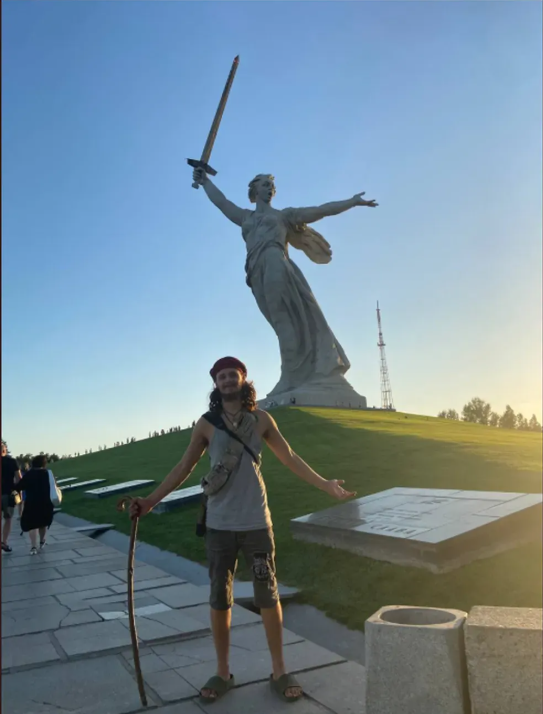
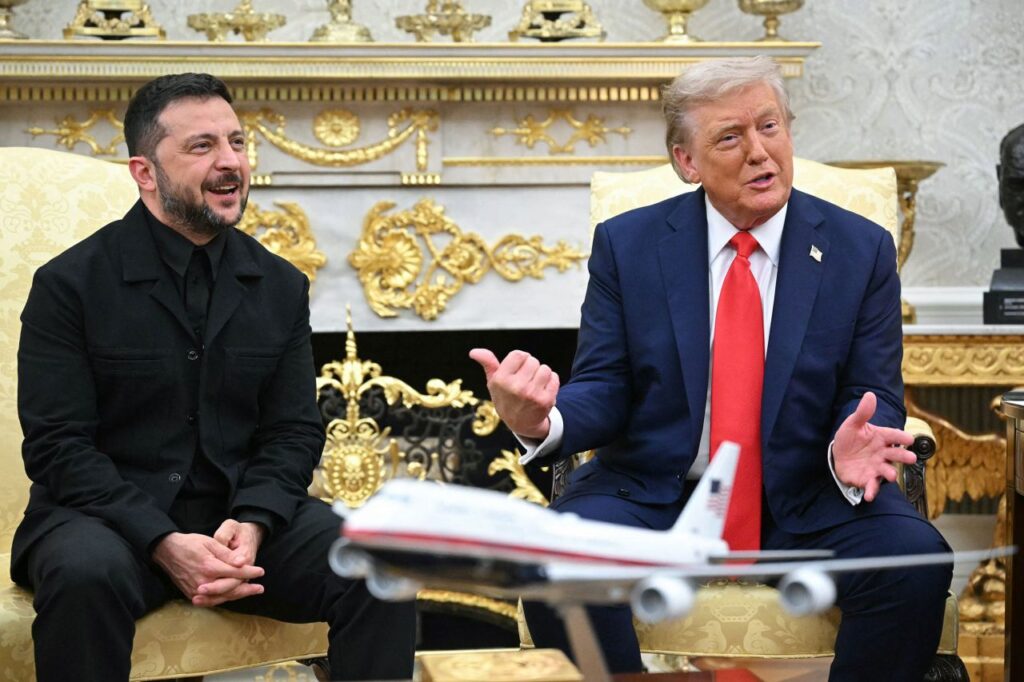

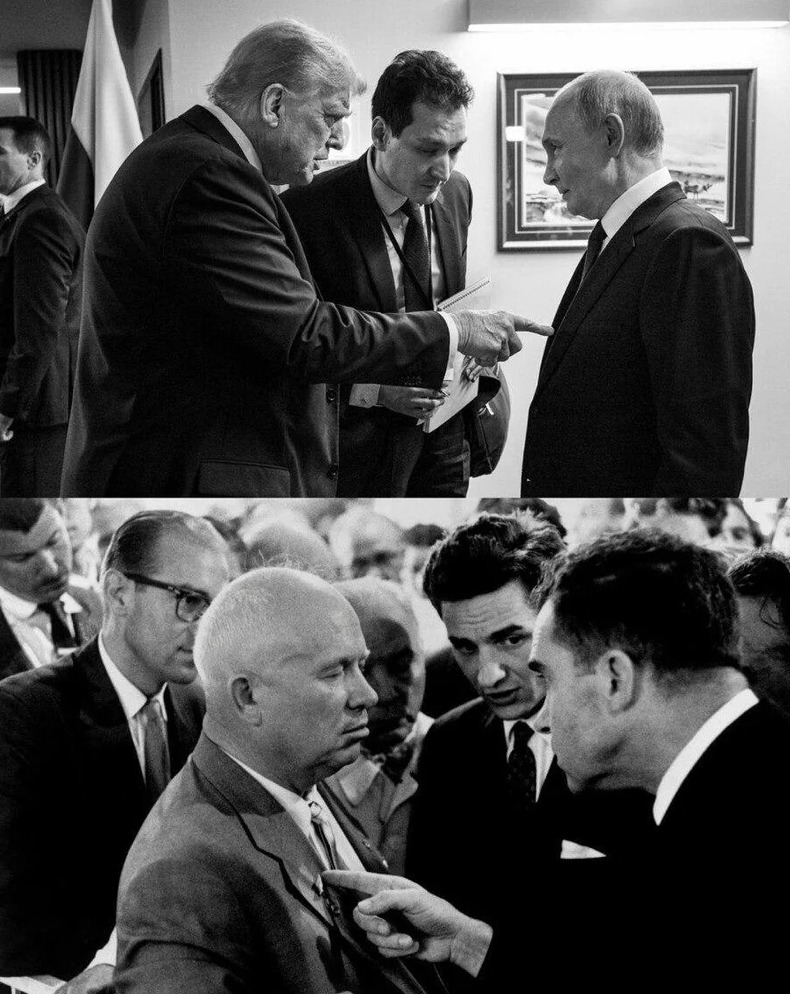
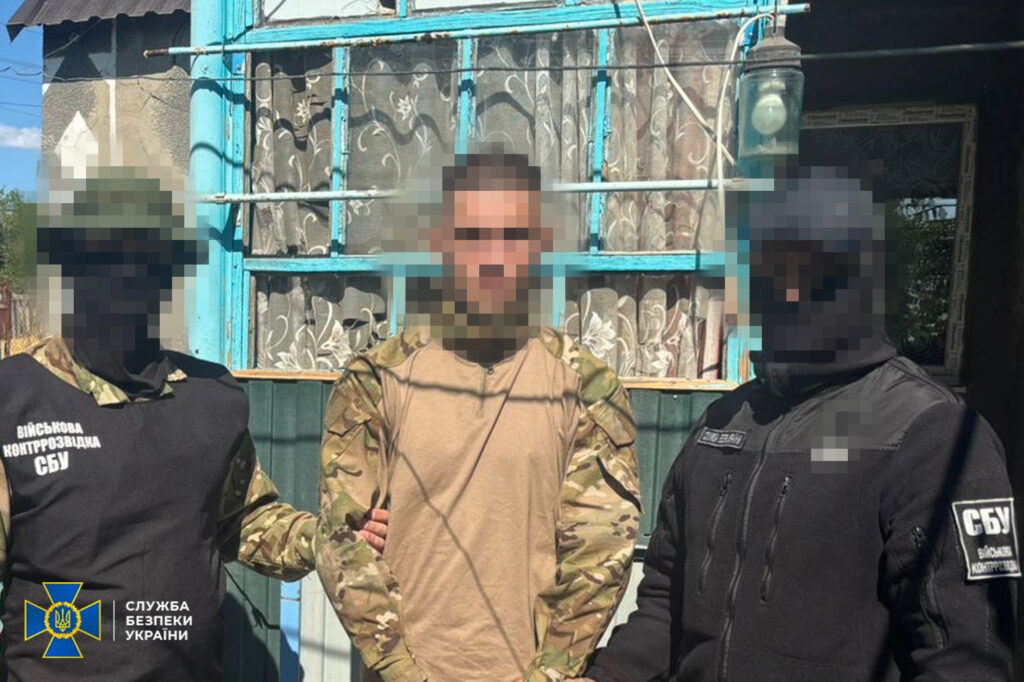

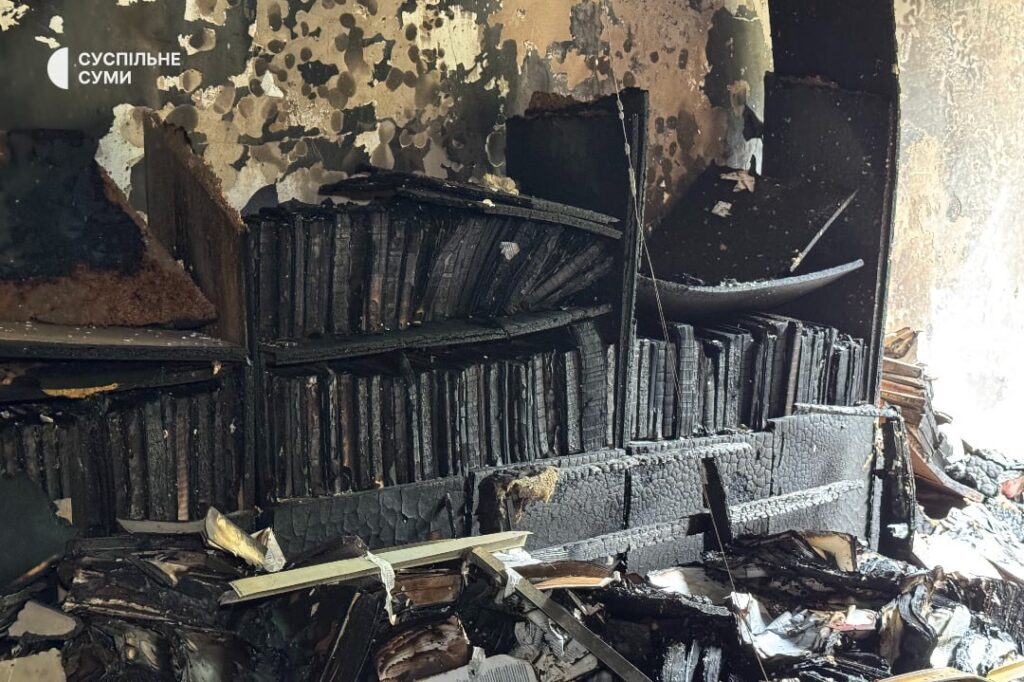
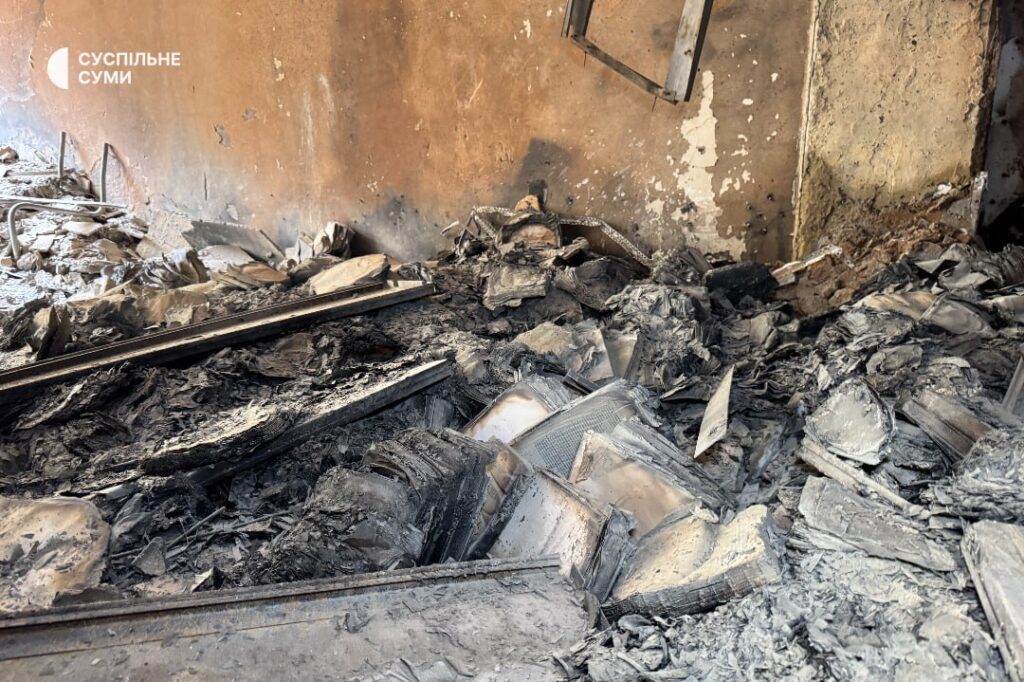
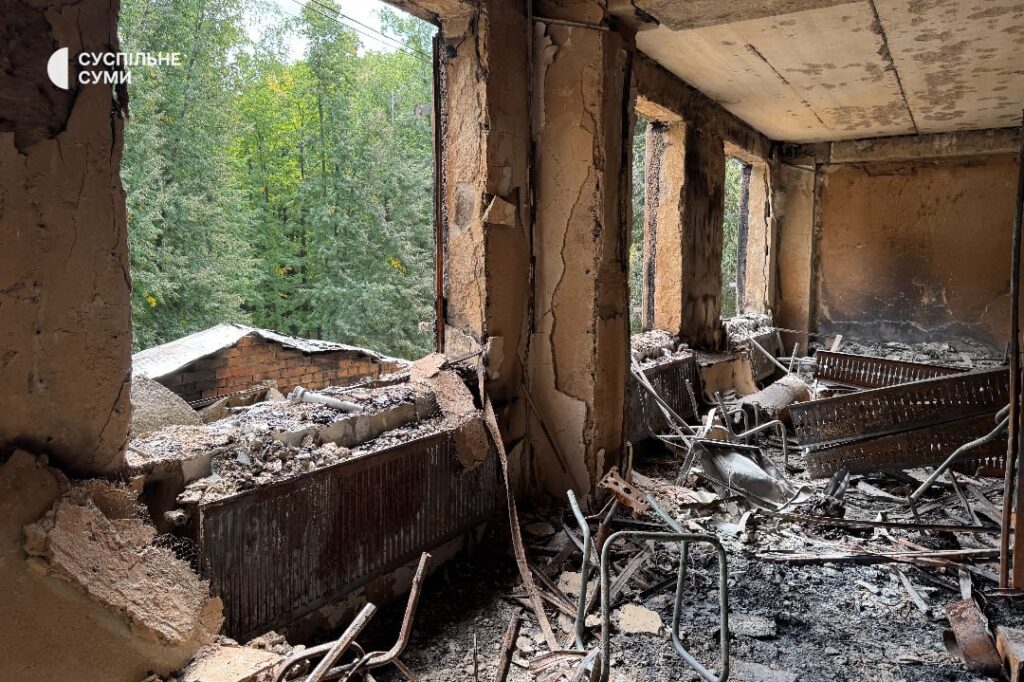
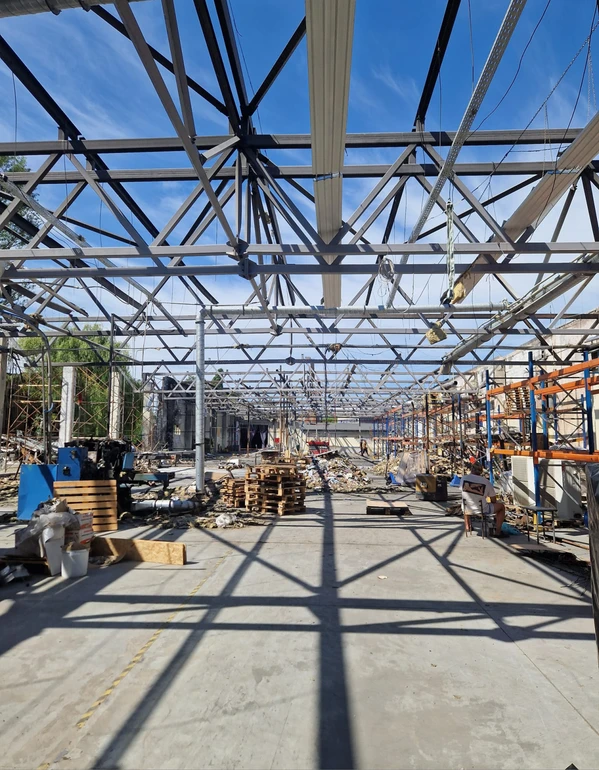
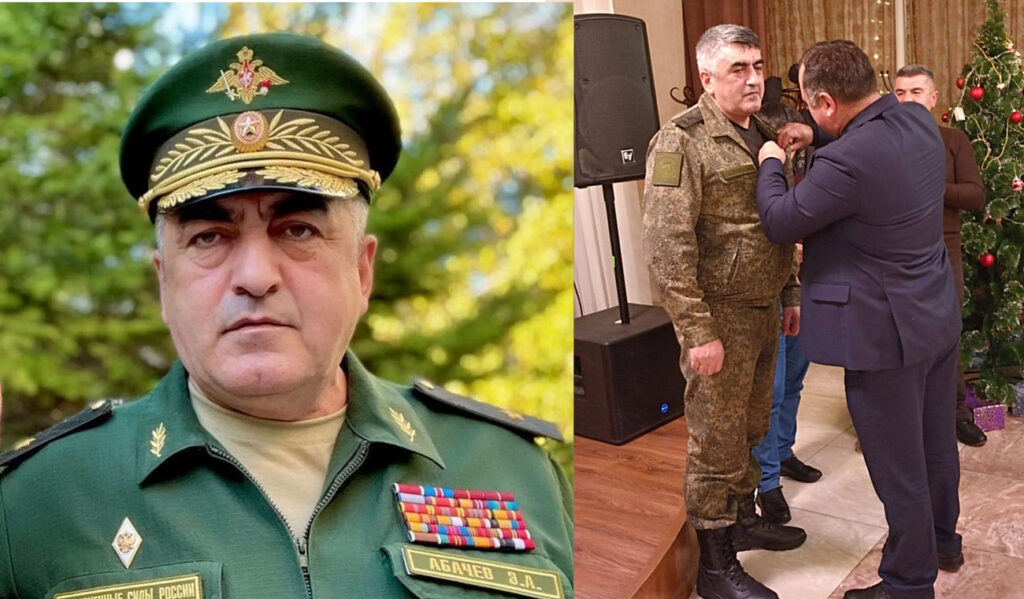
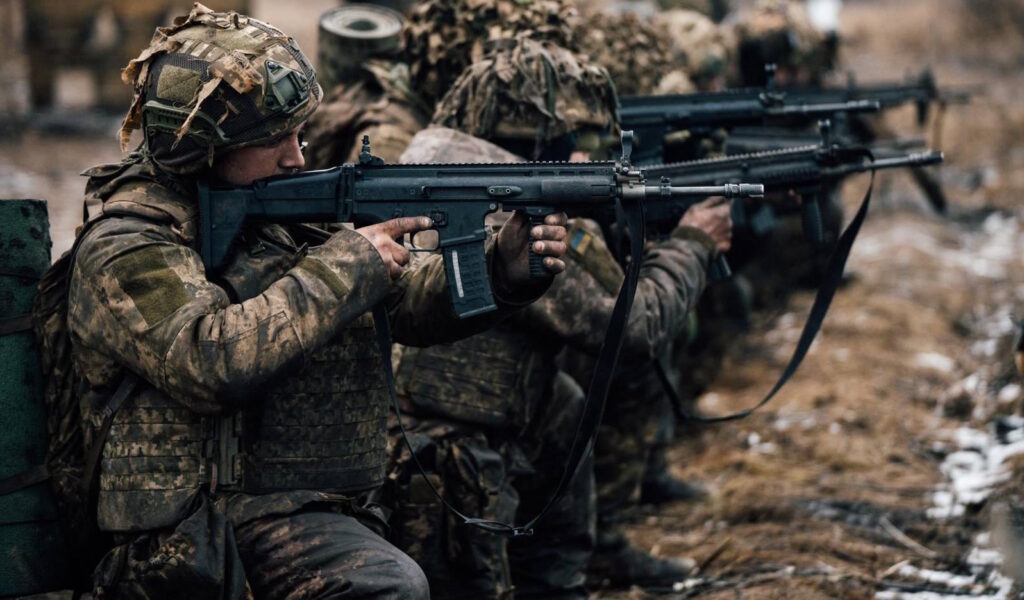

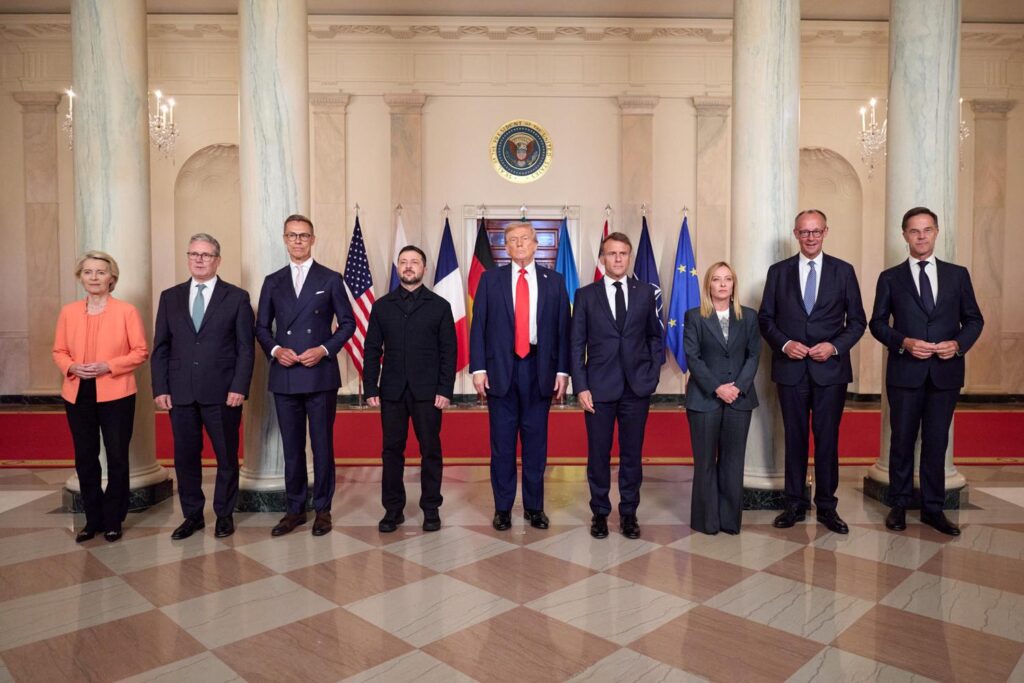
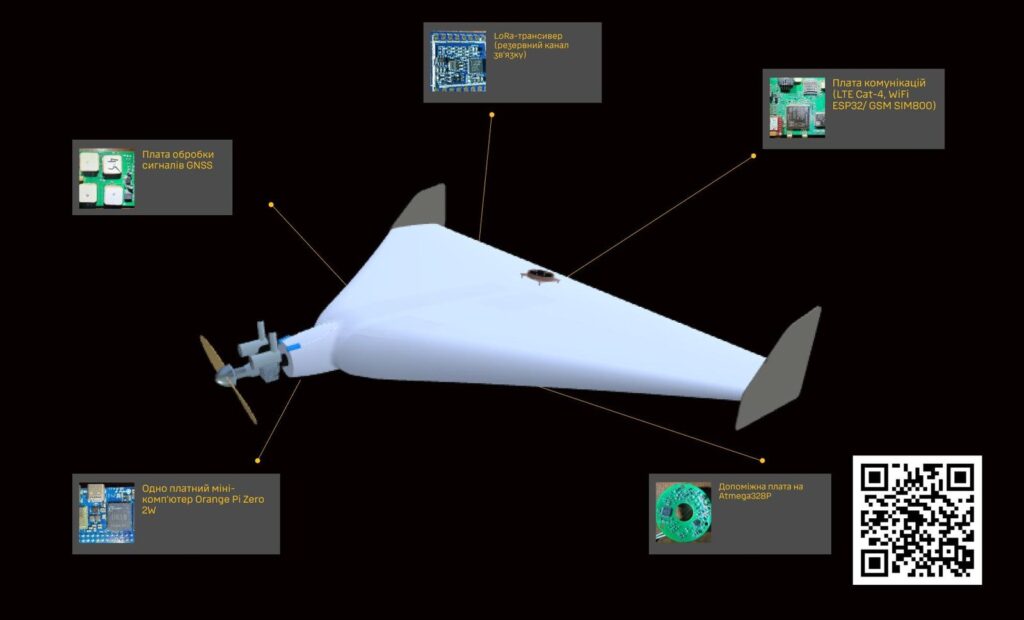
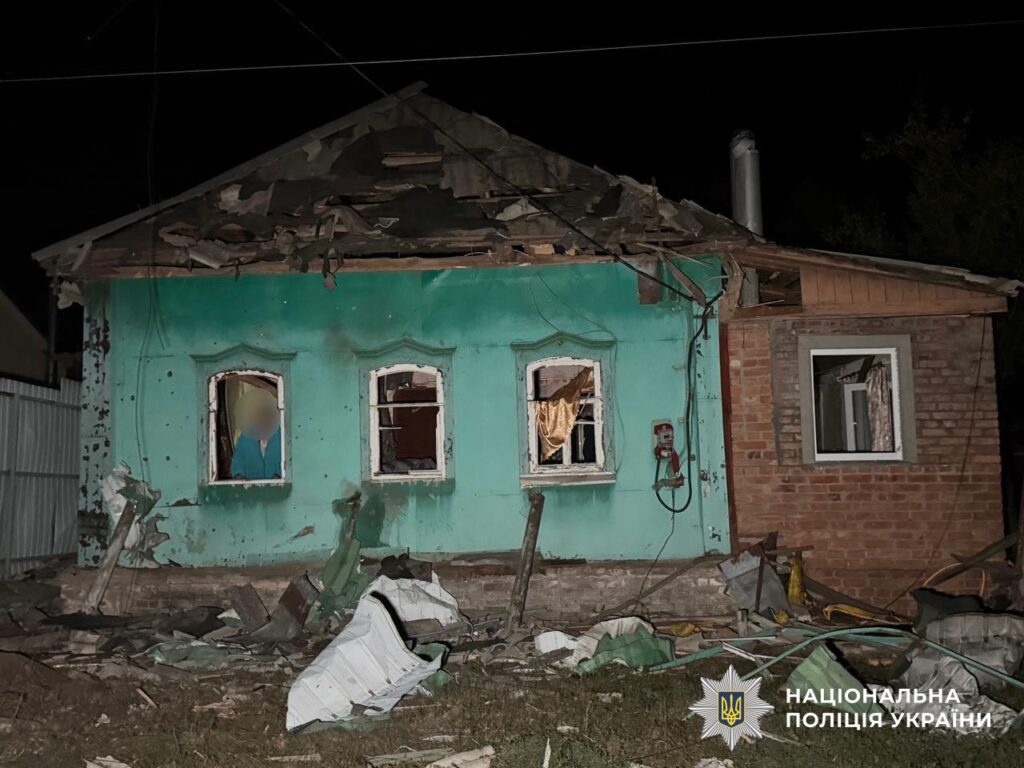
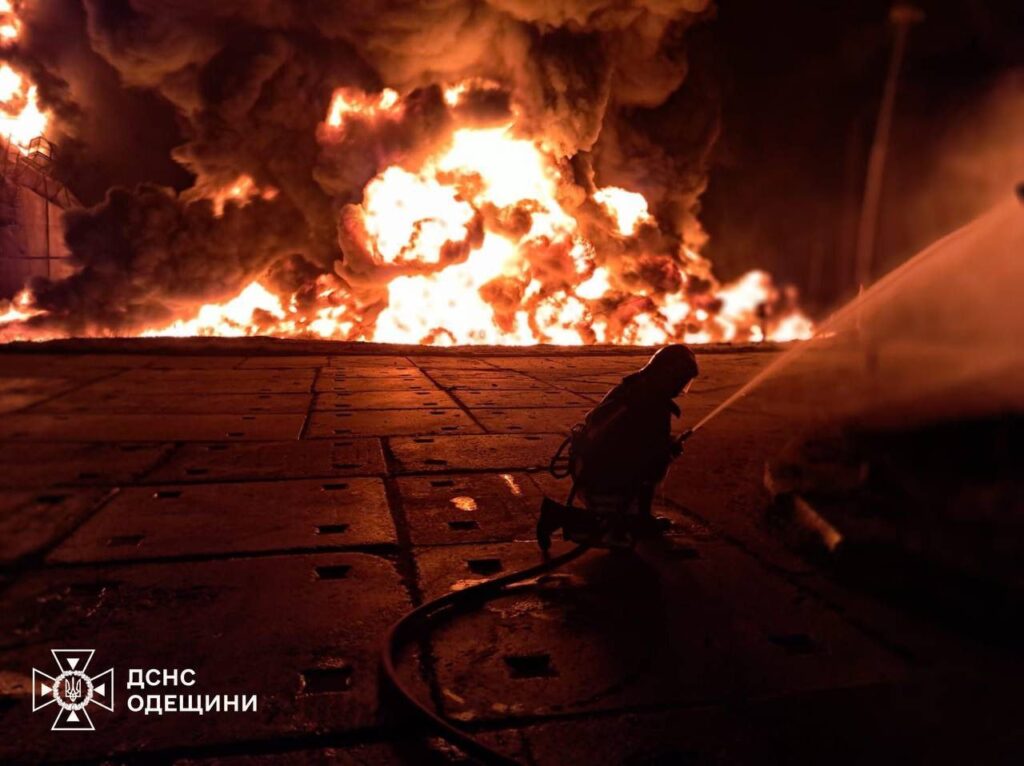
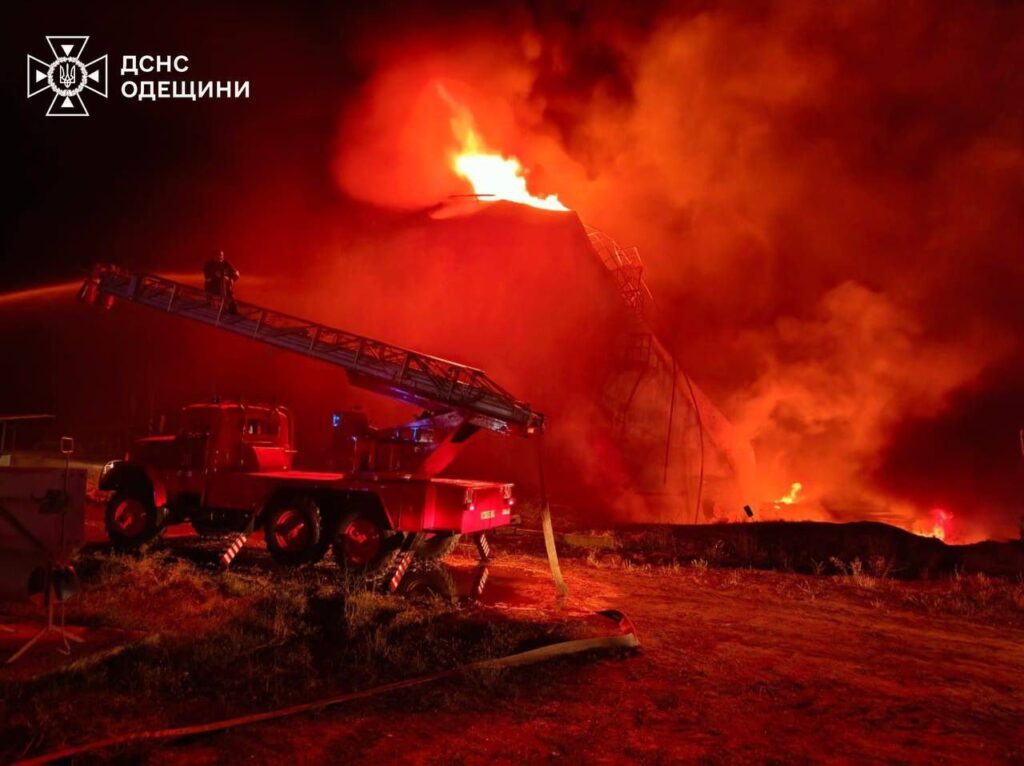
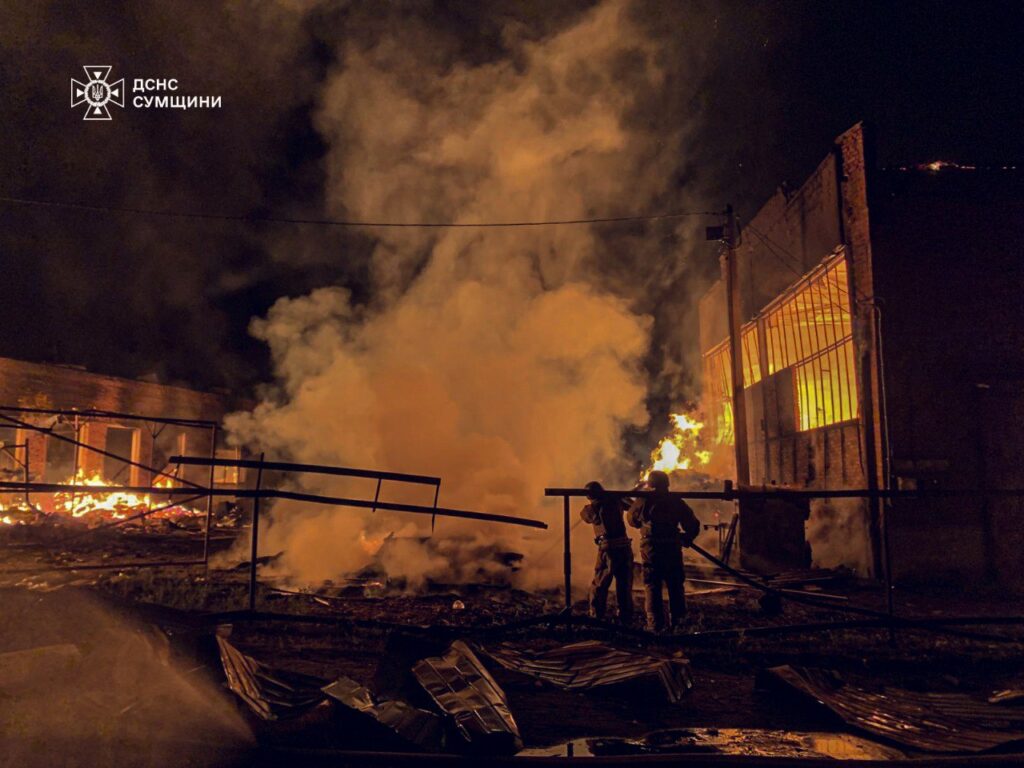
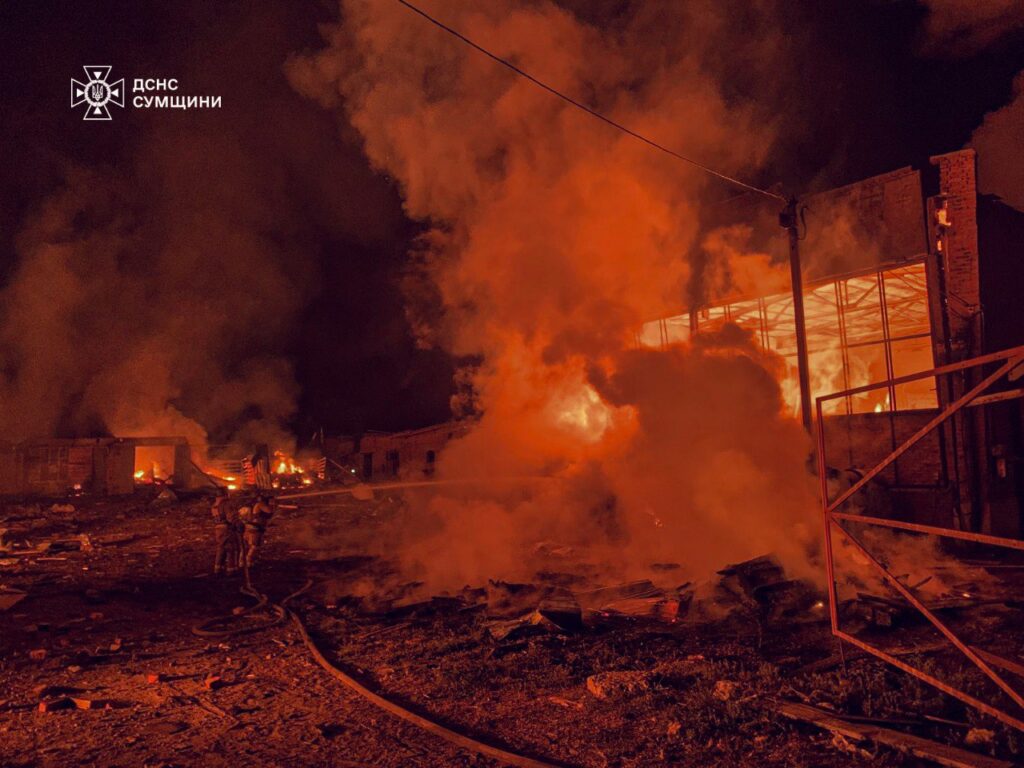
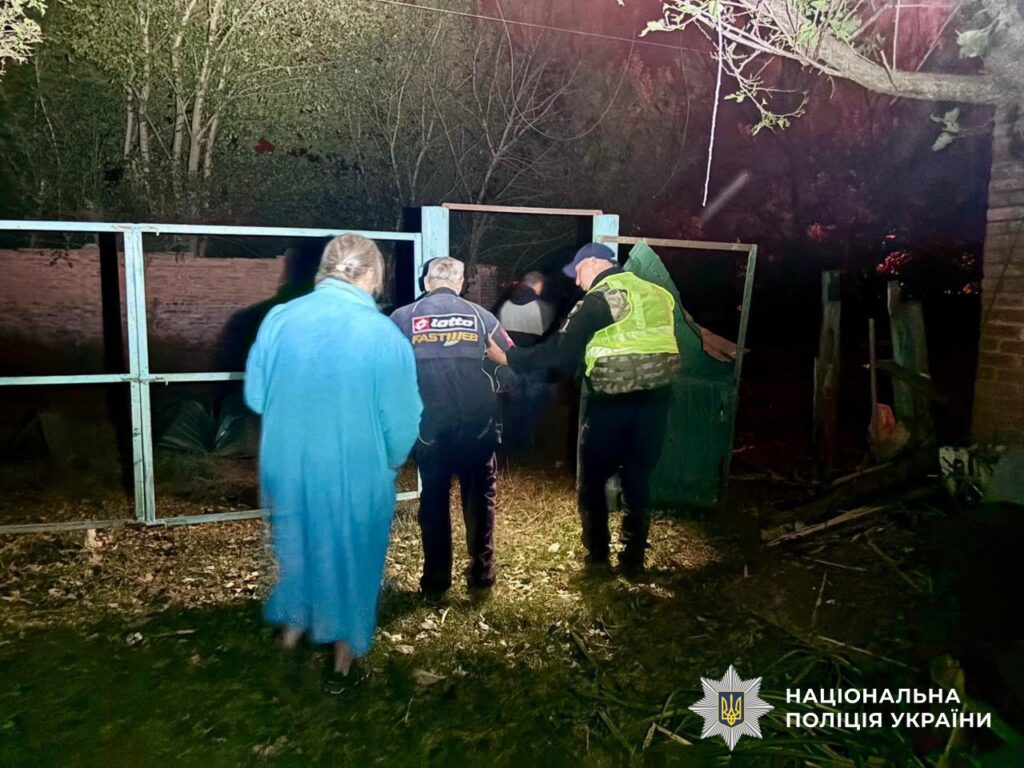
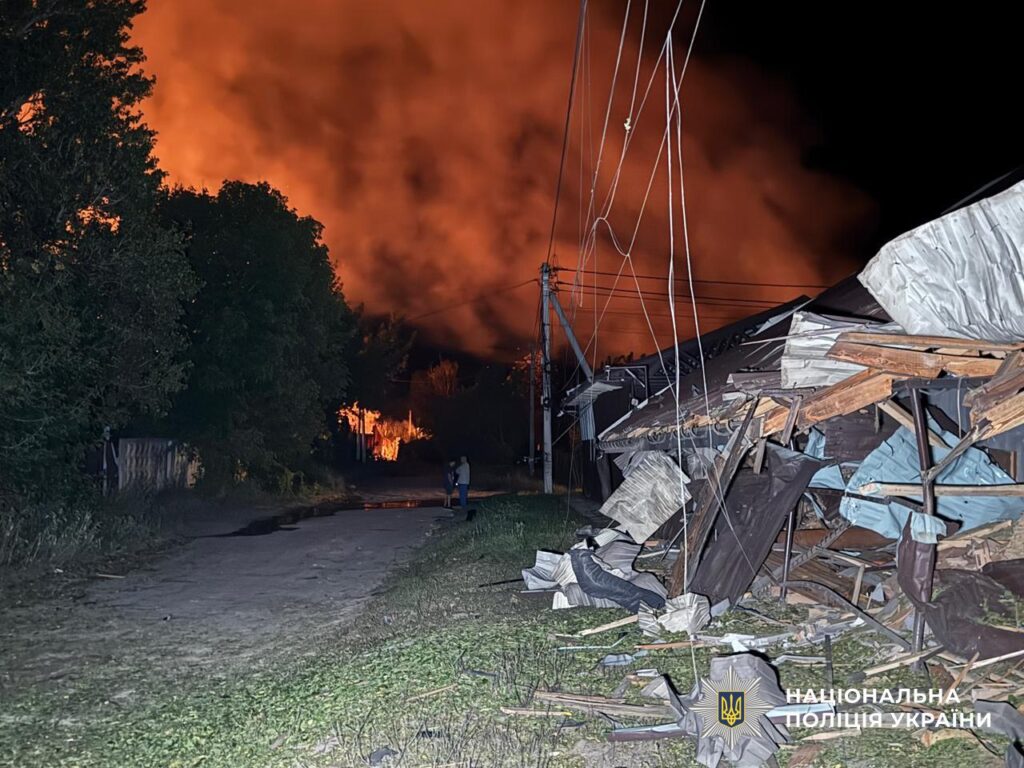
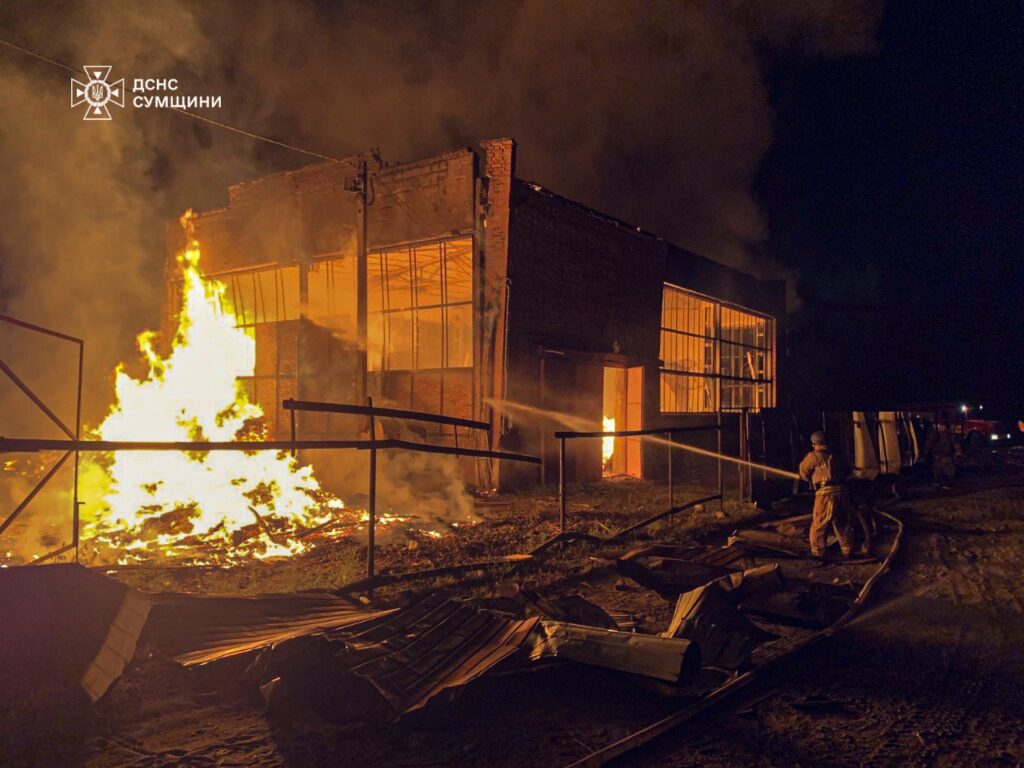
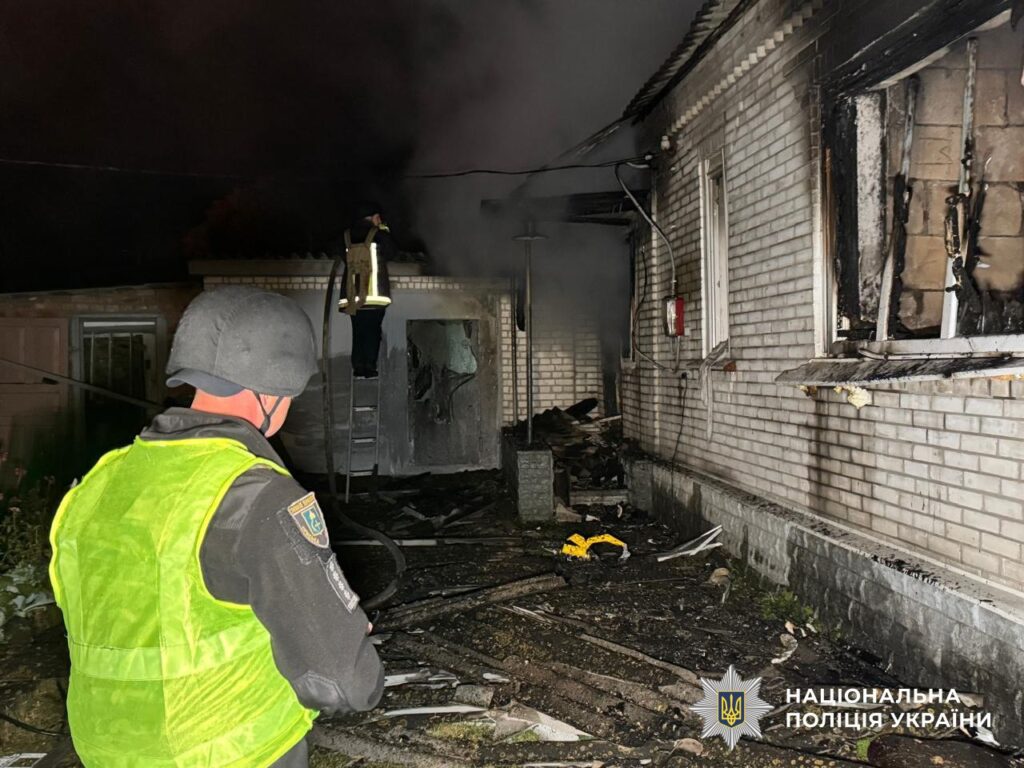
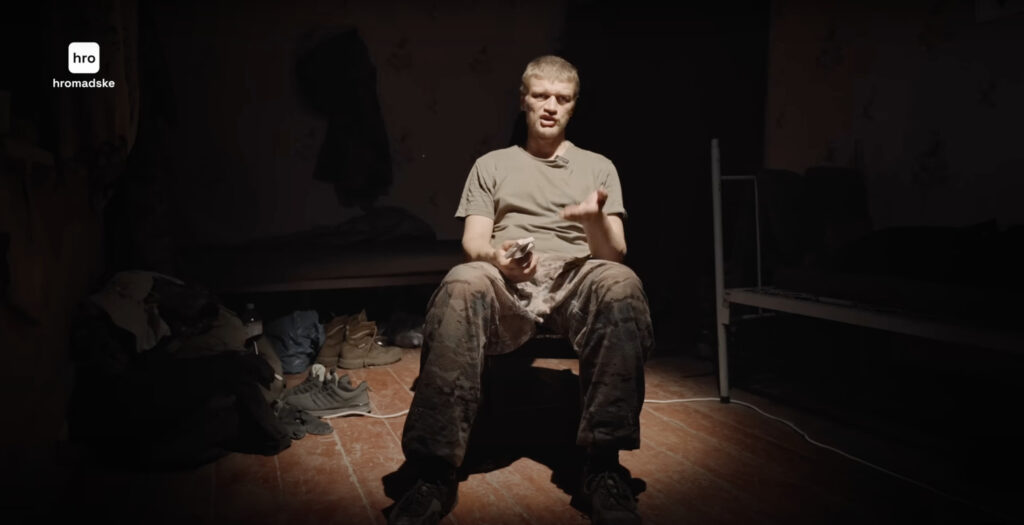
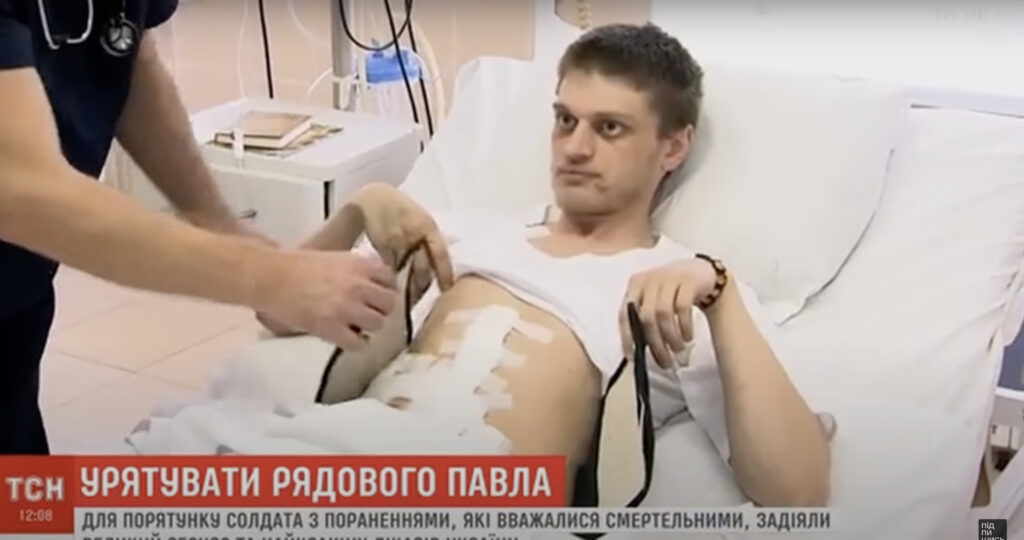
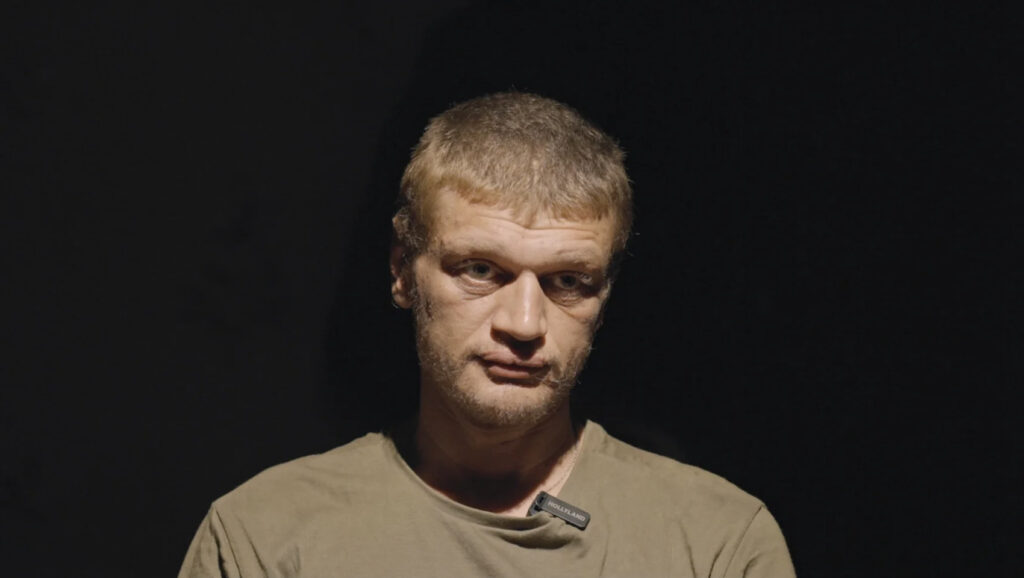
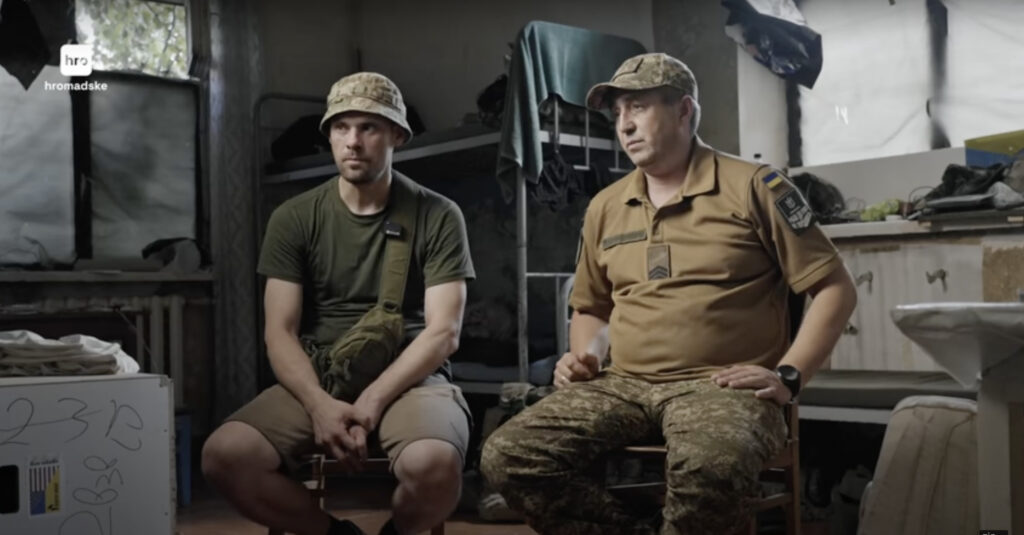

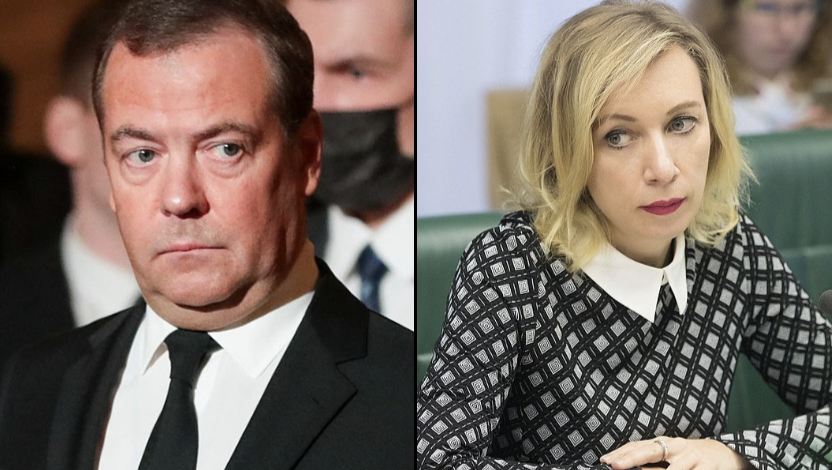
 Oleh Shupliaк
Oleh Shupliaк 